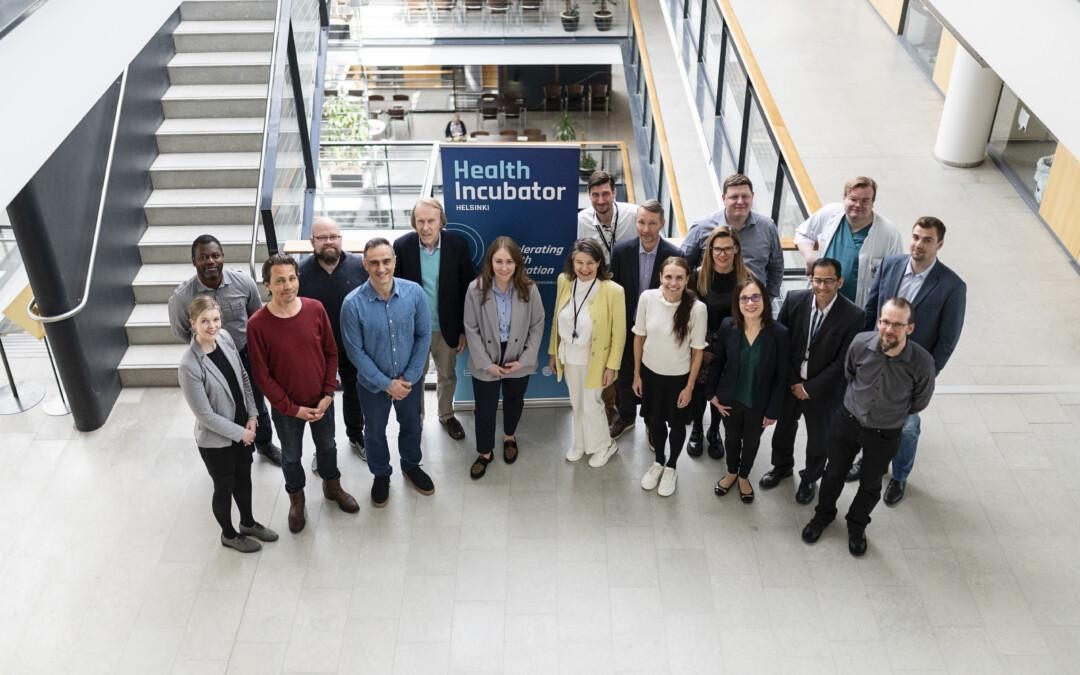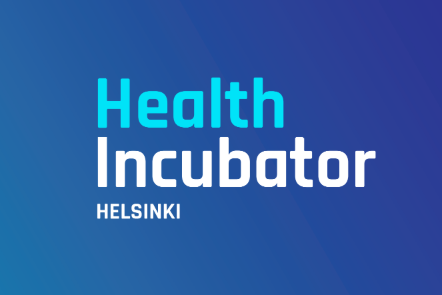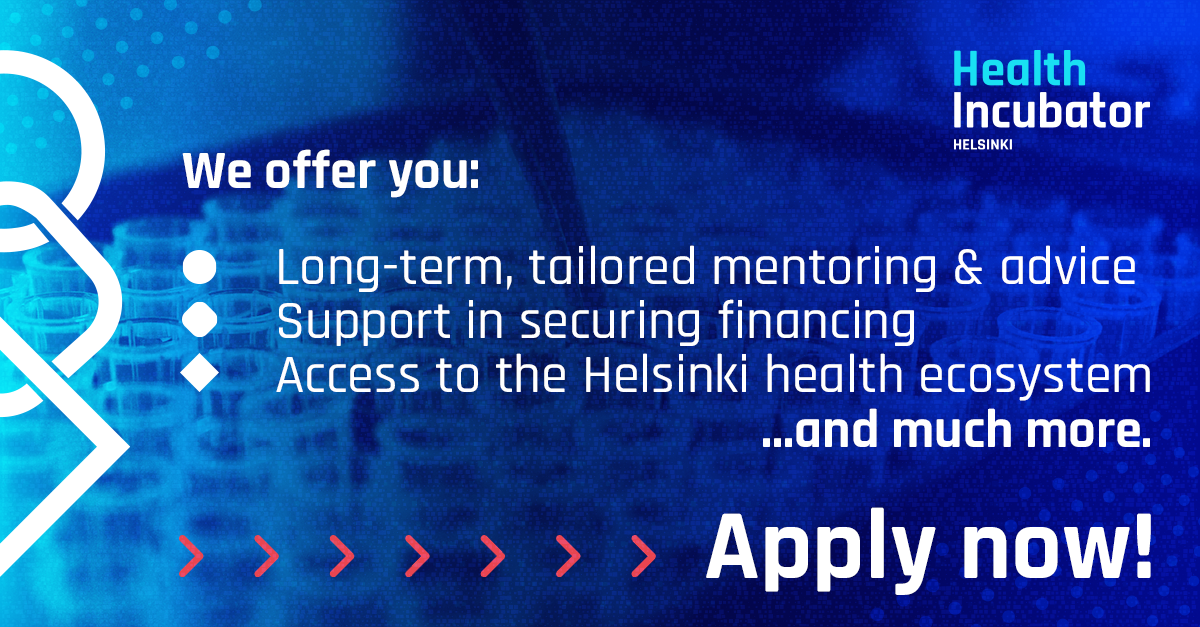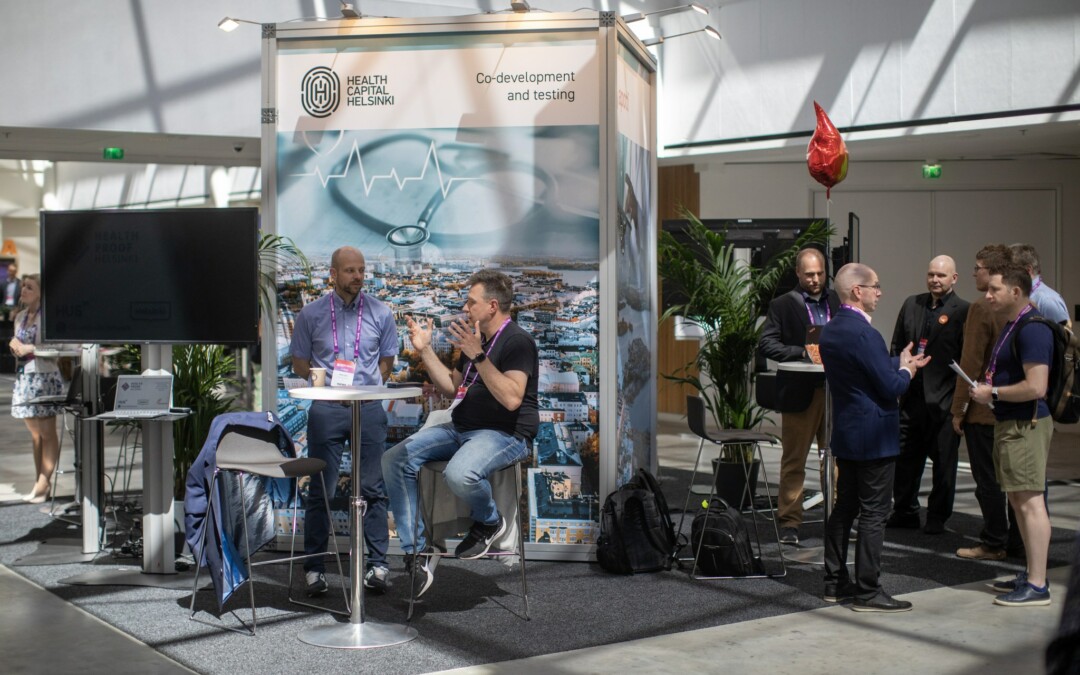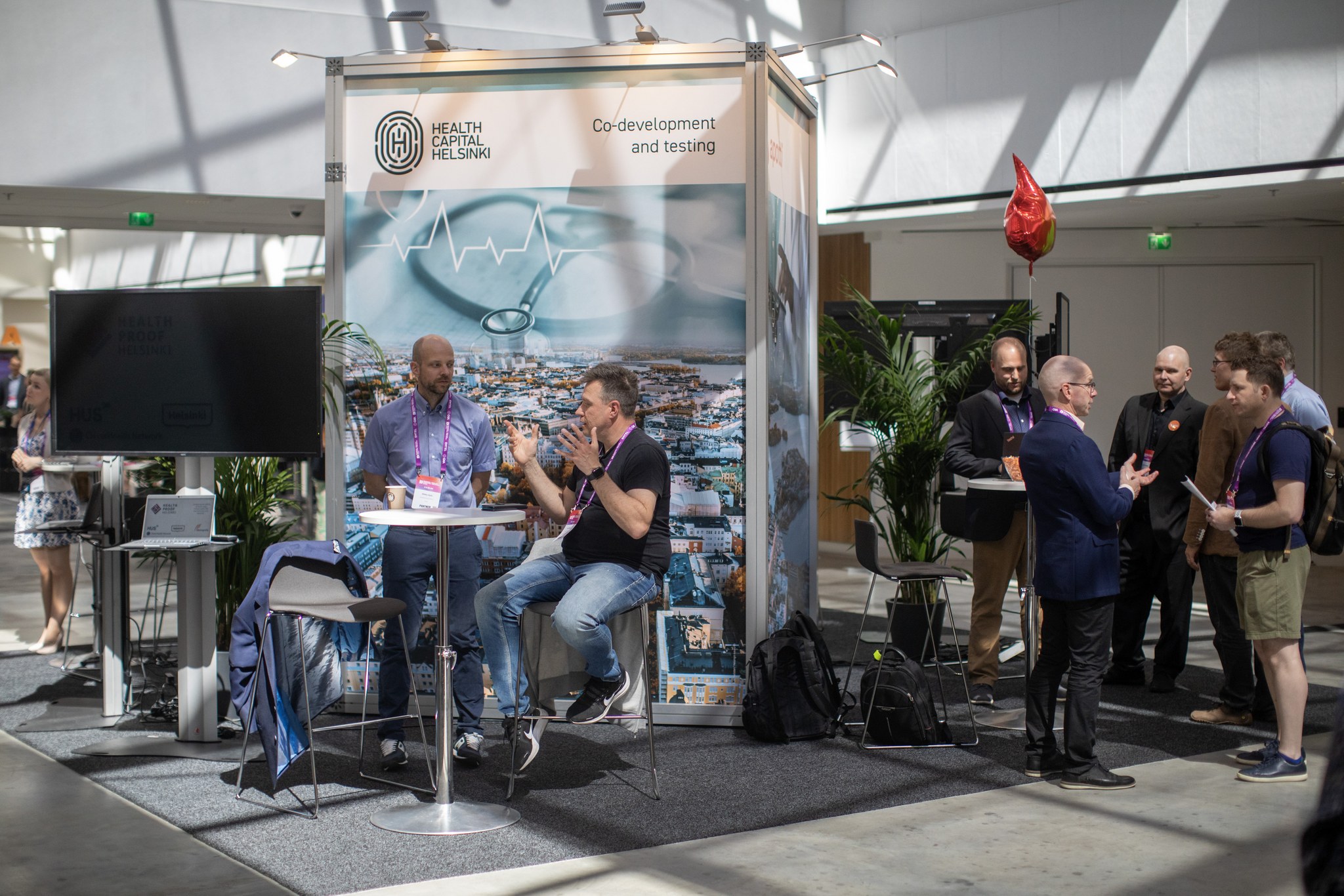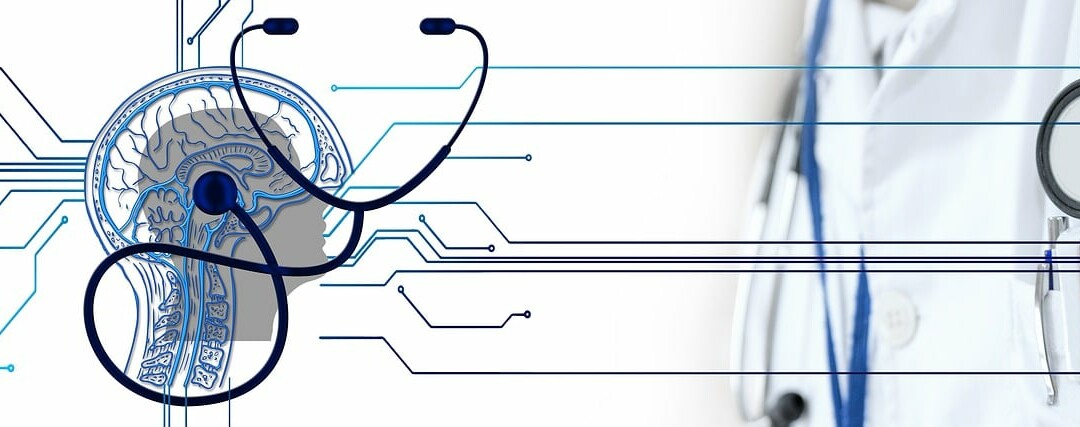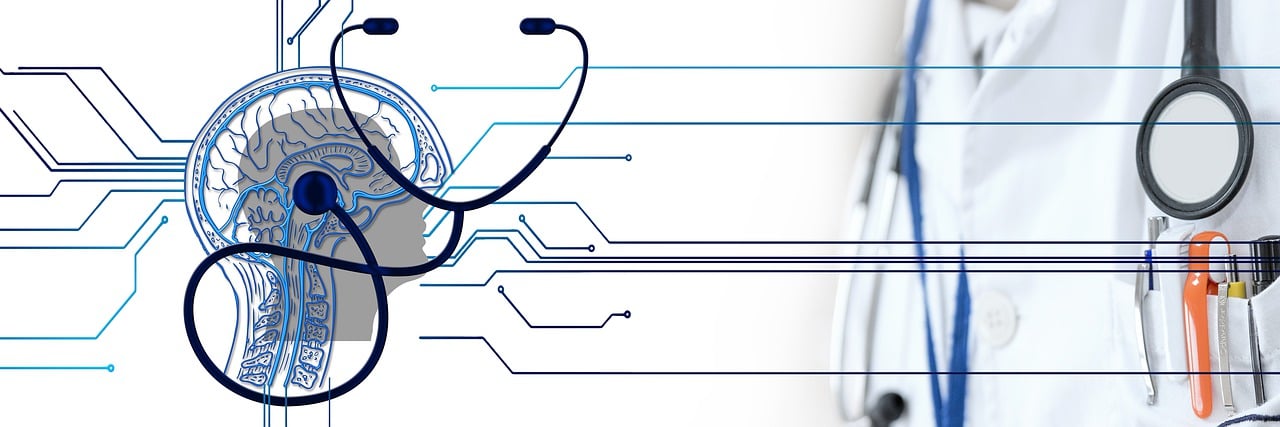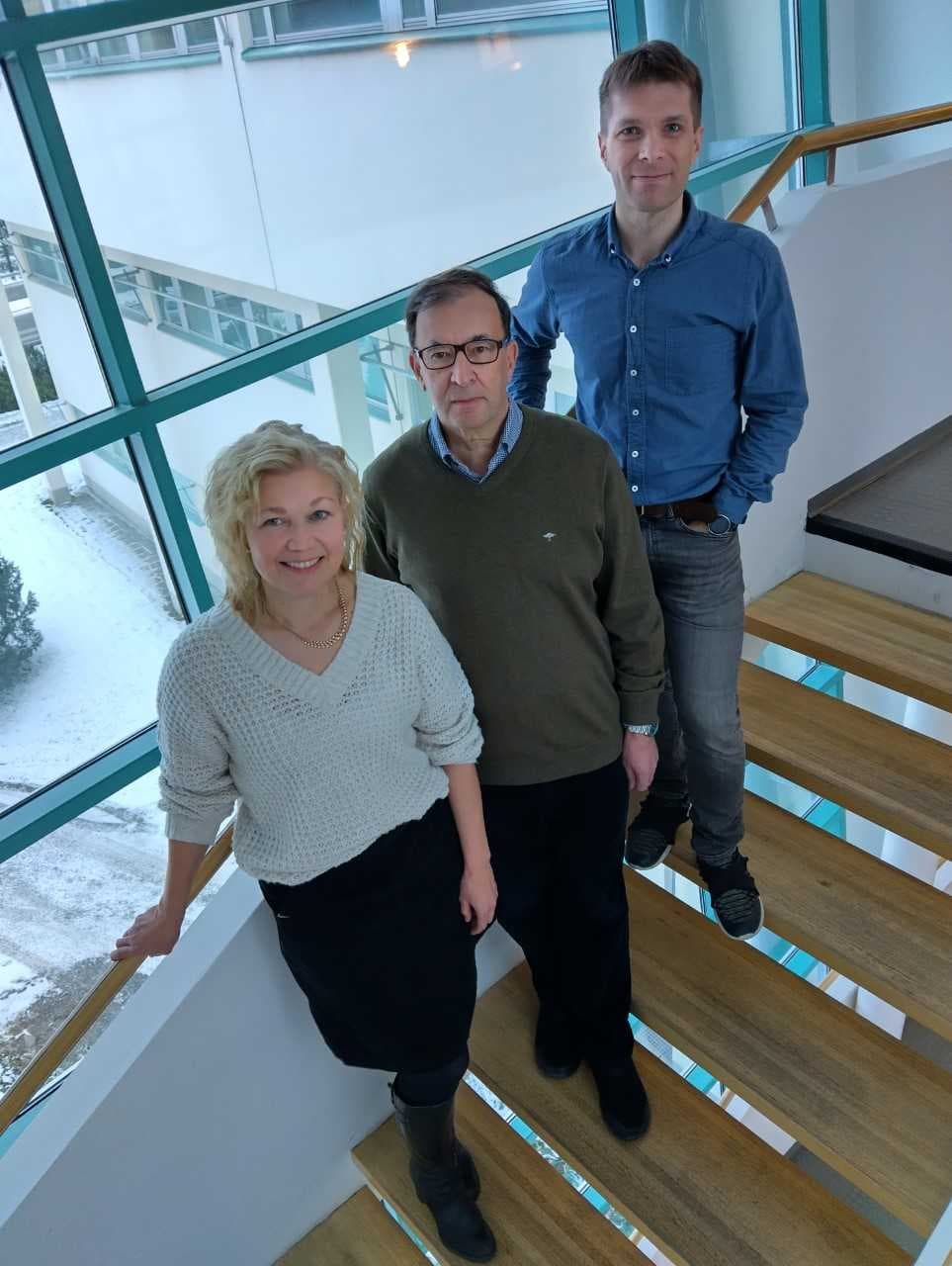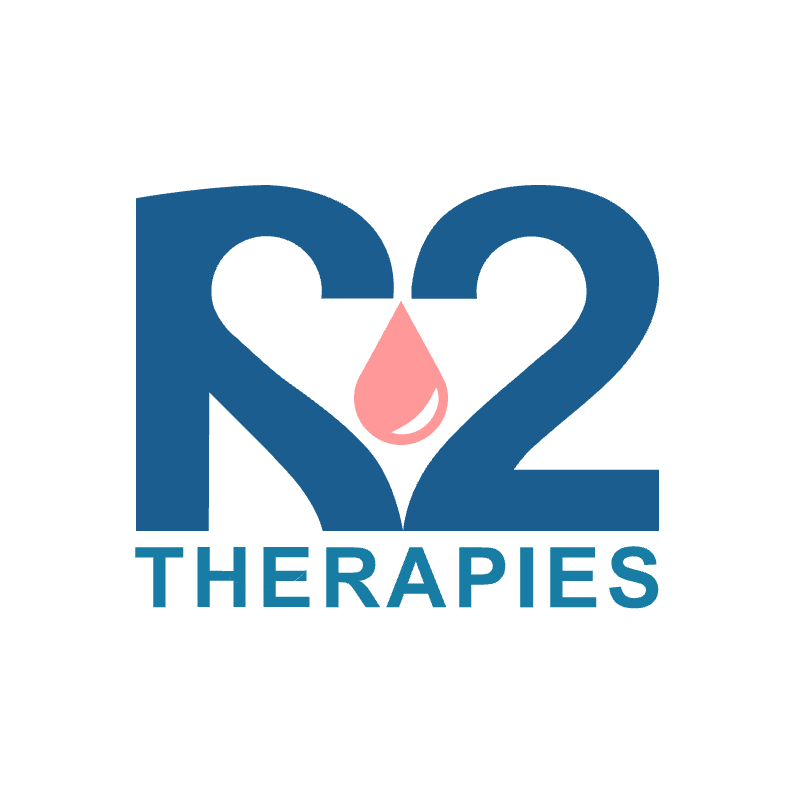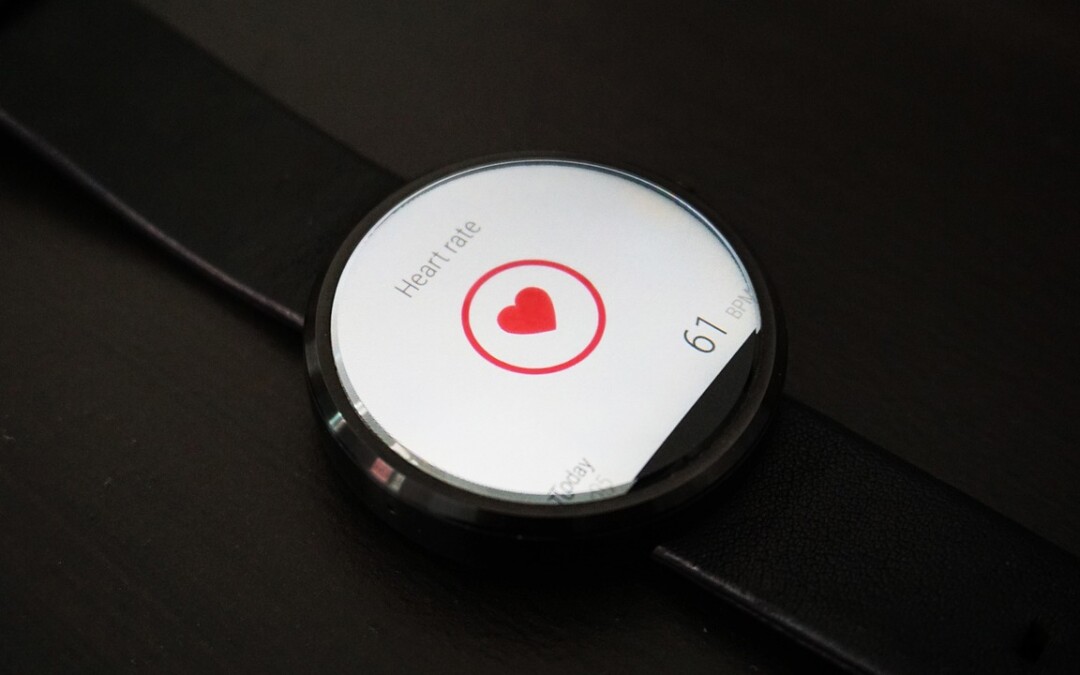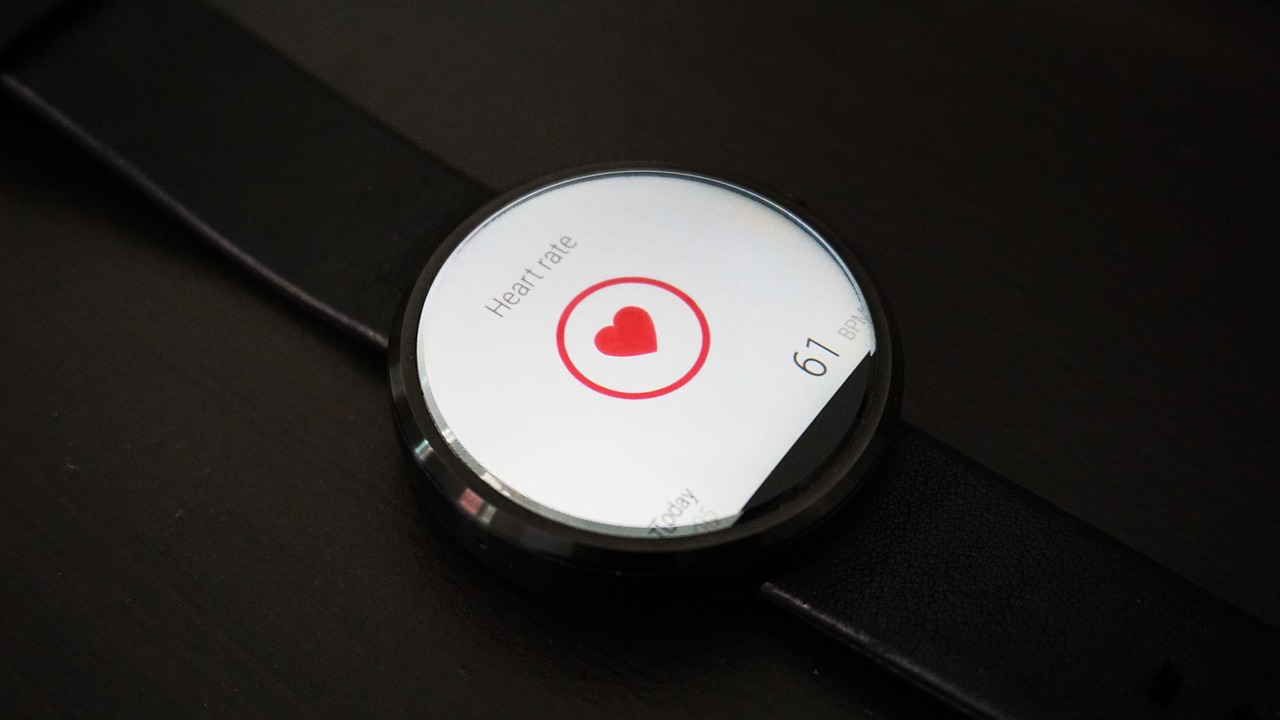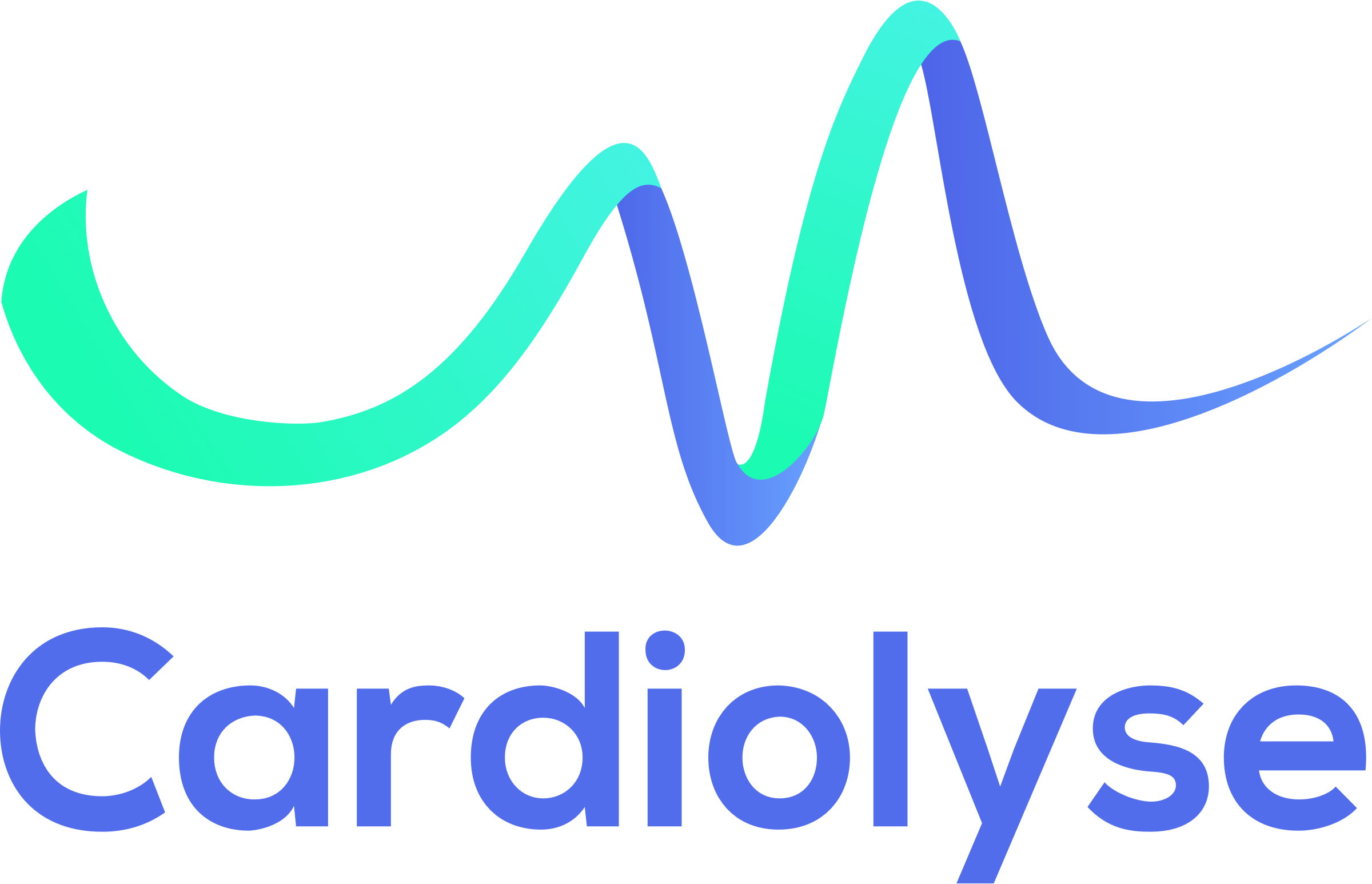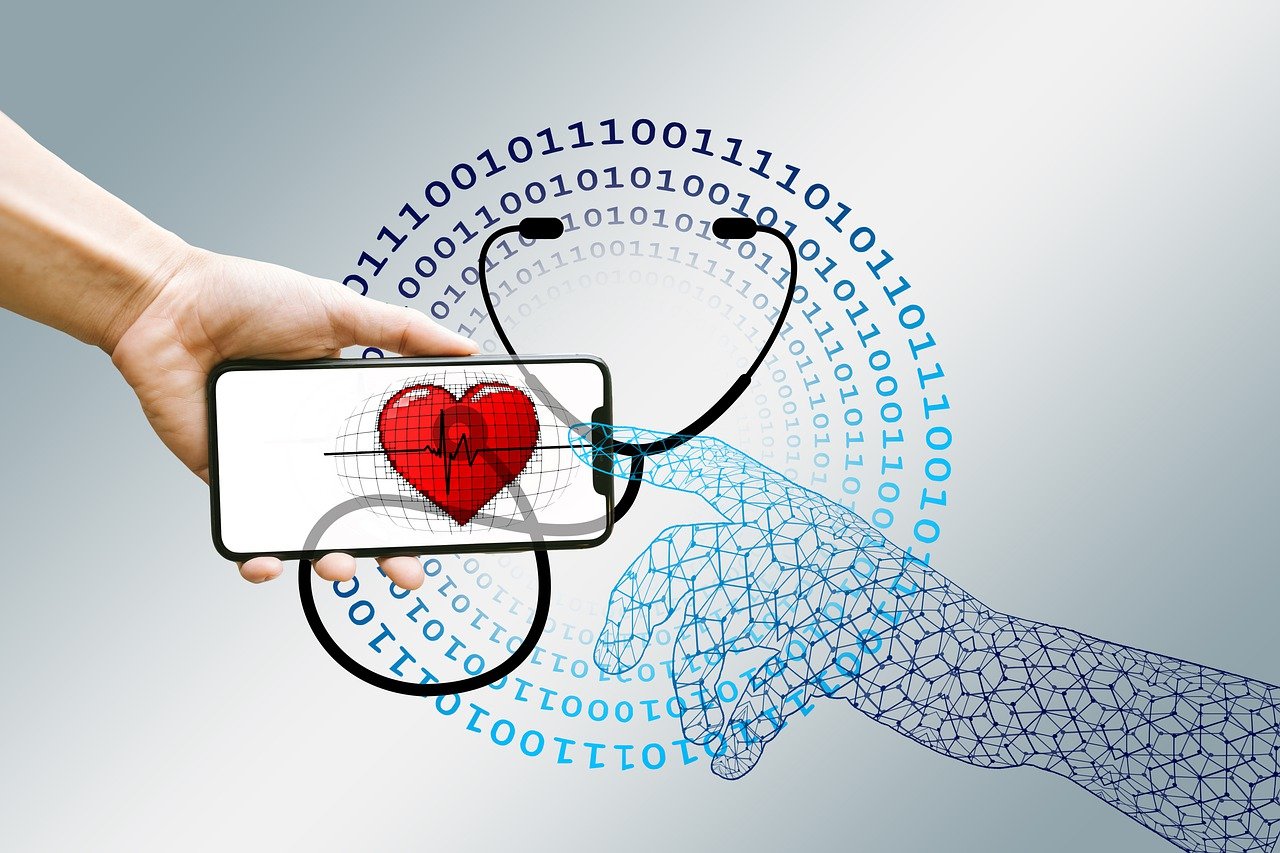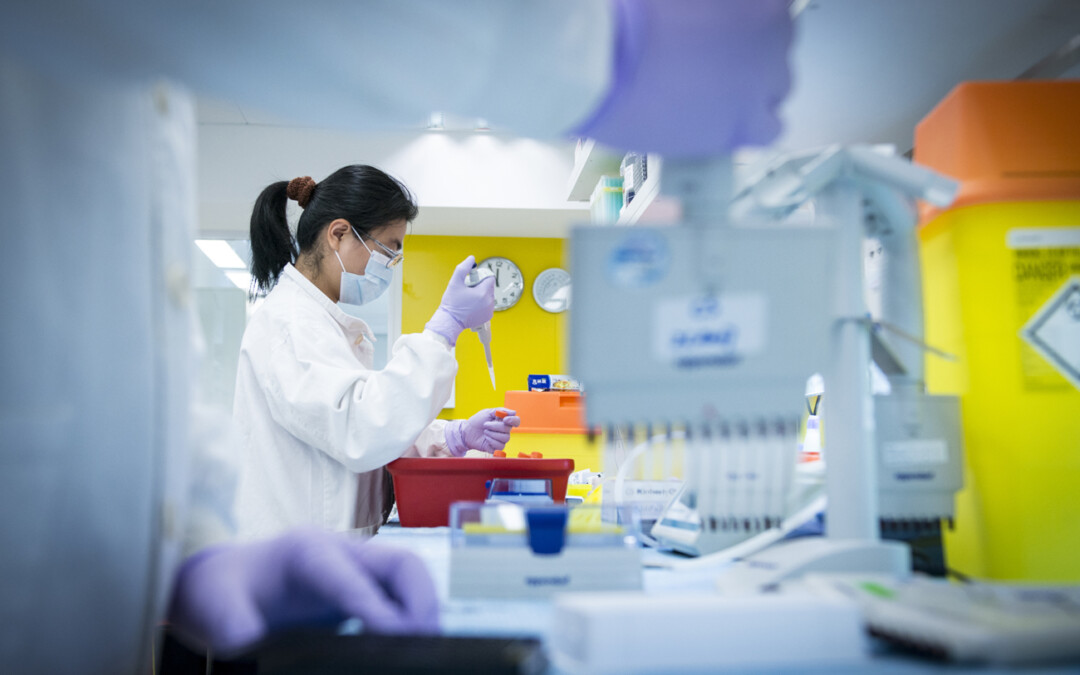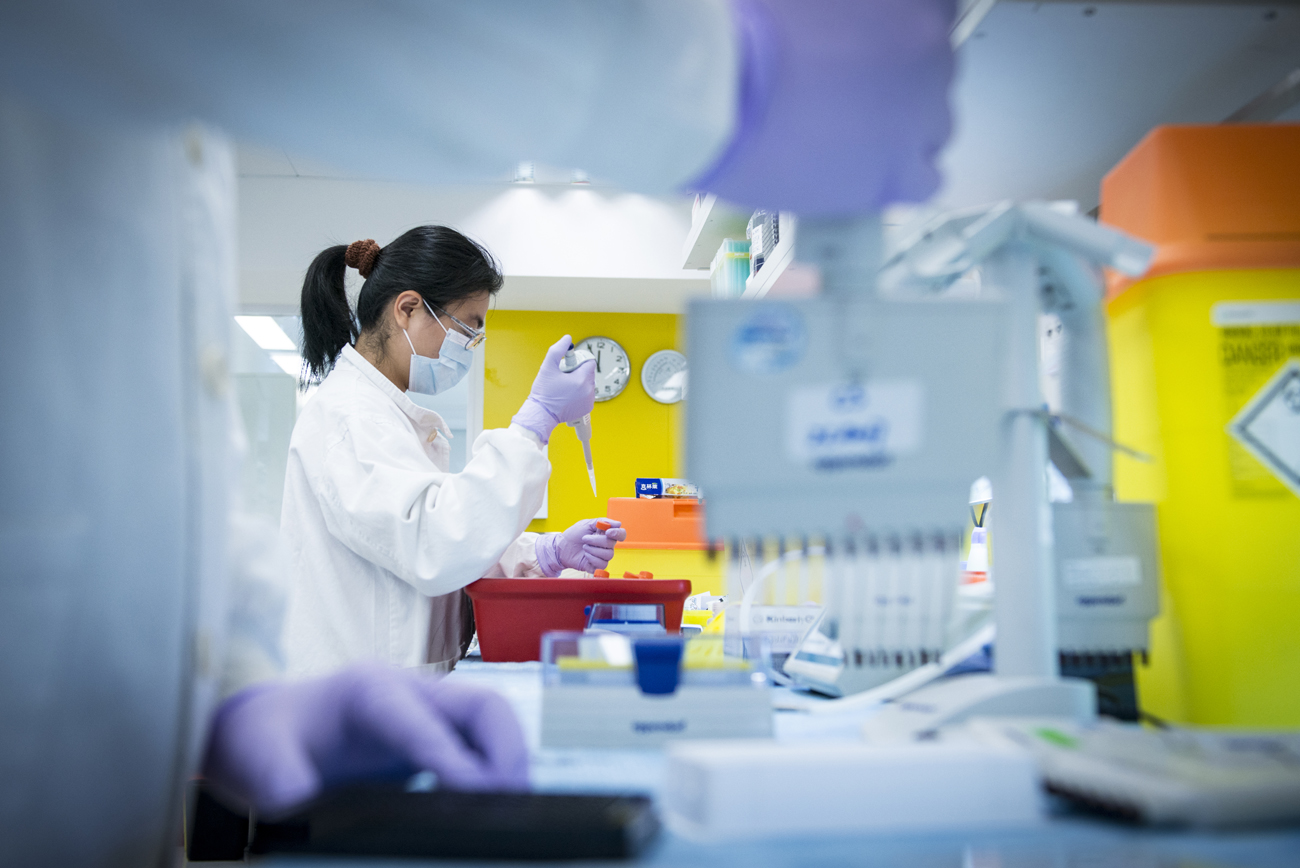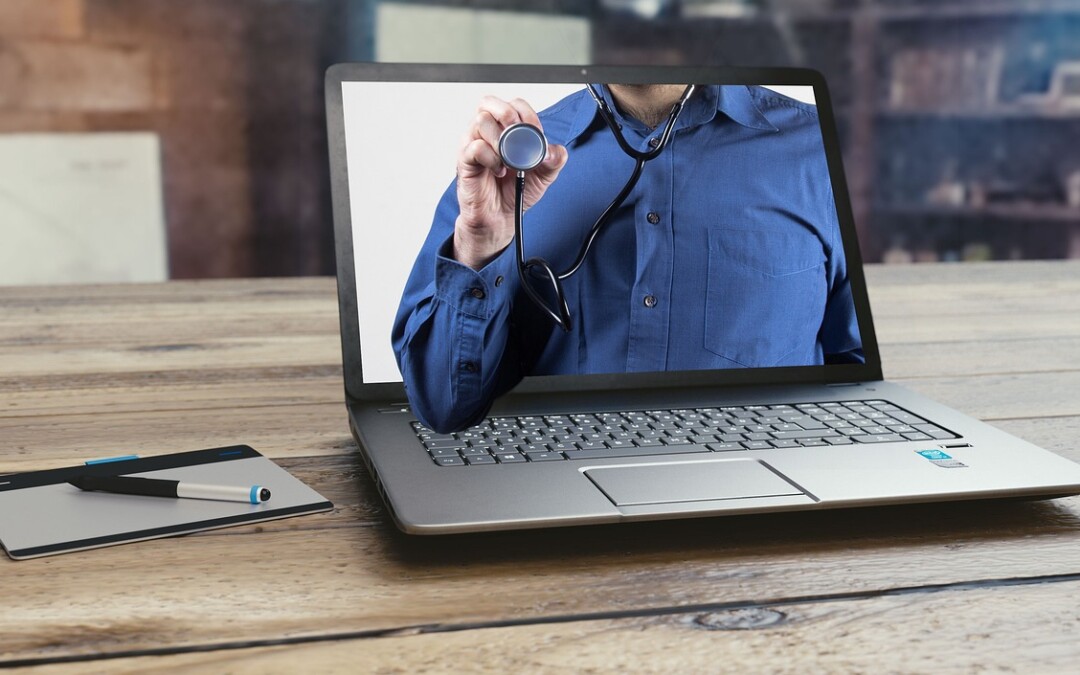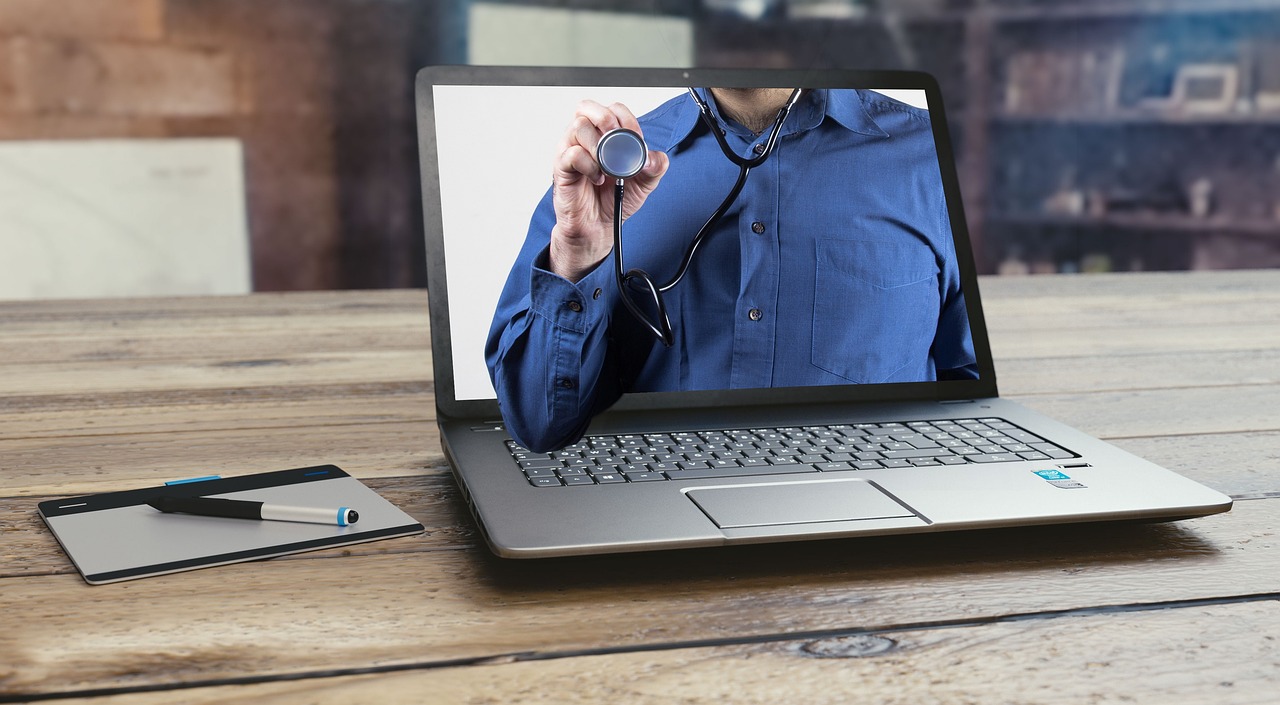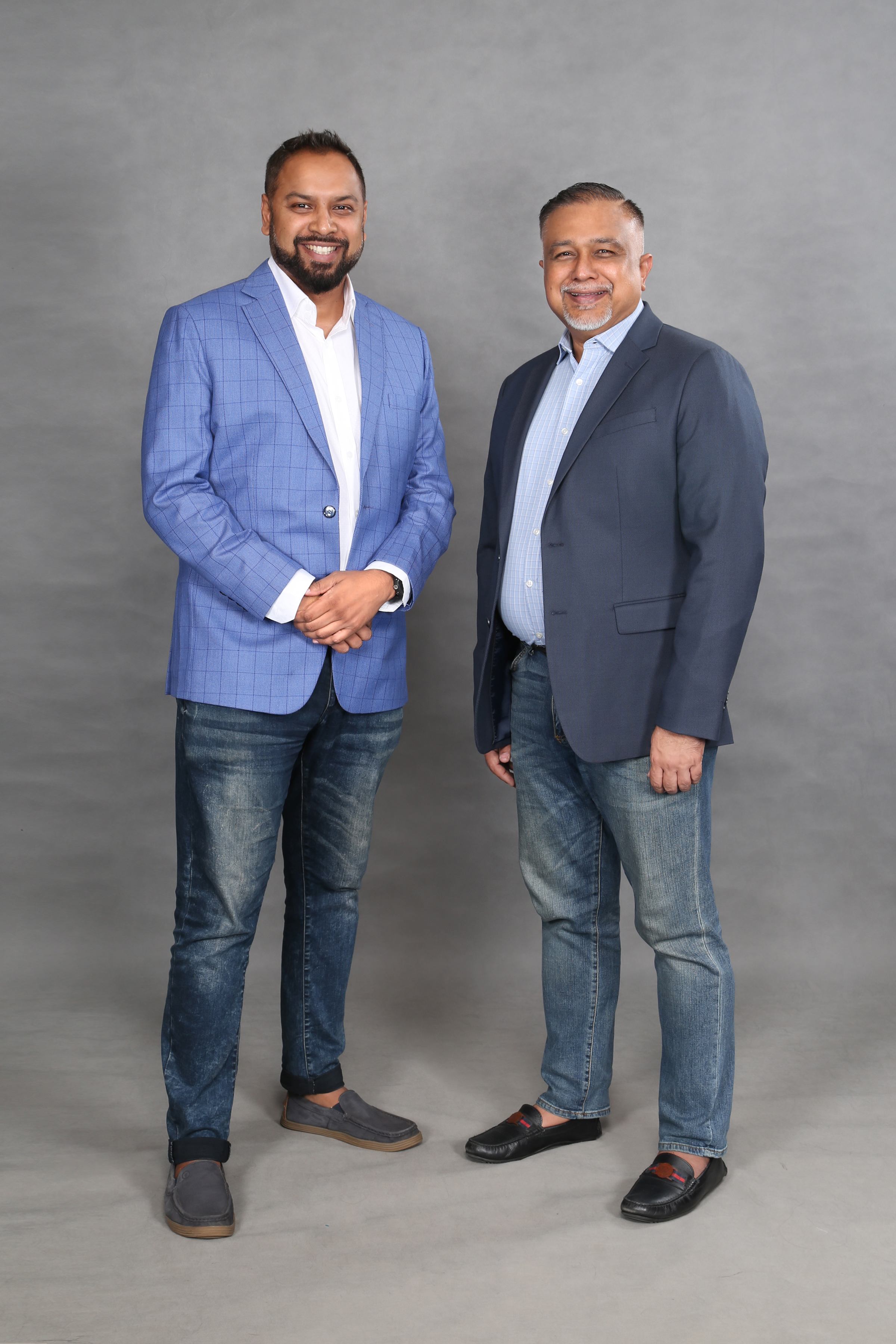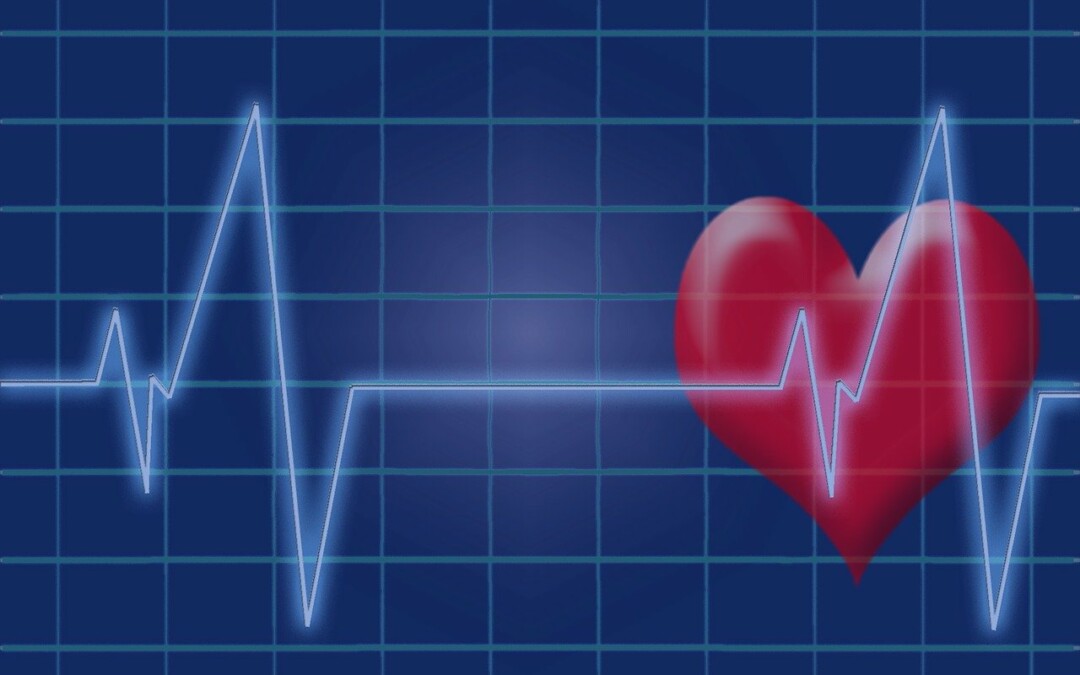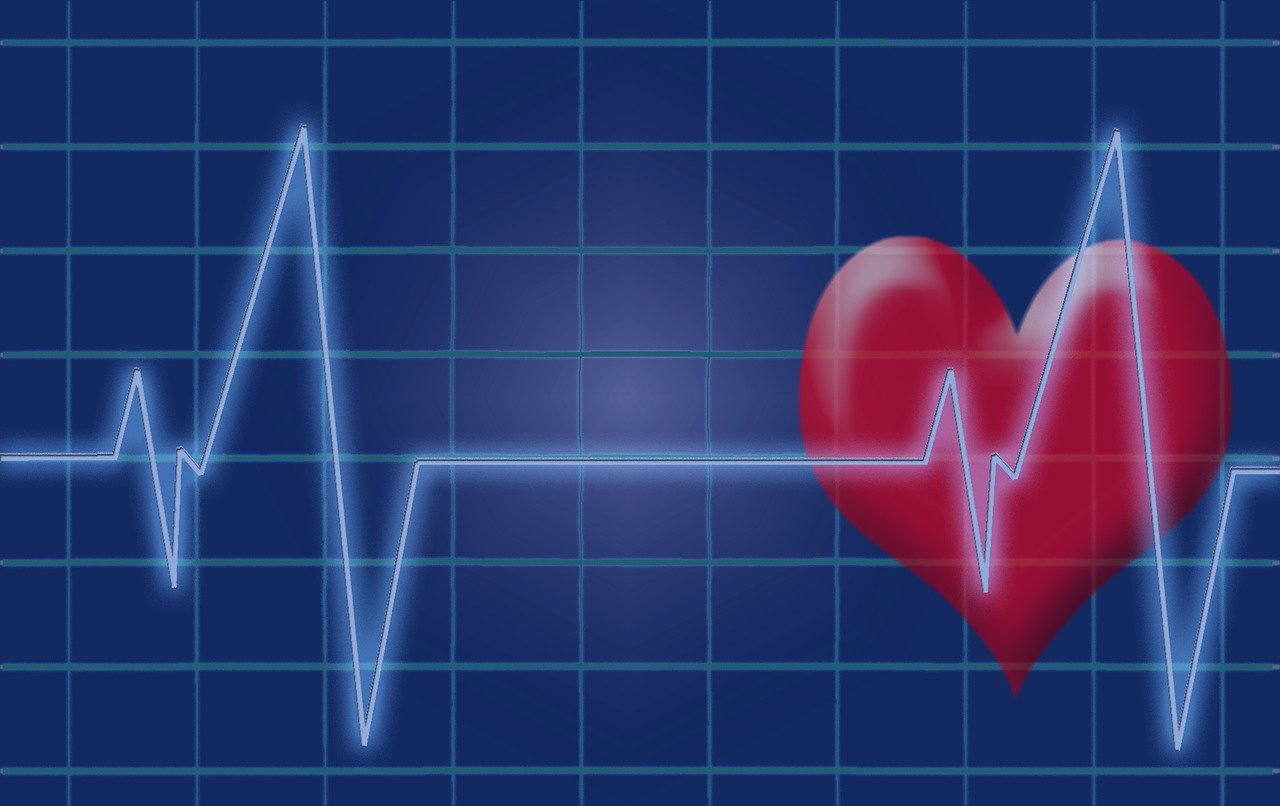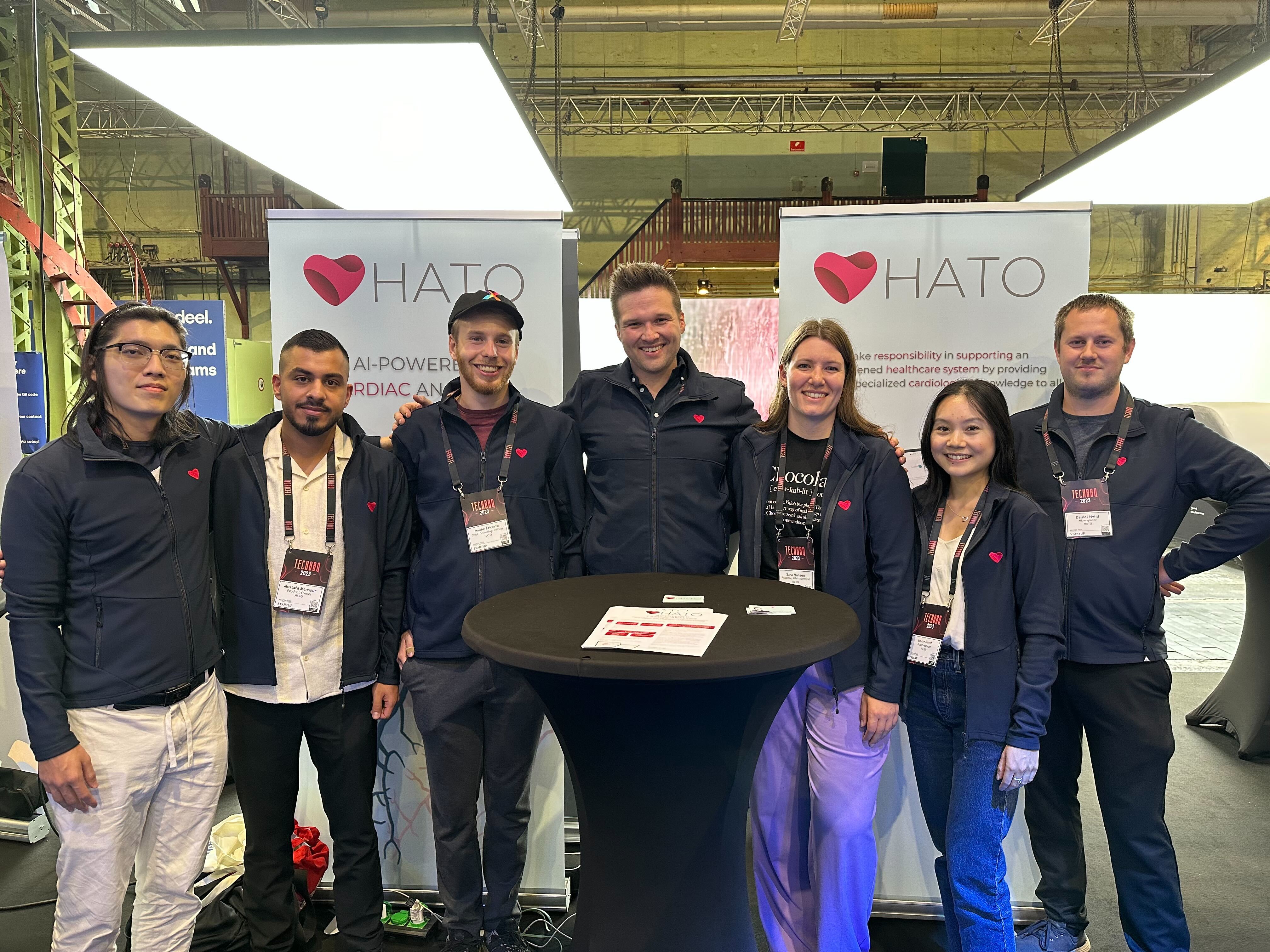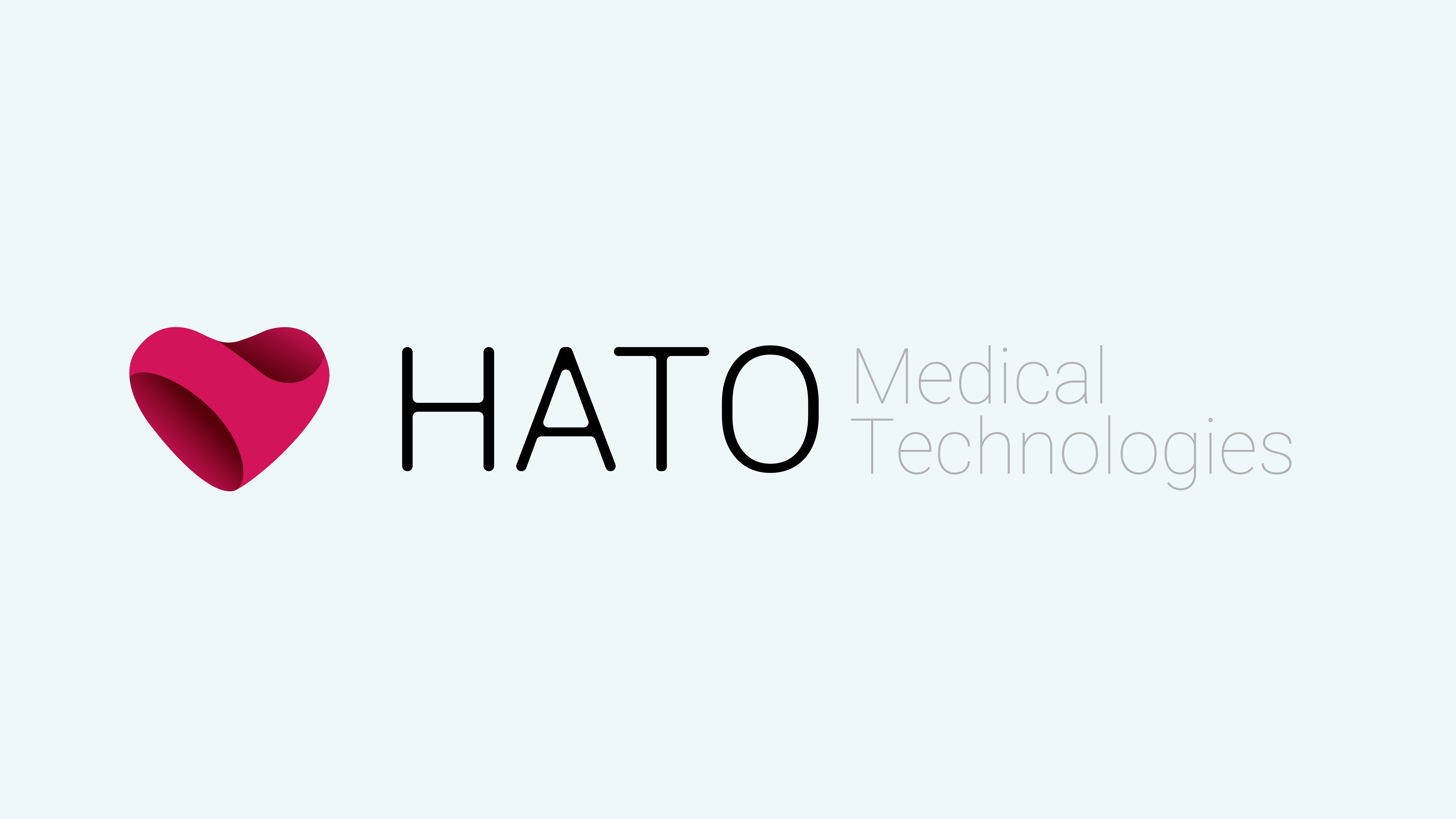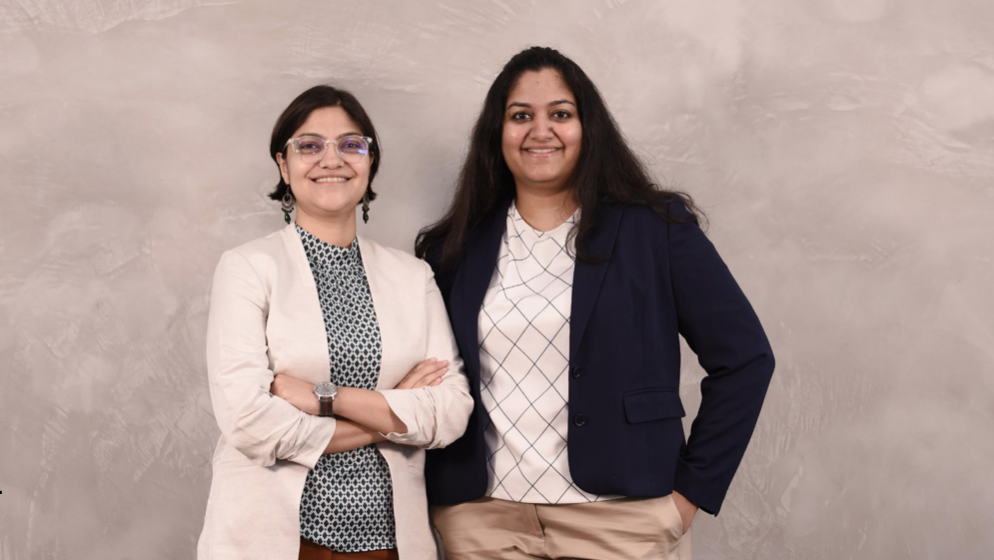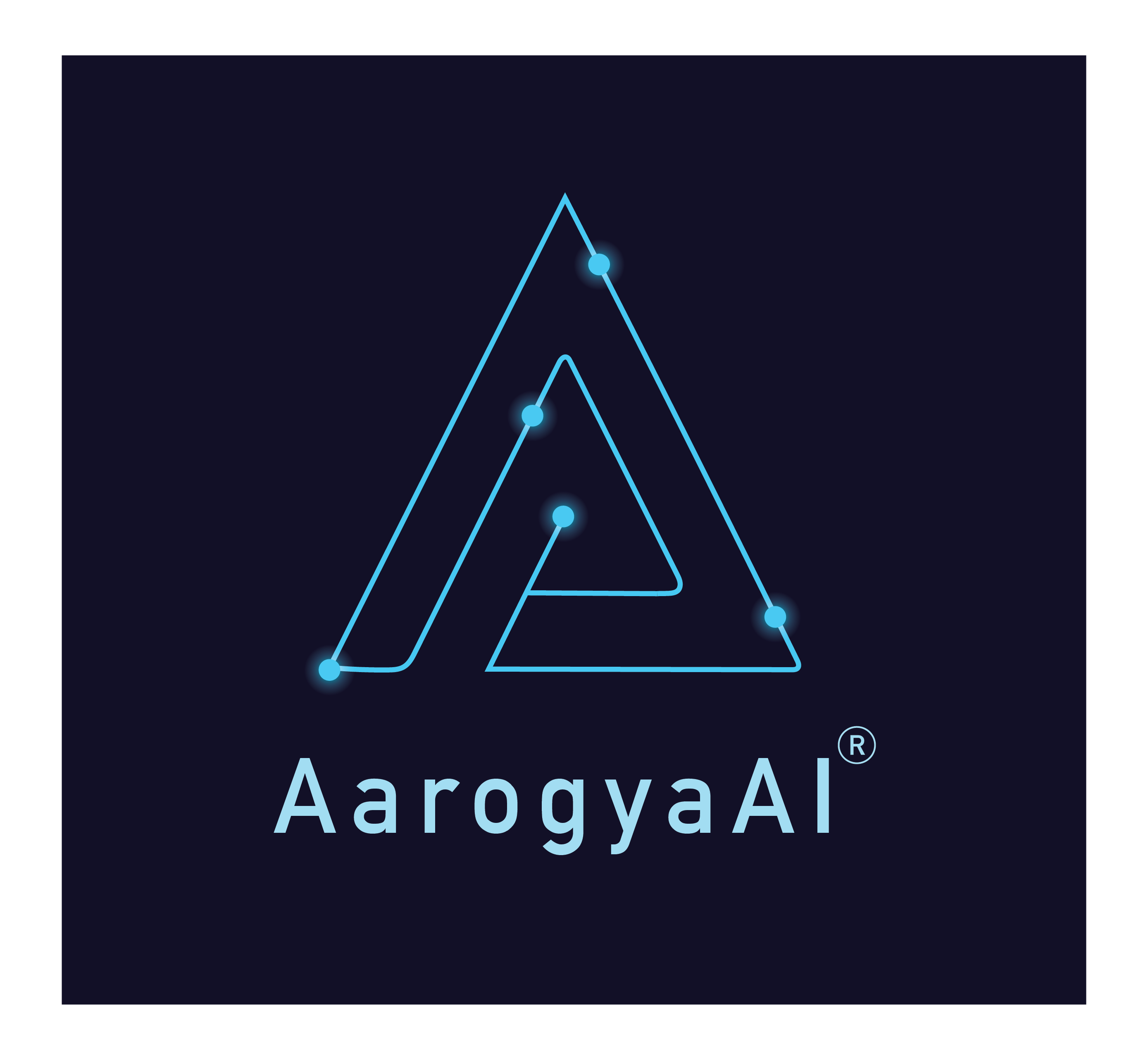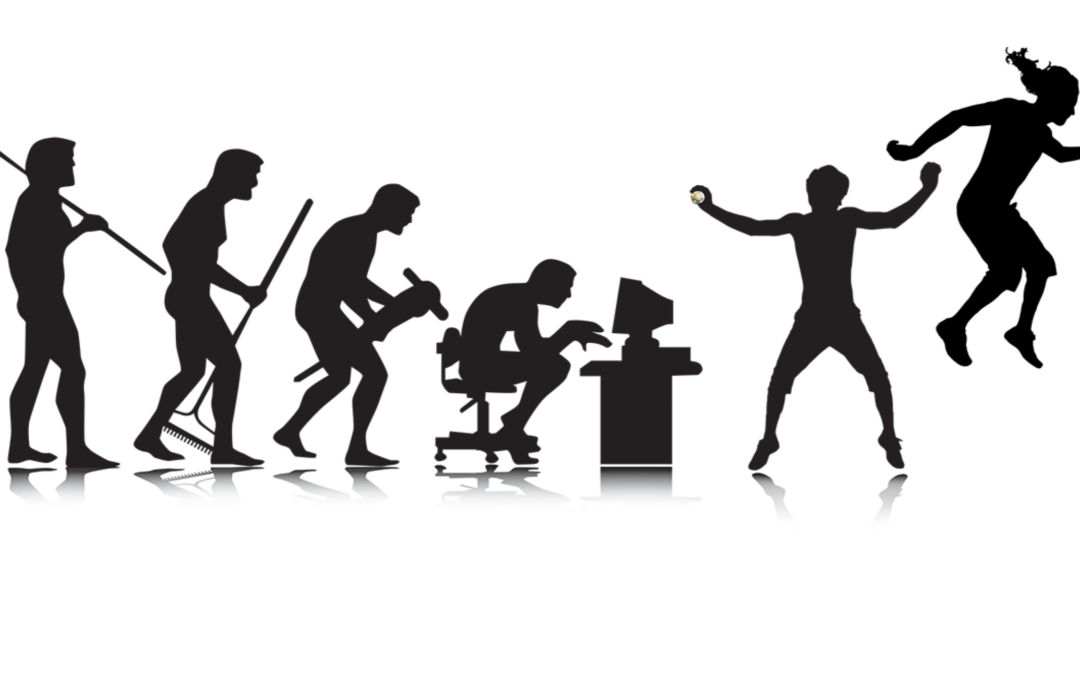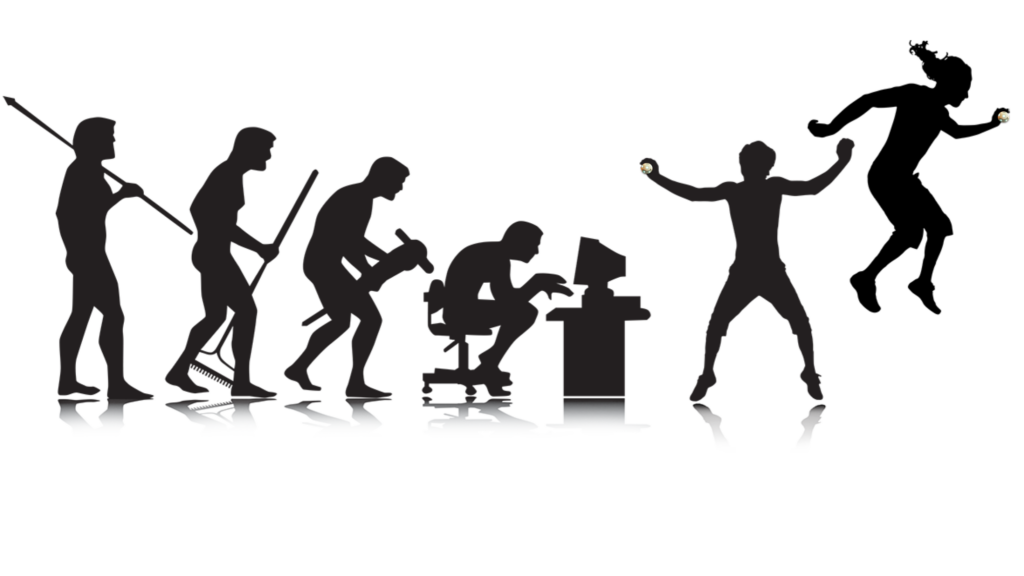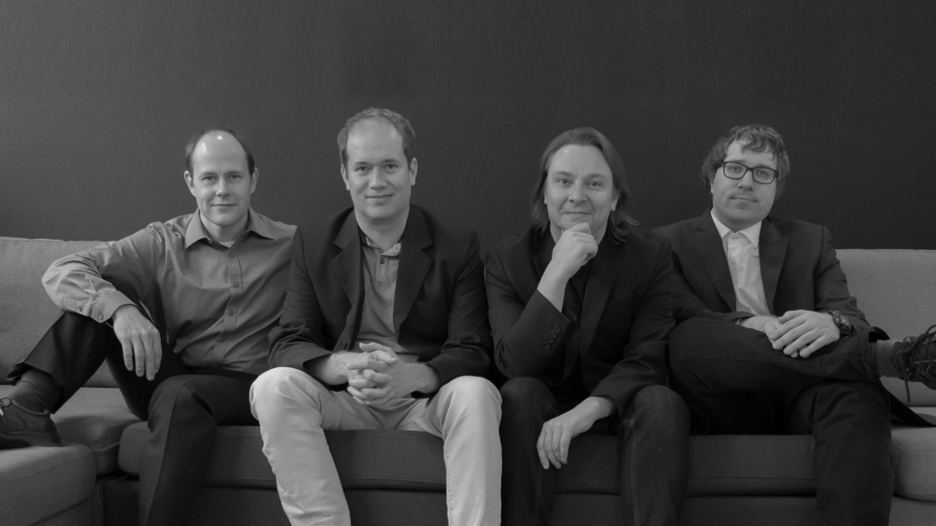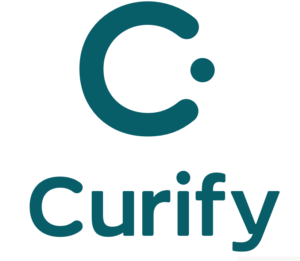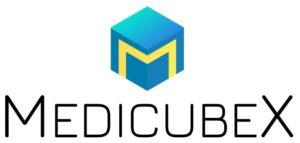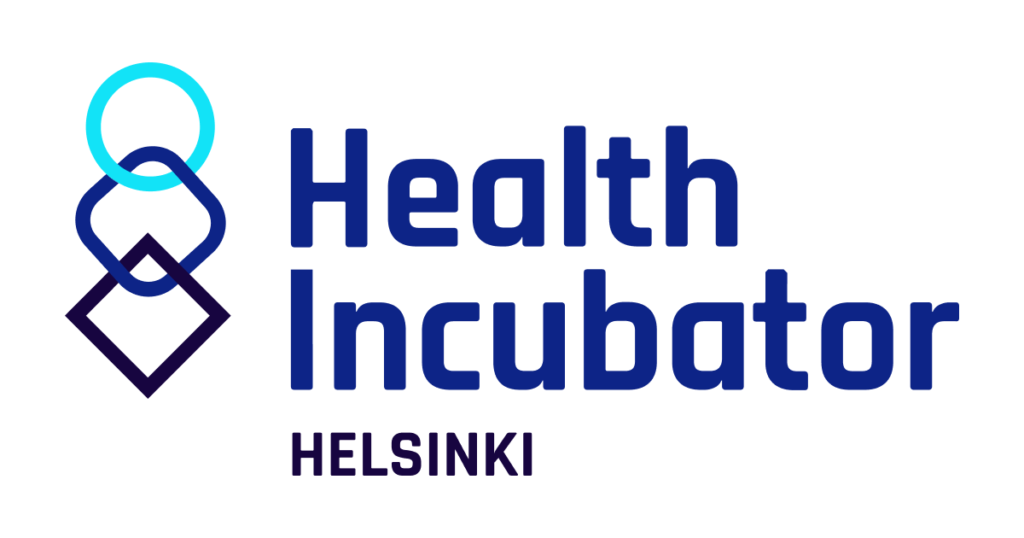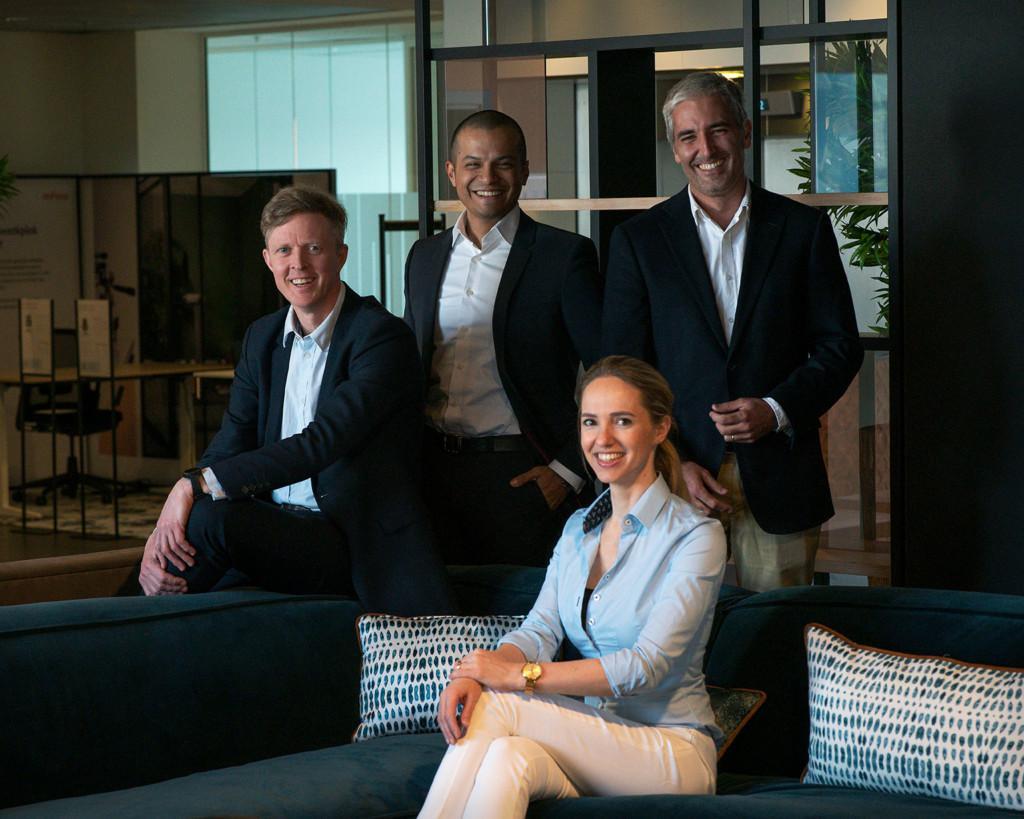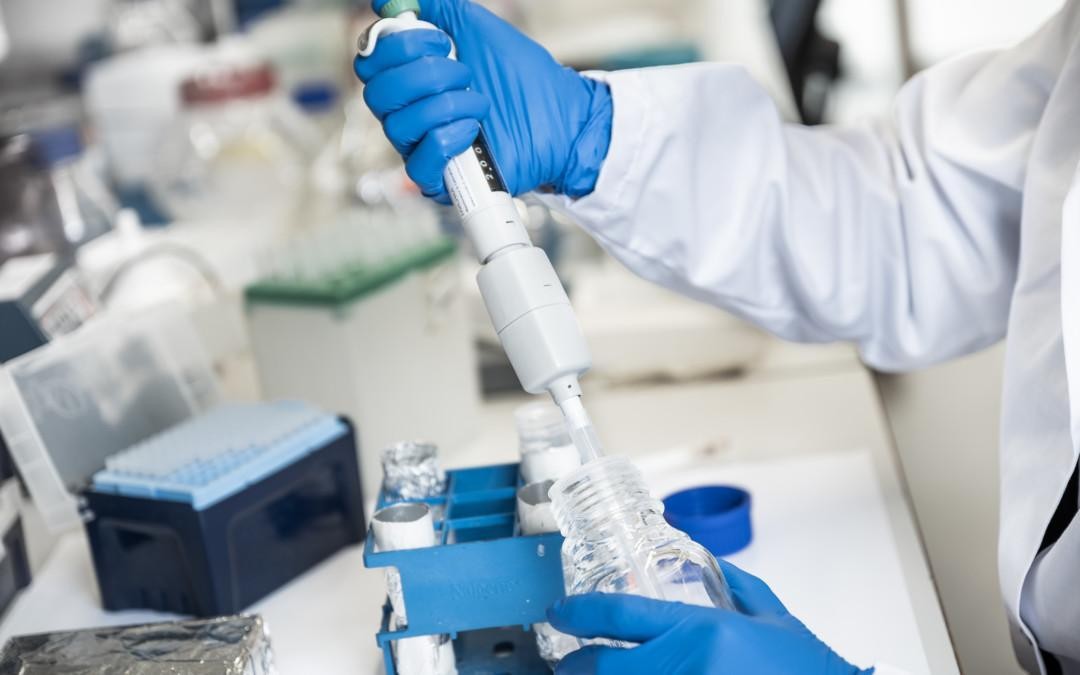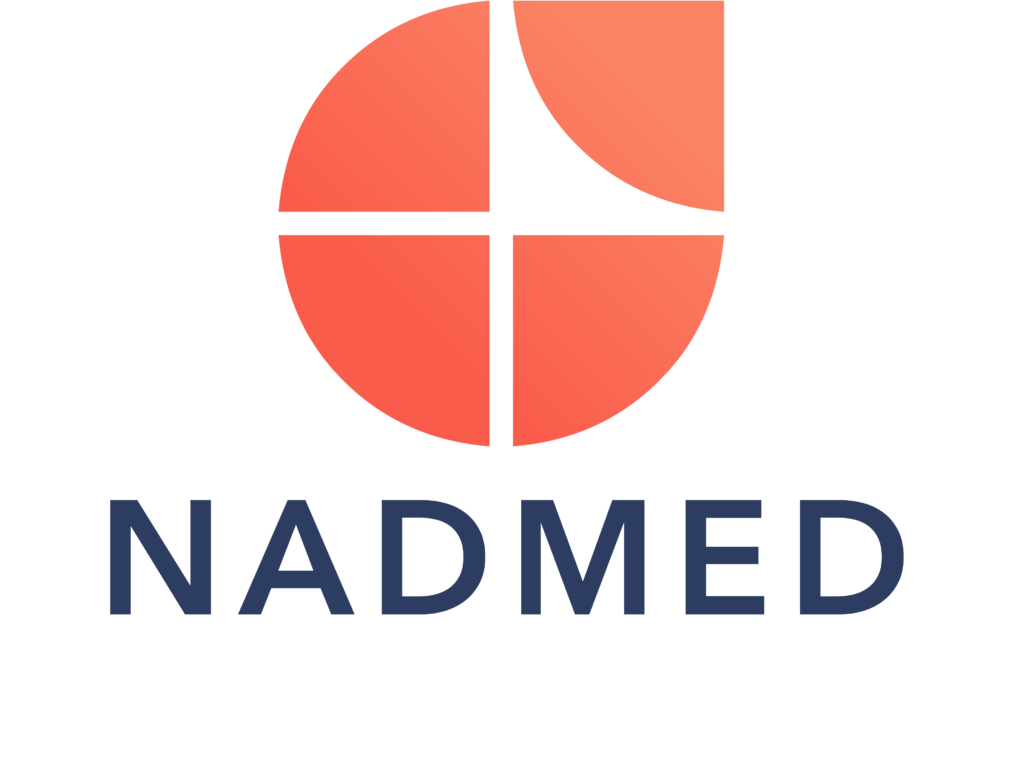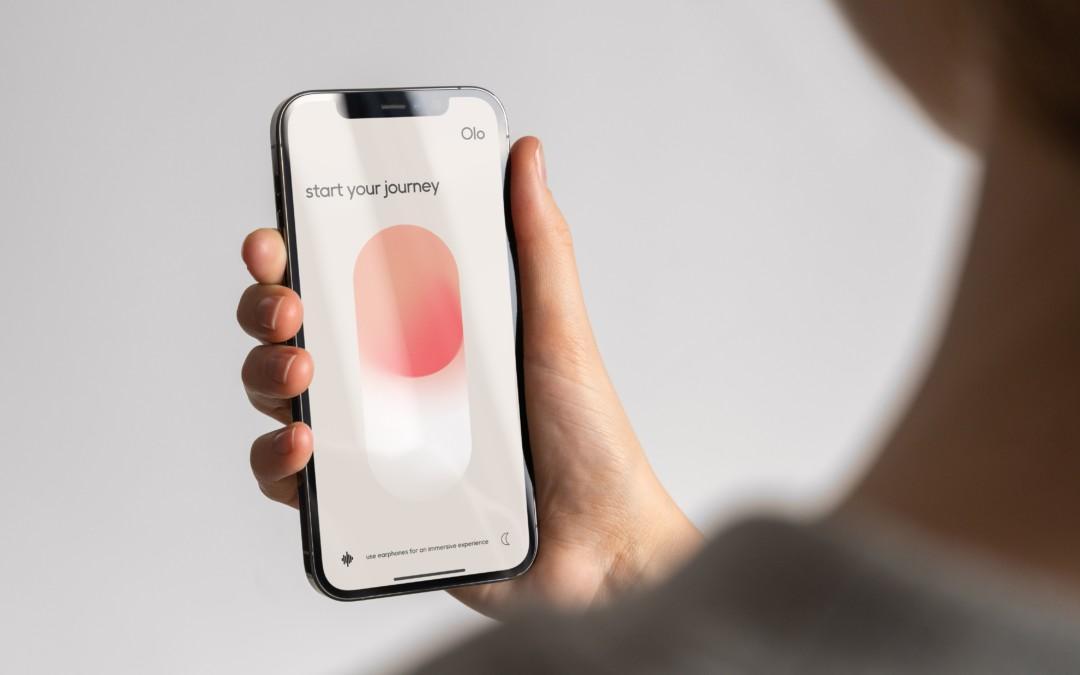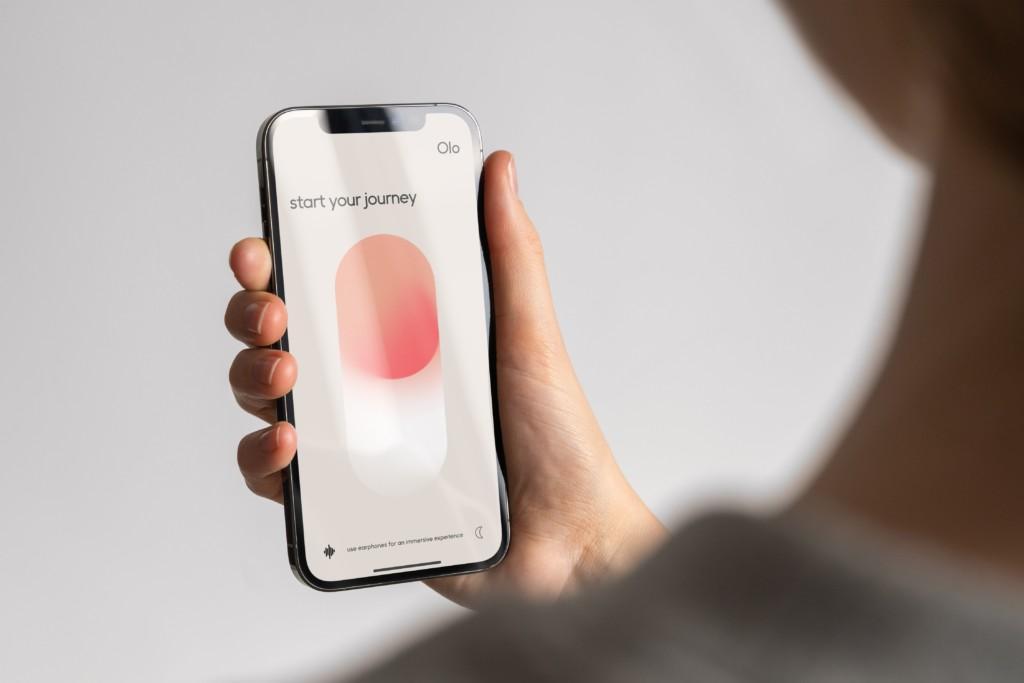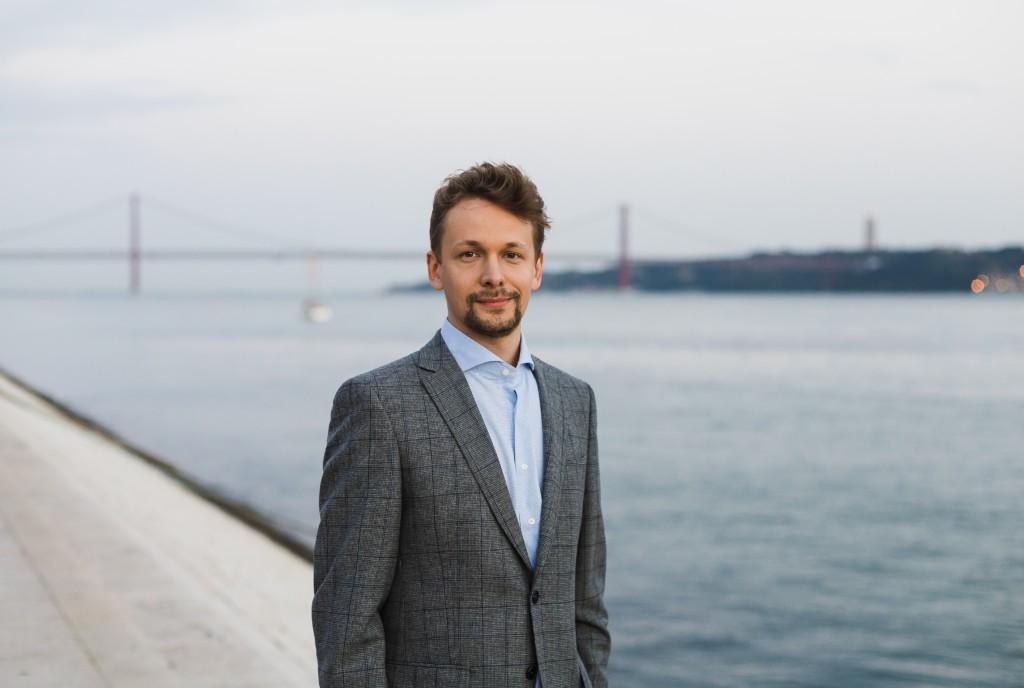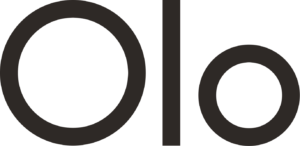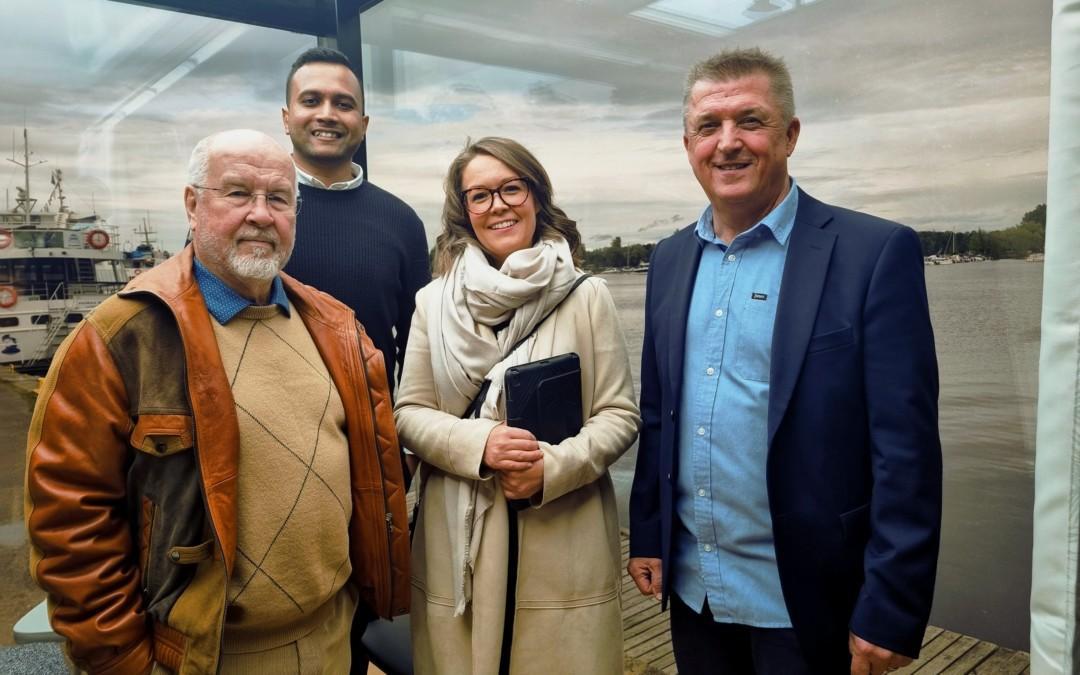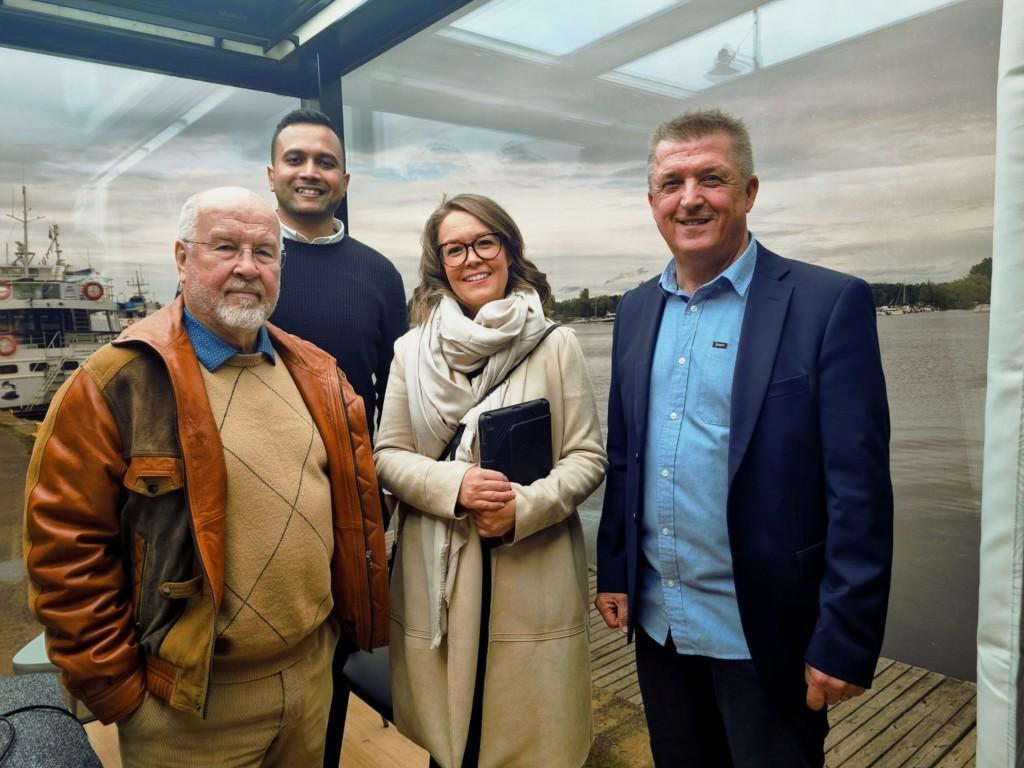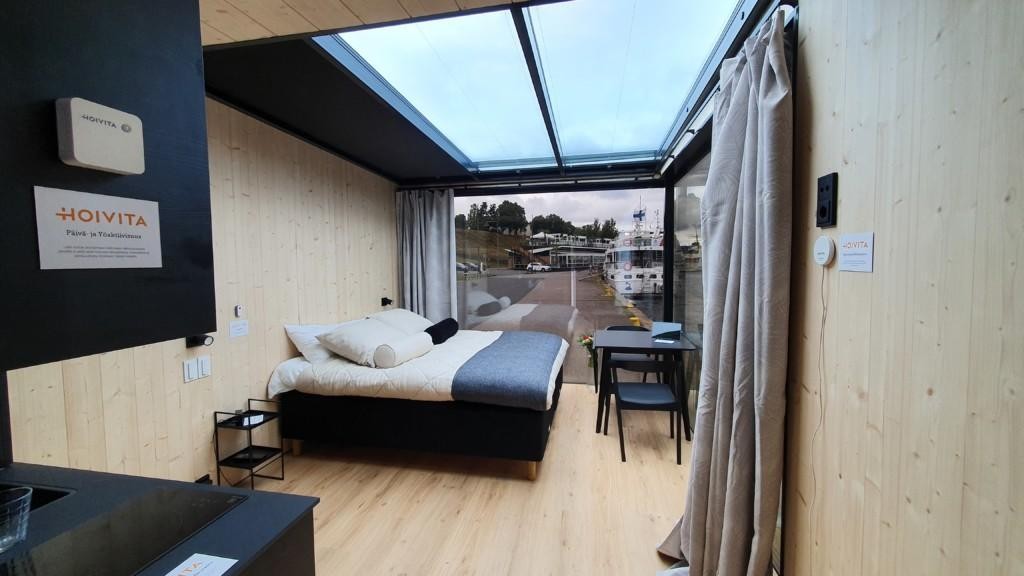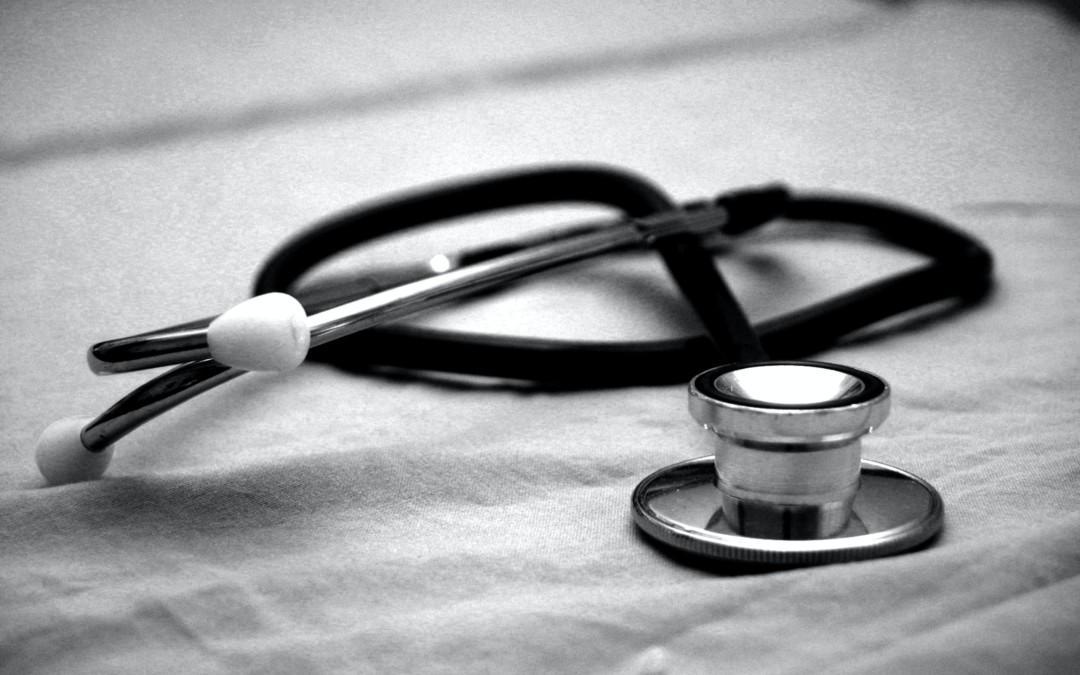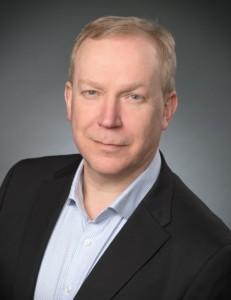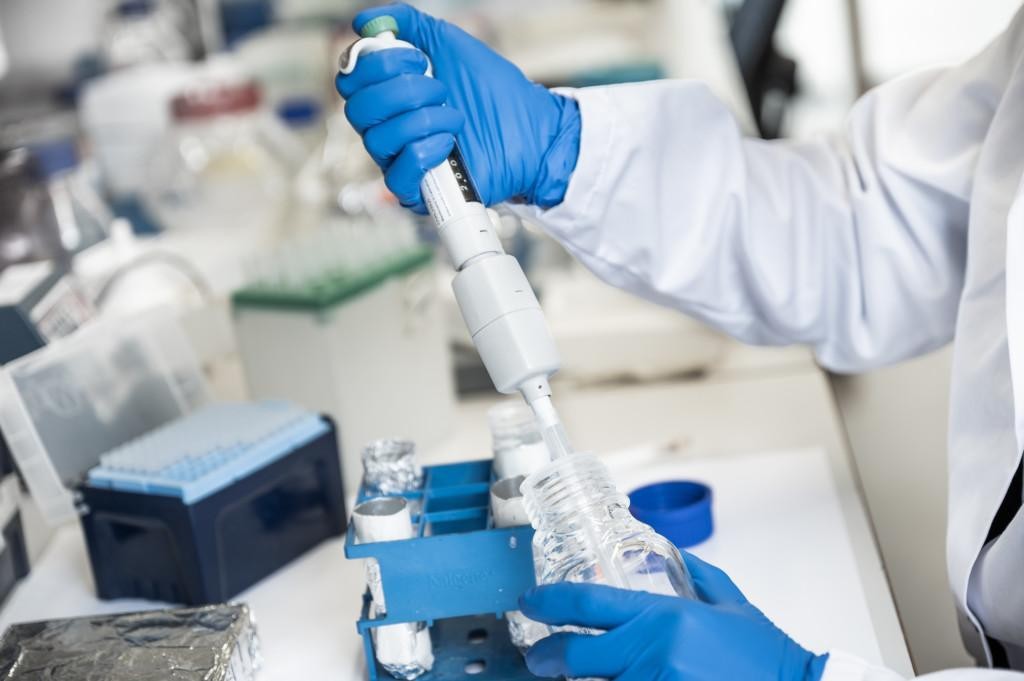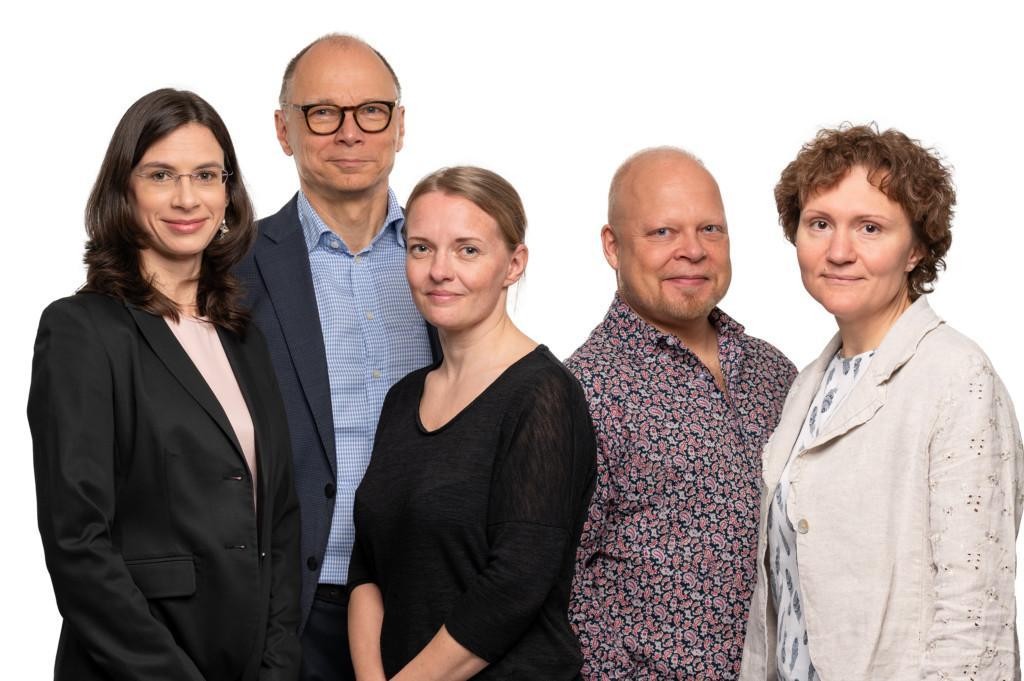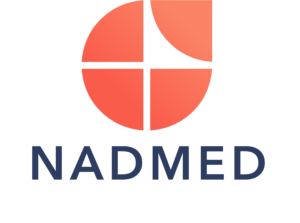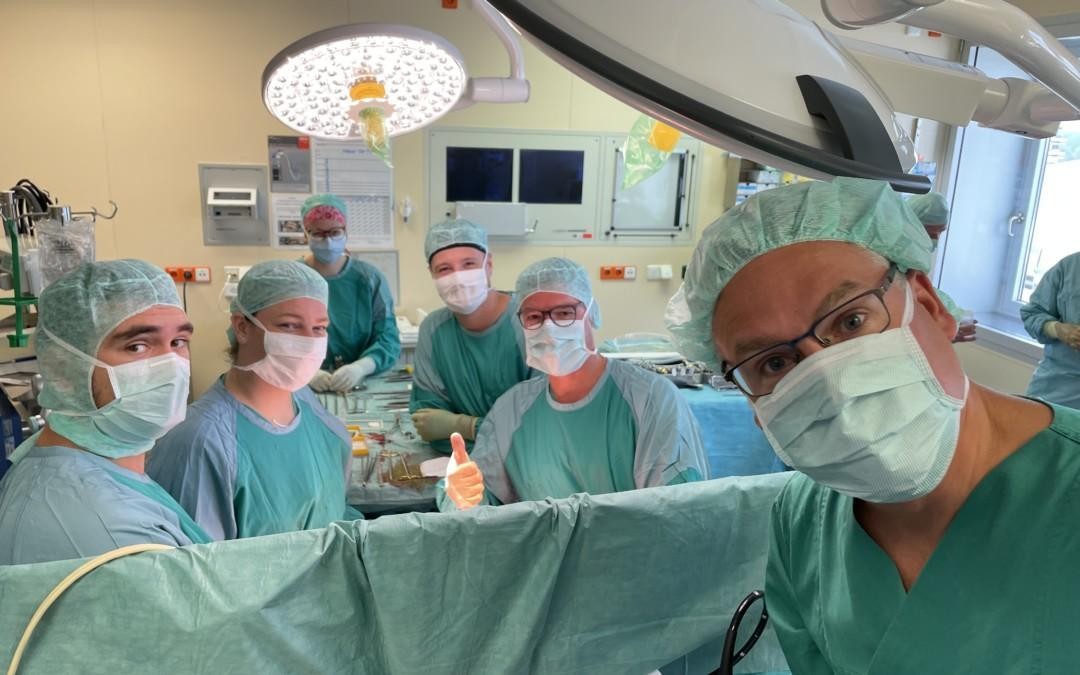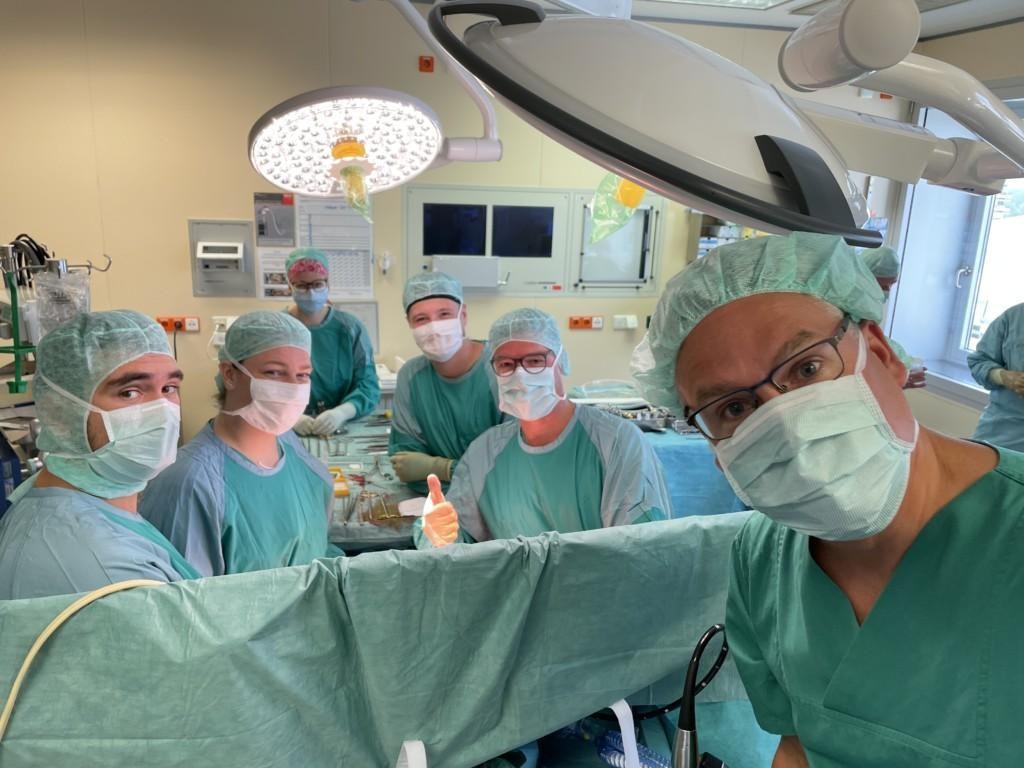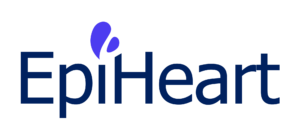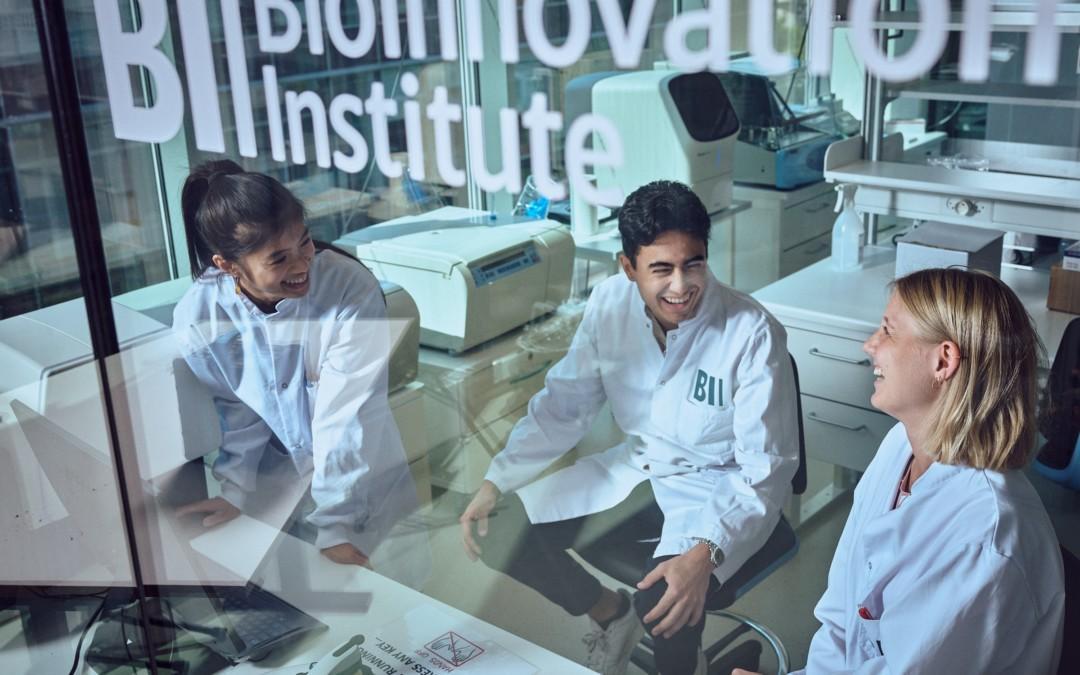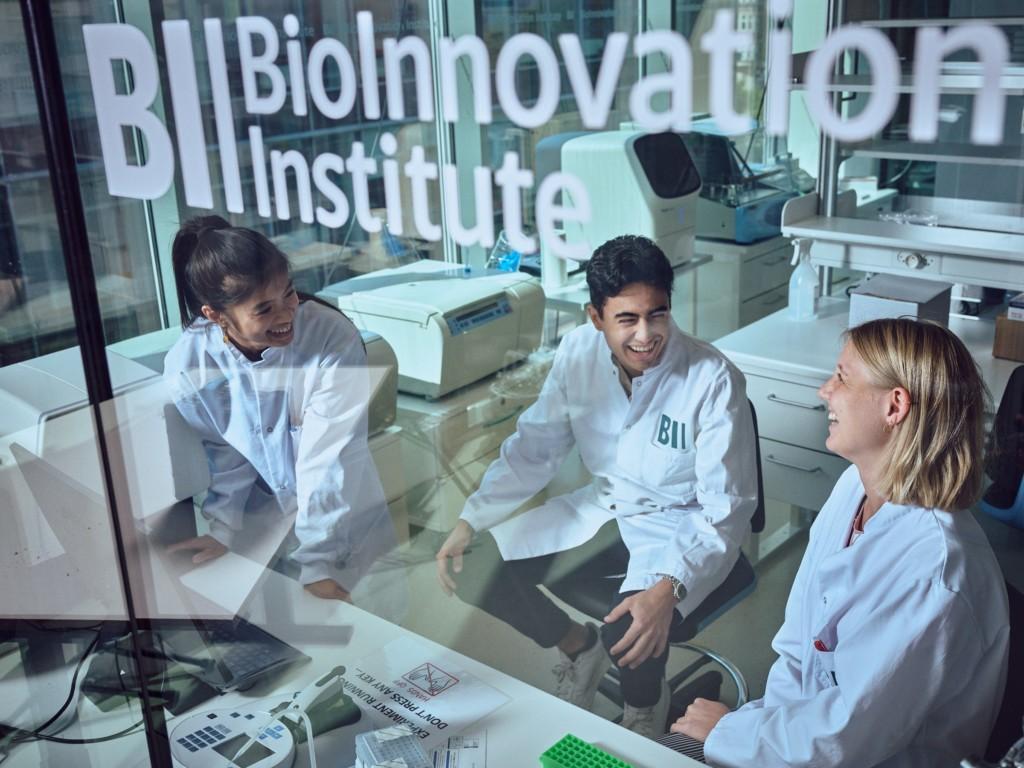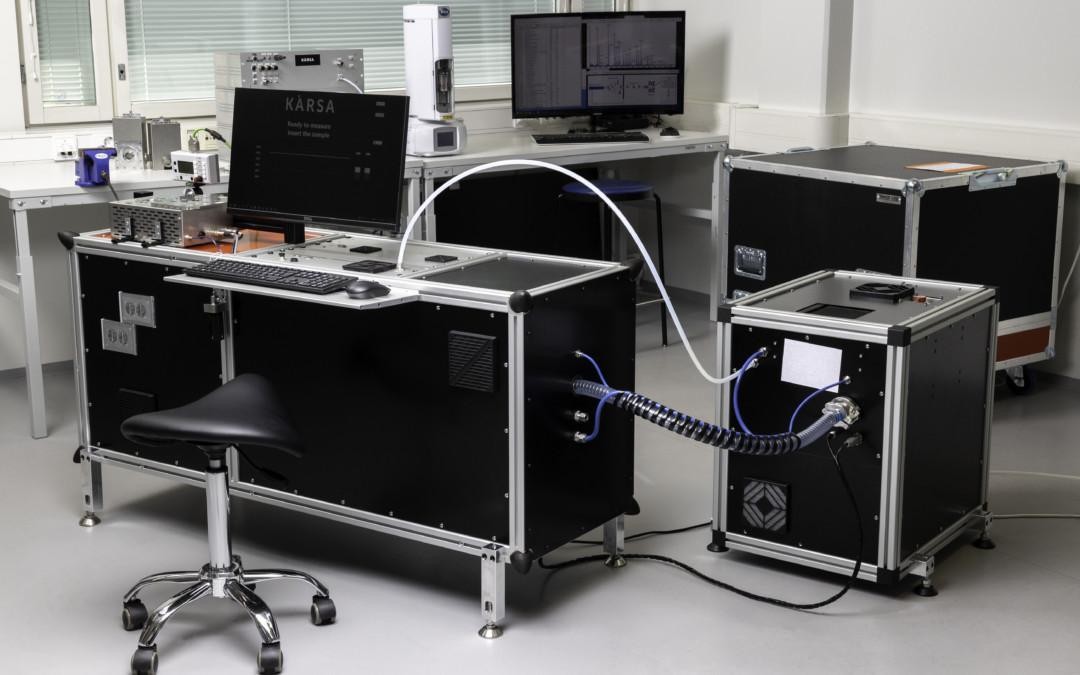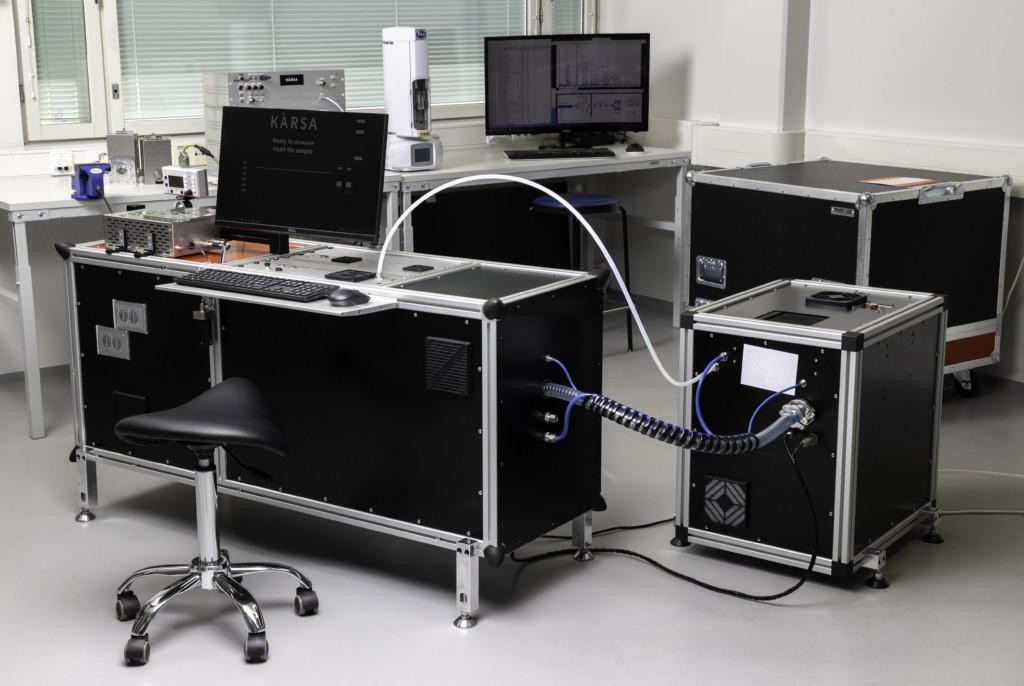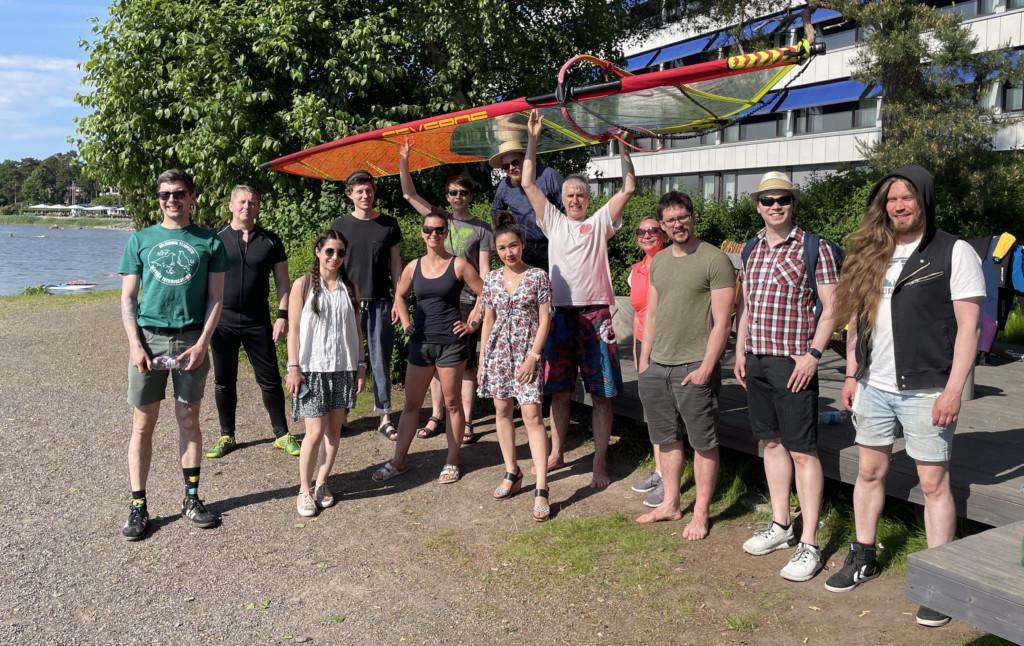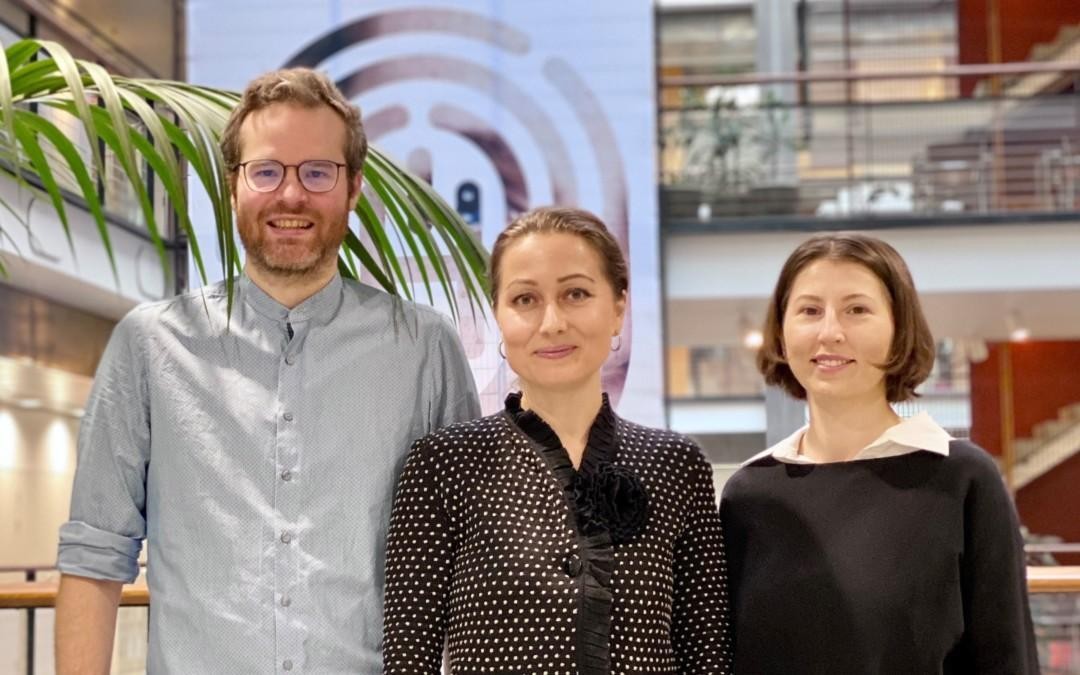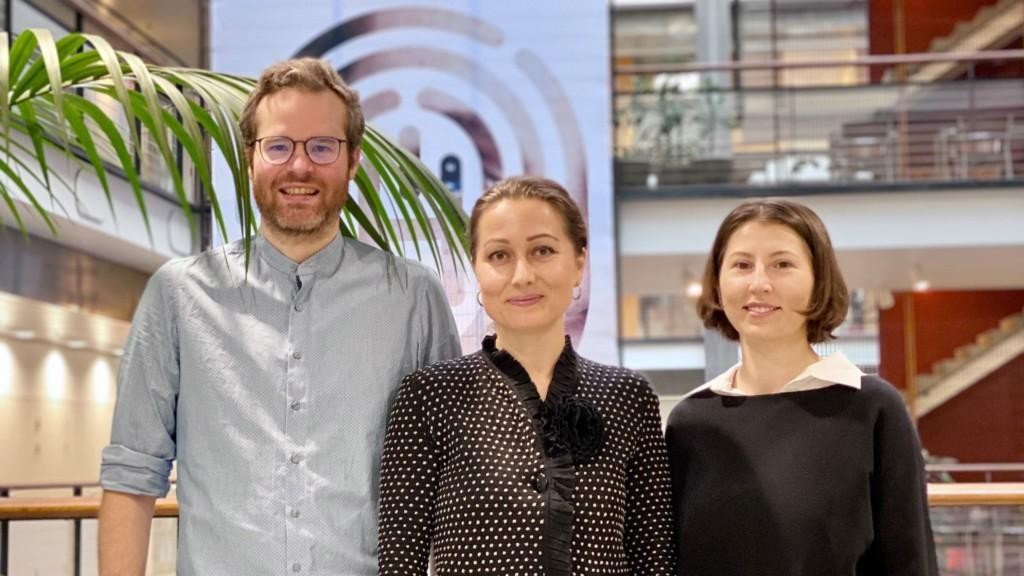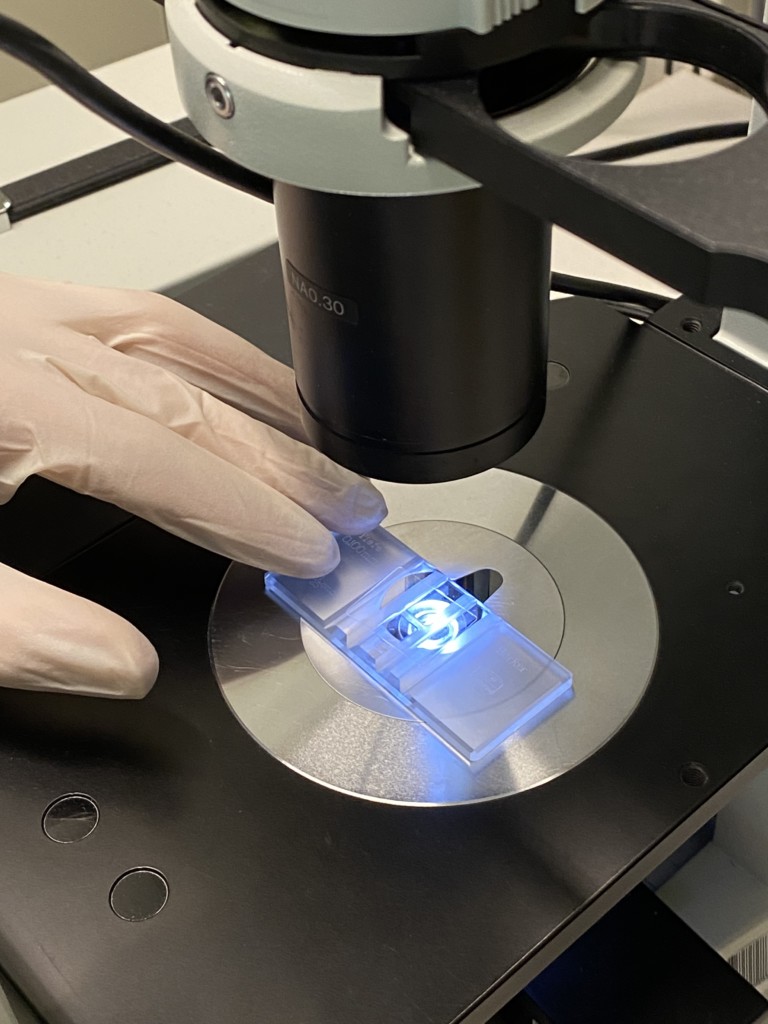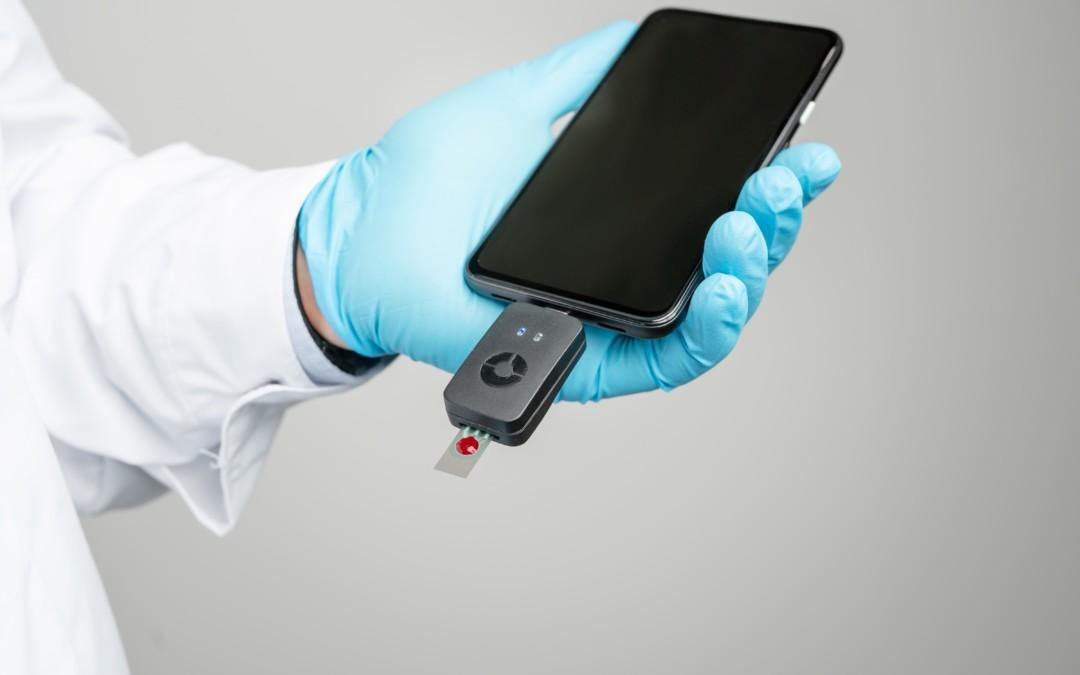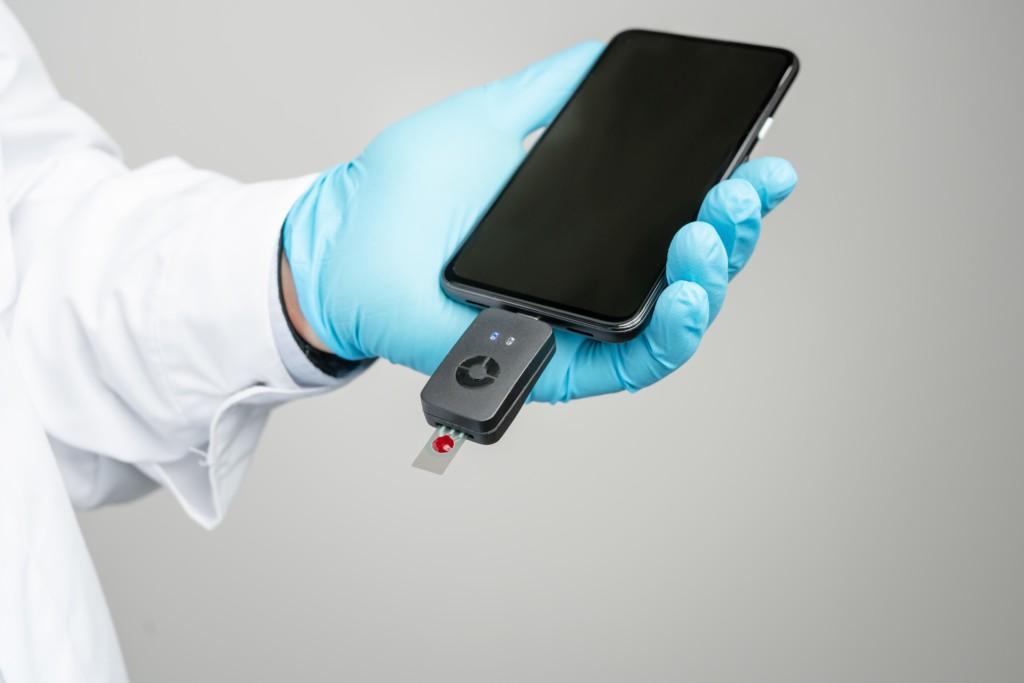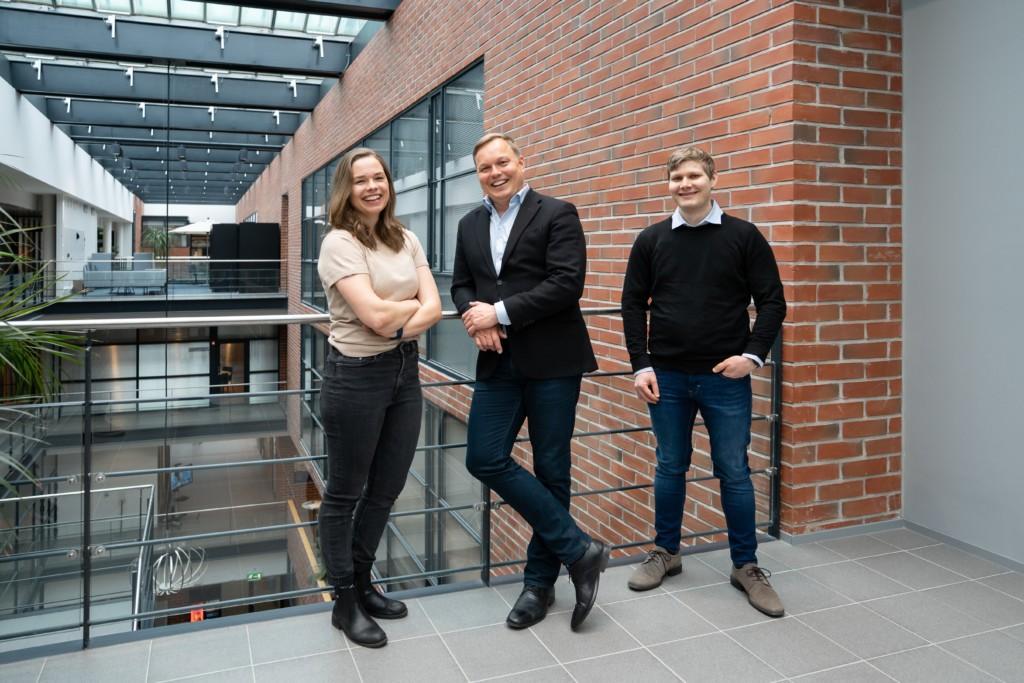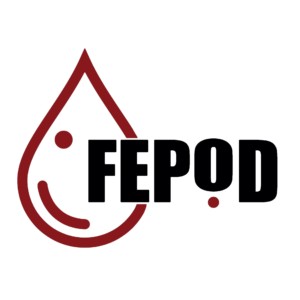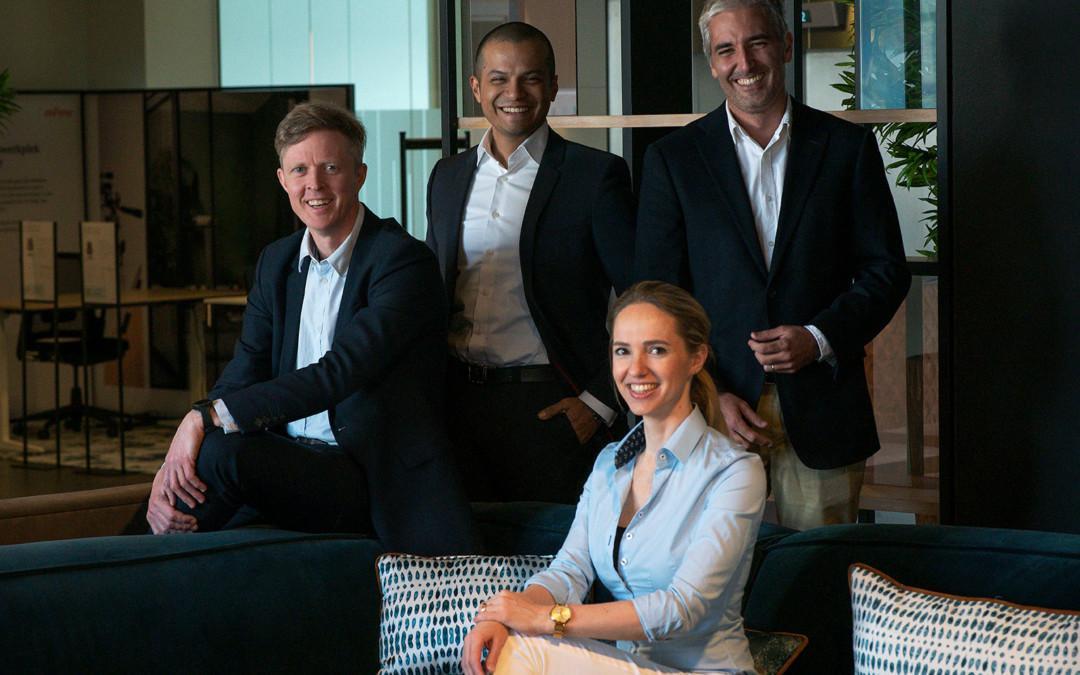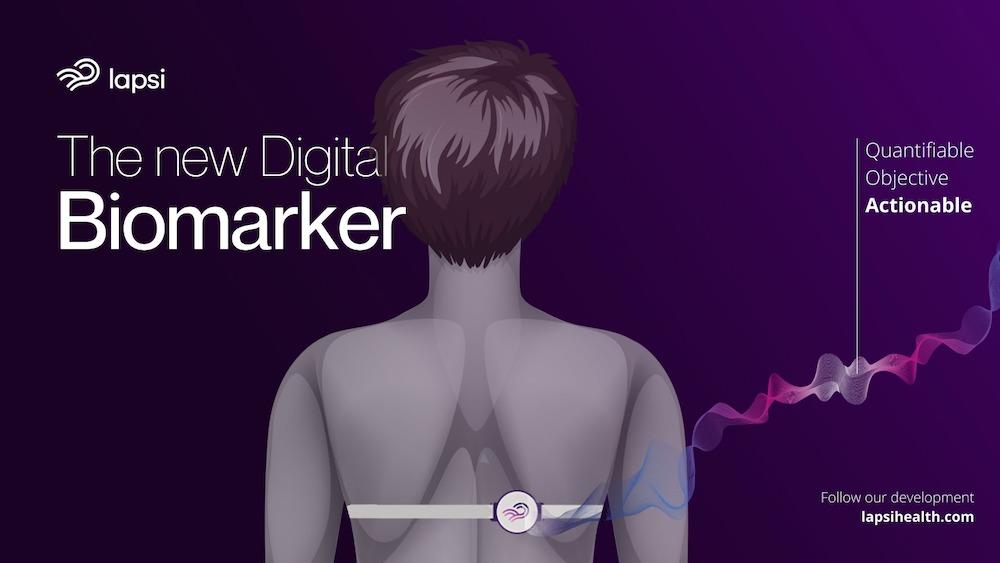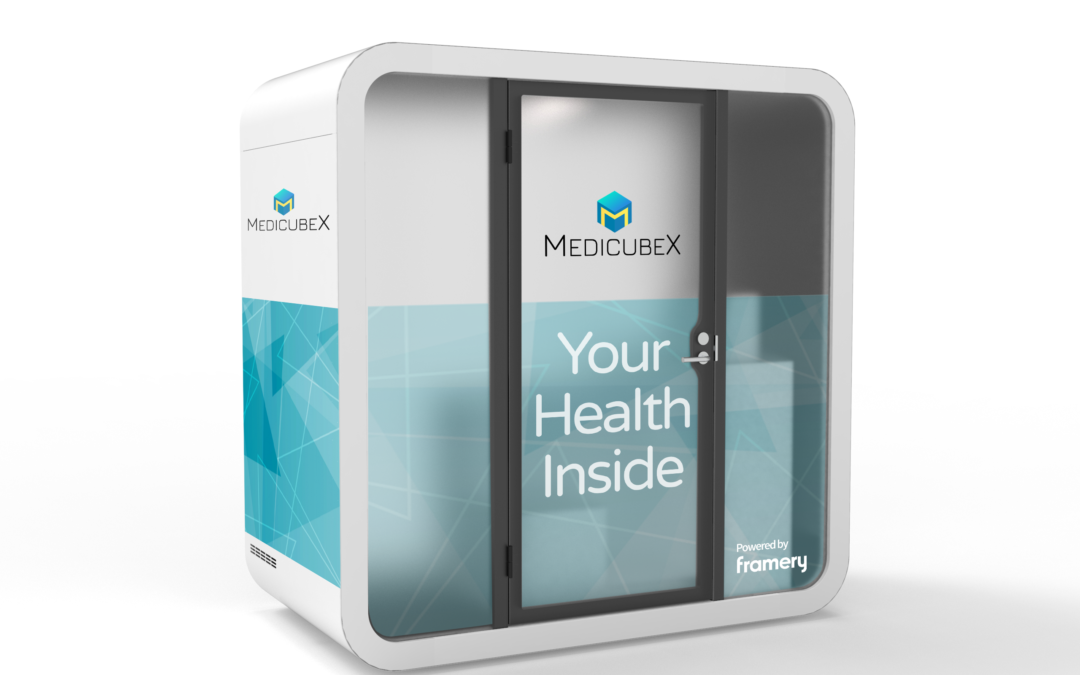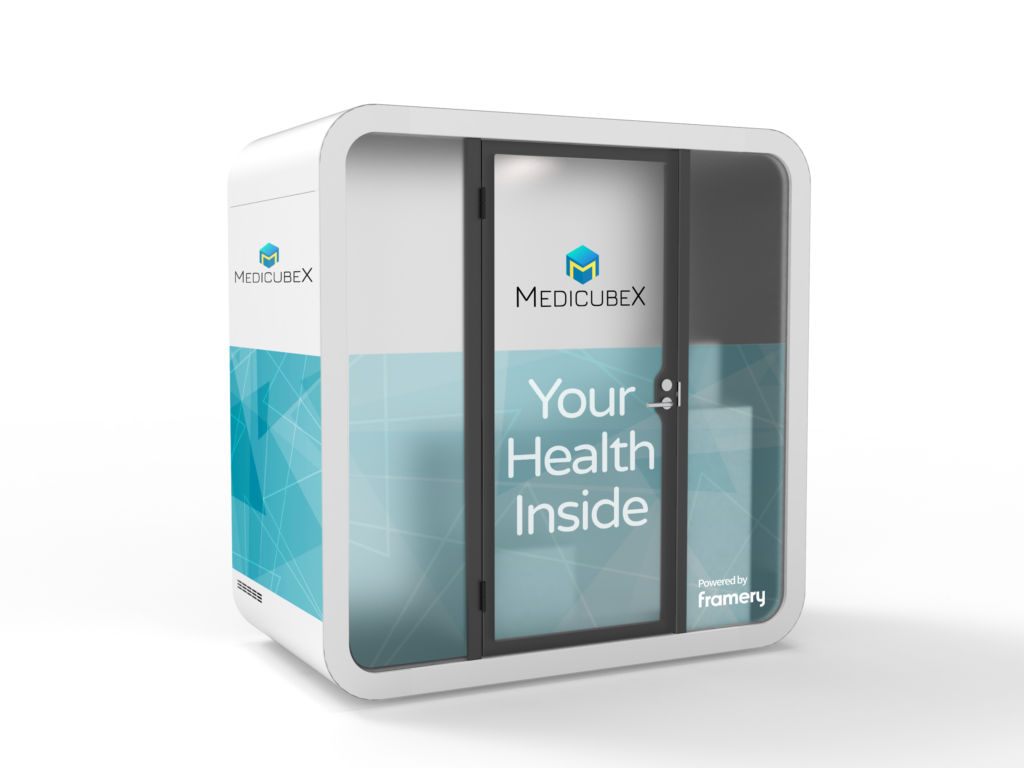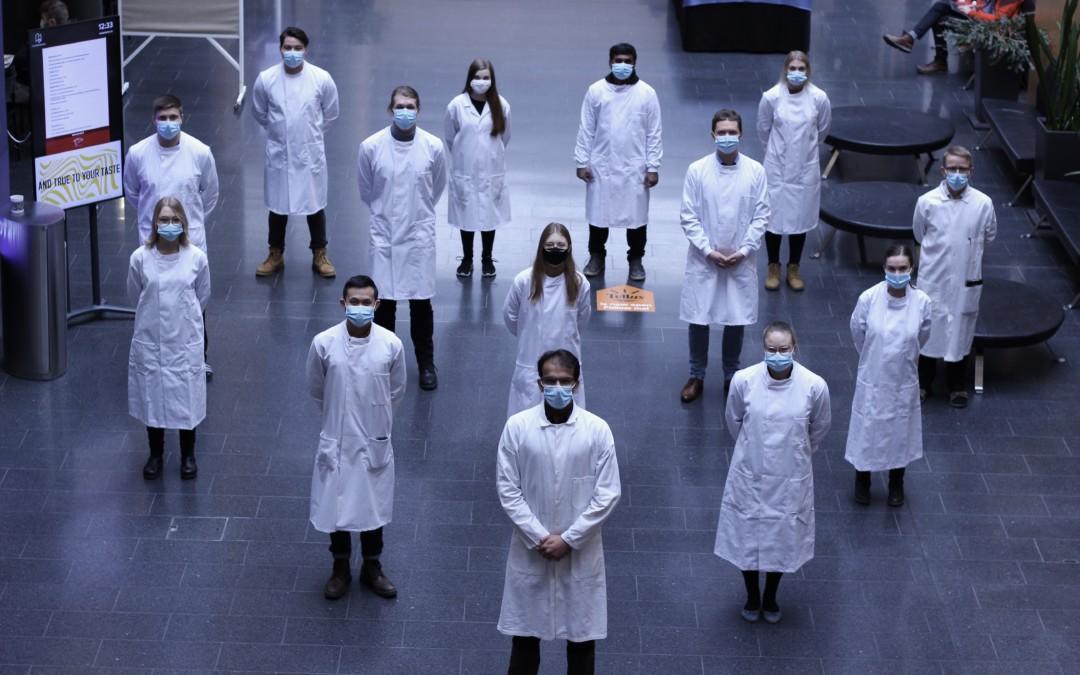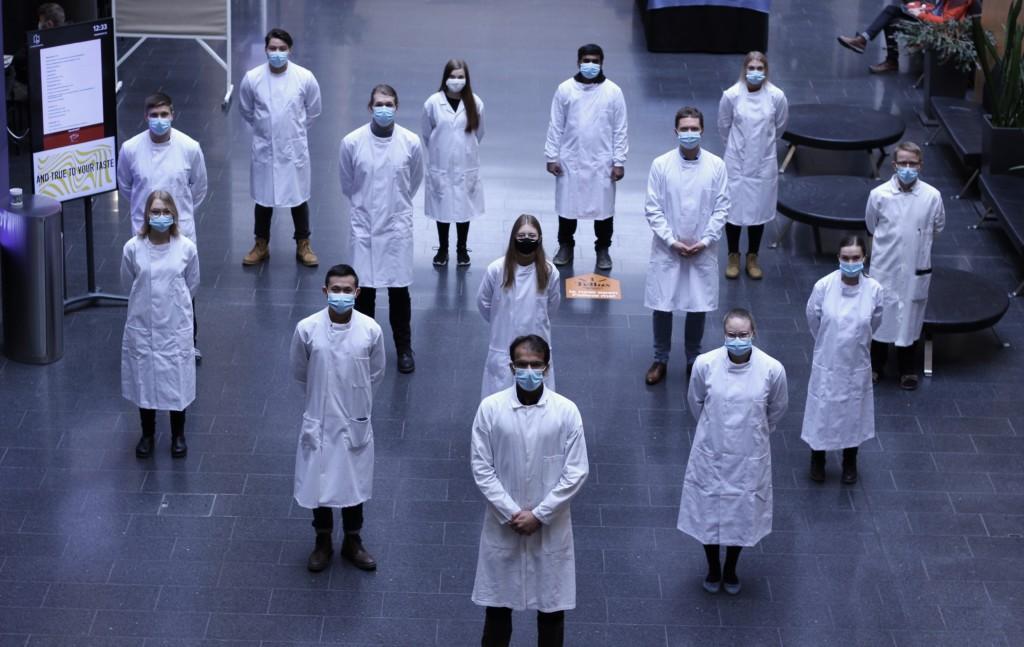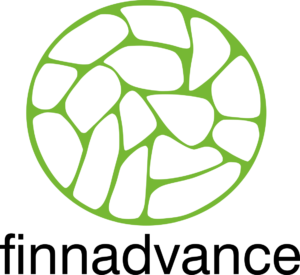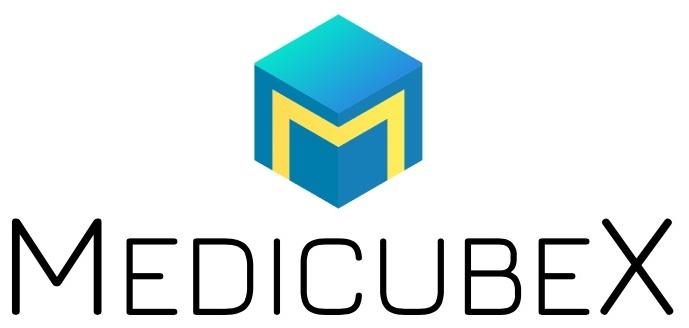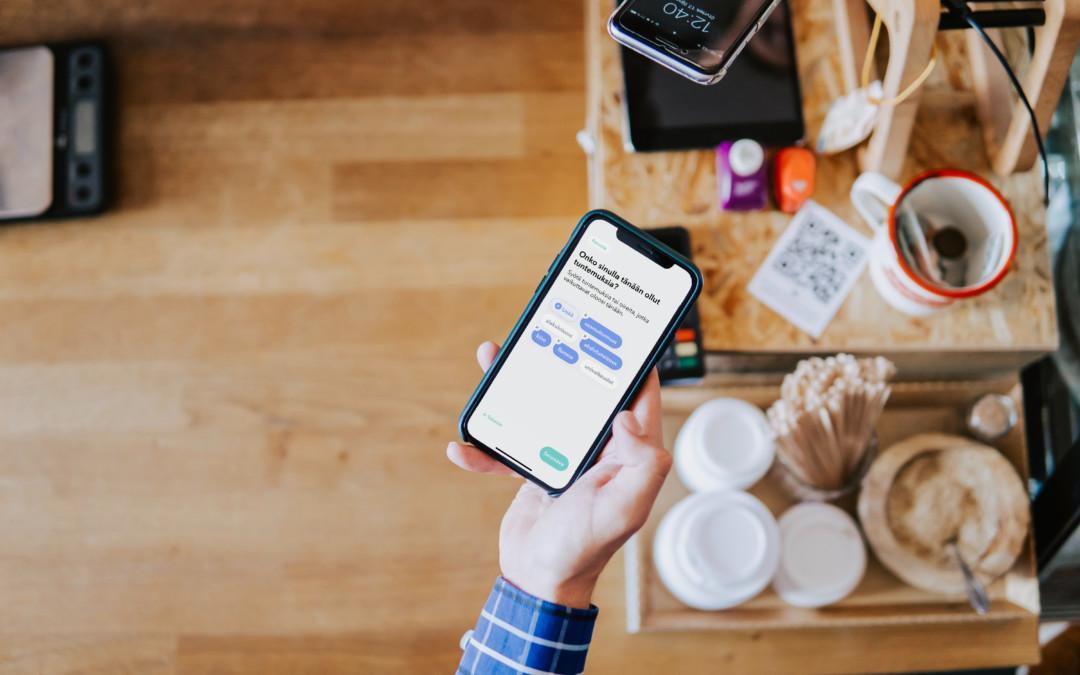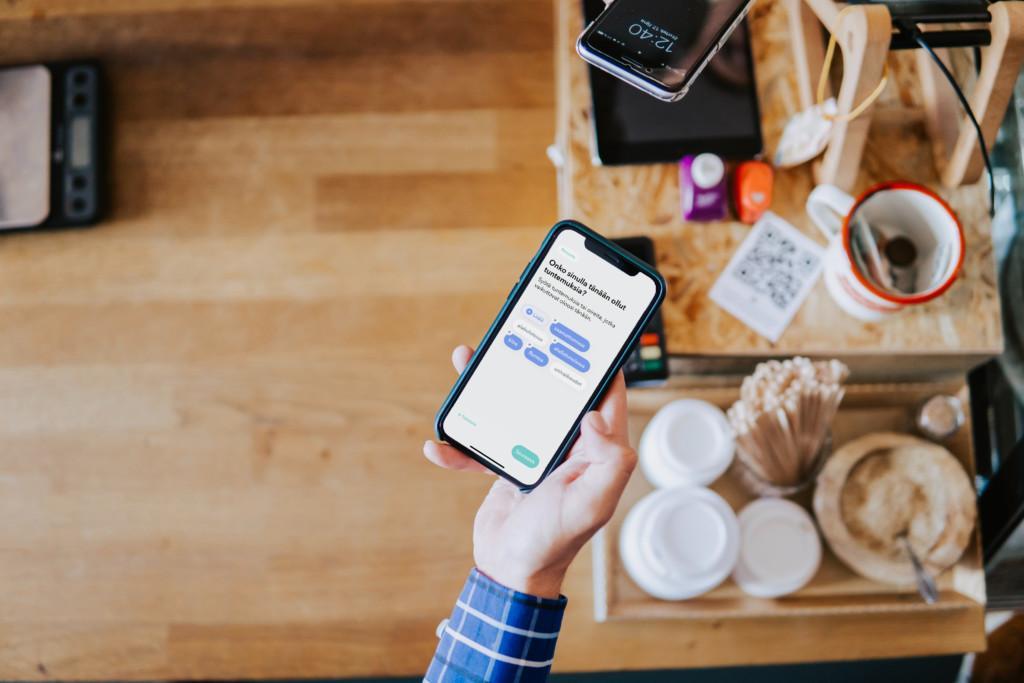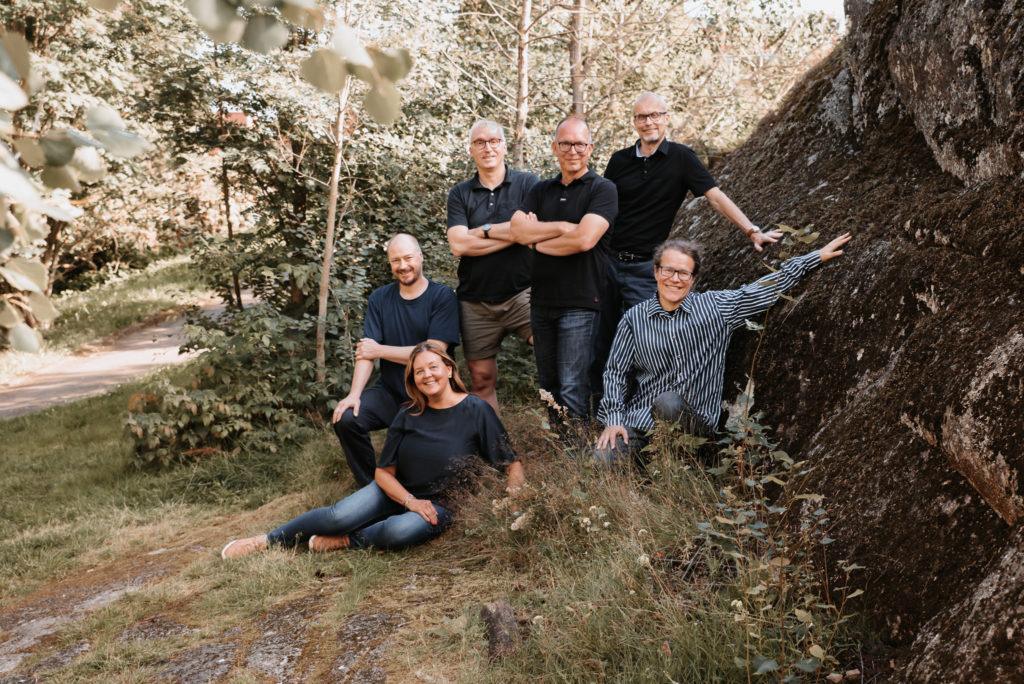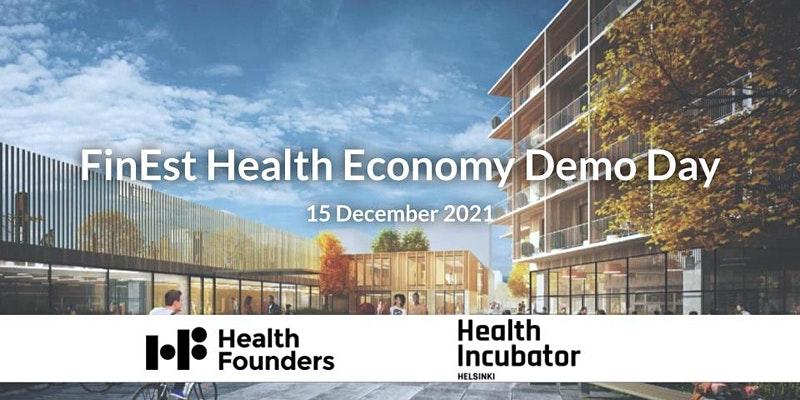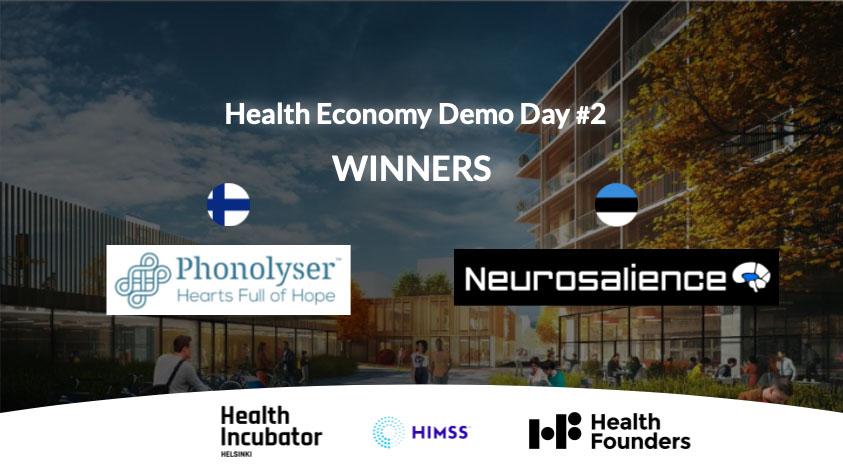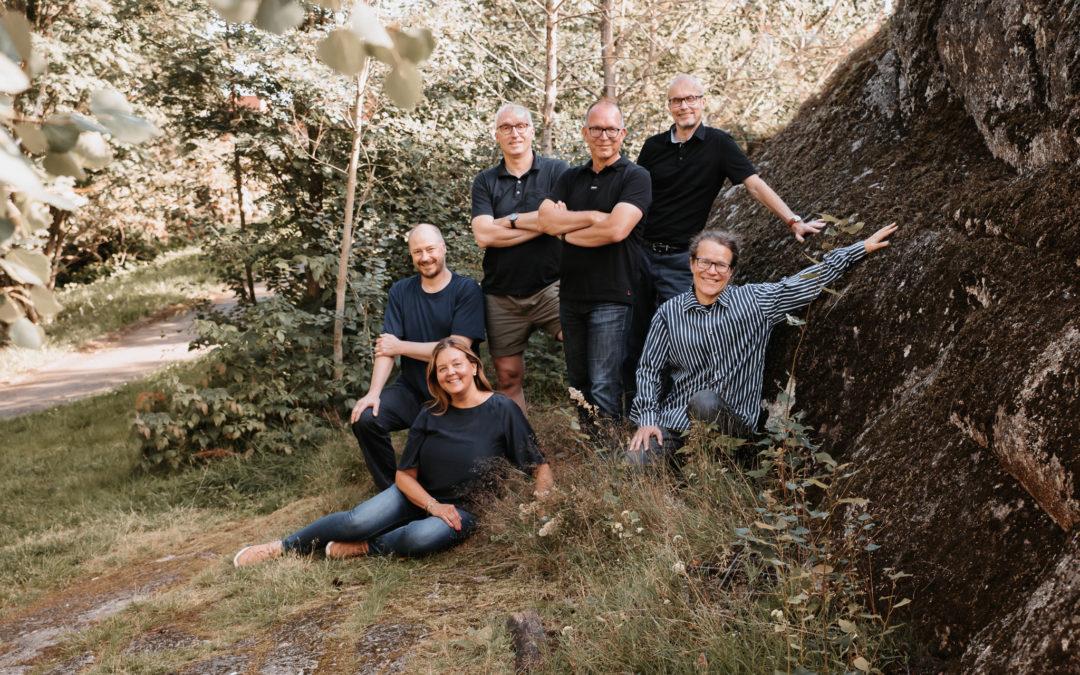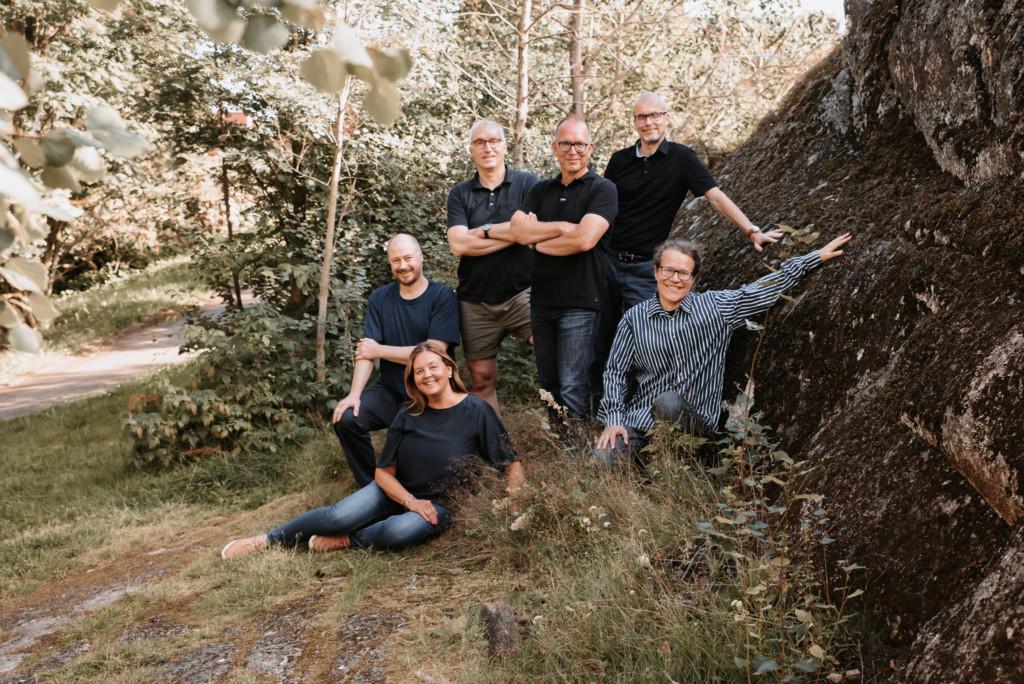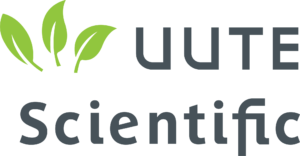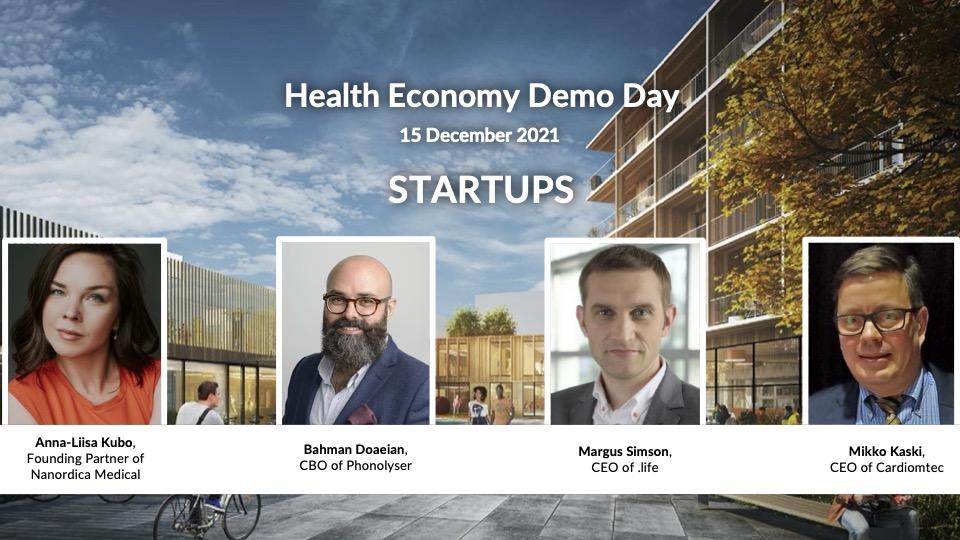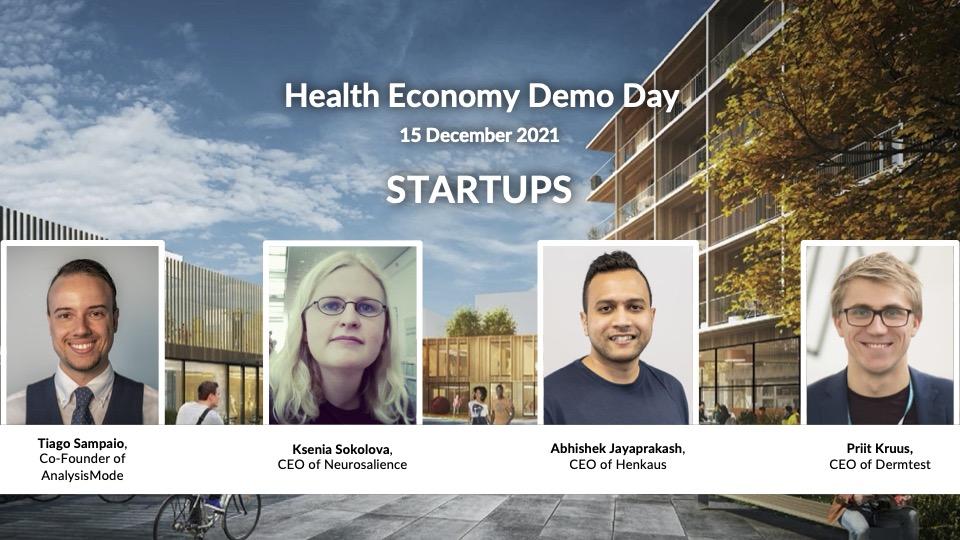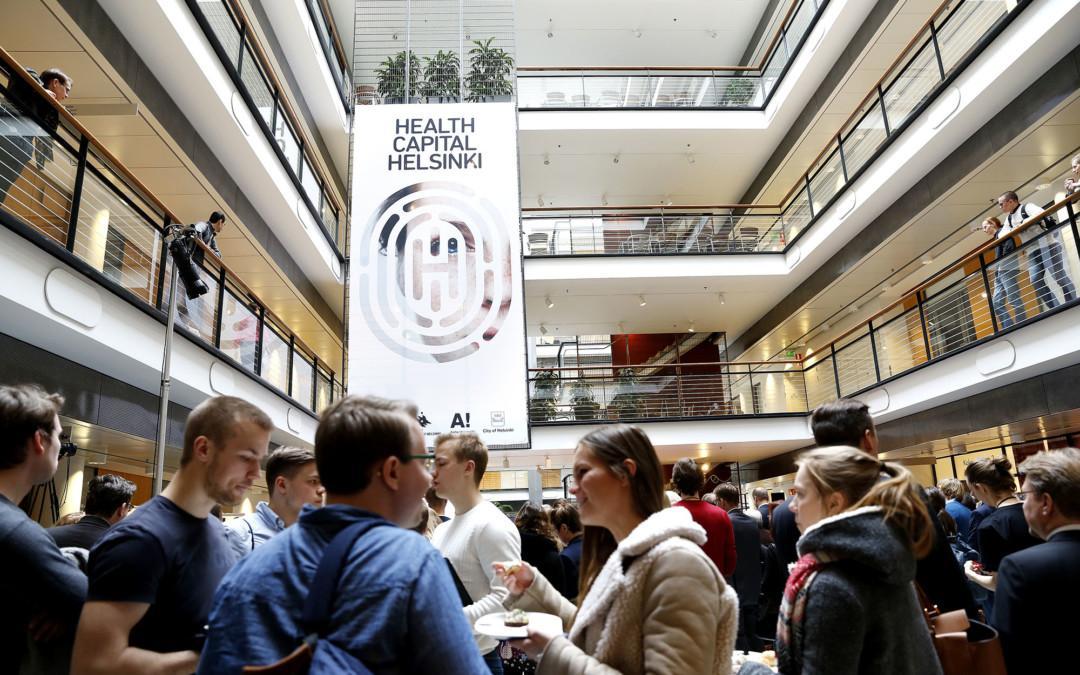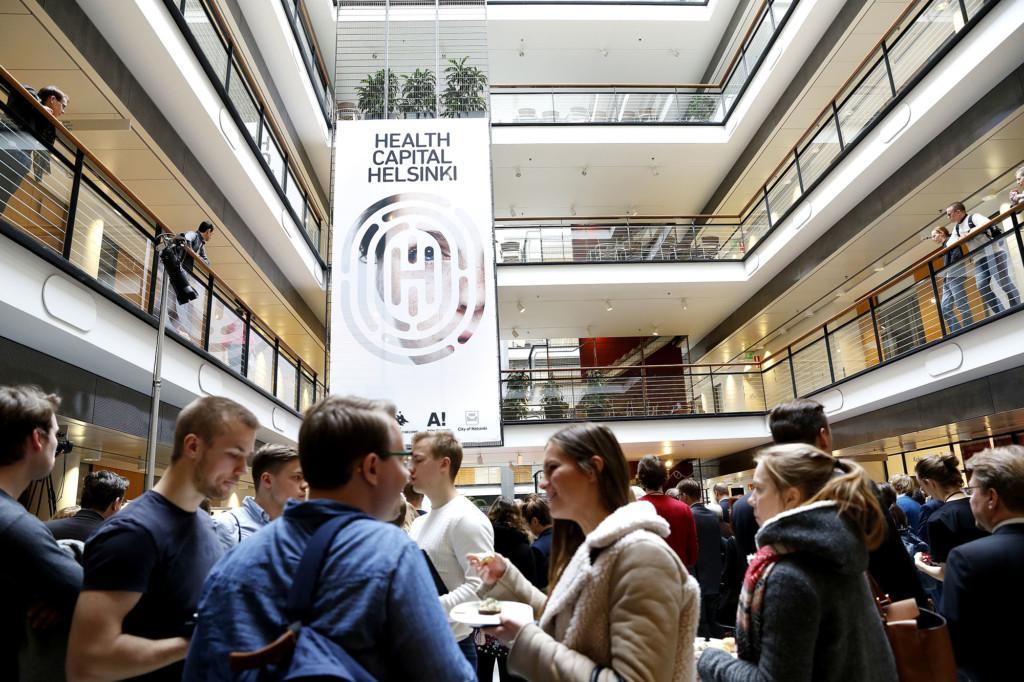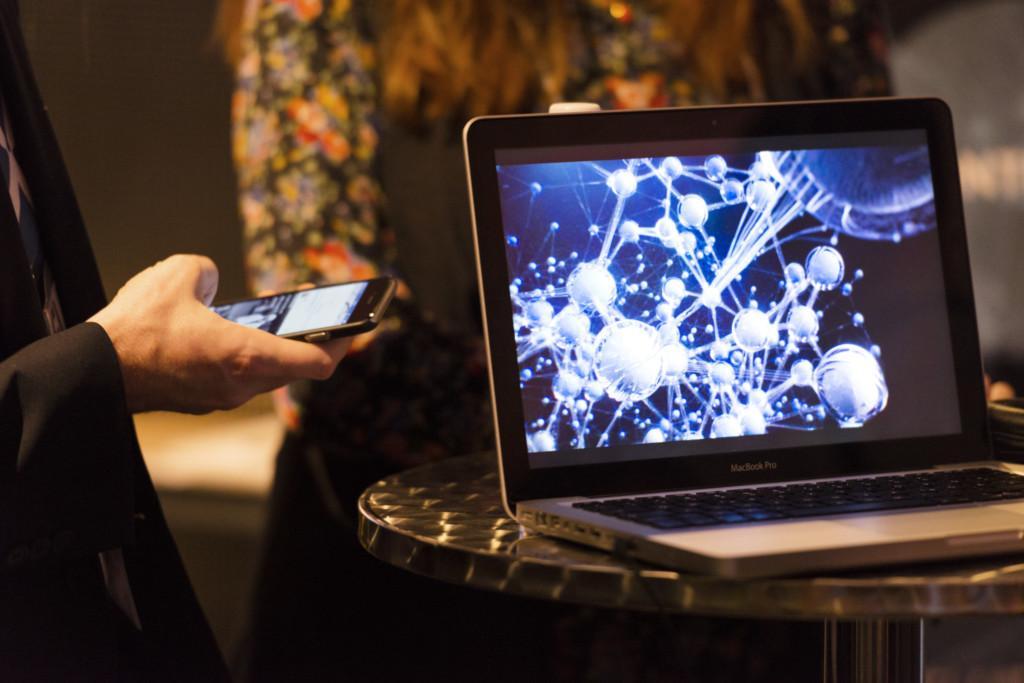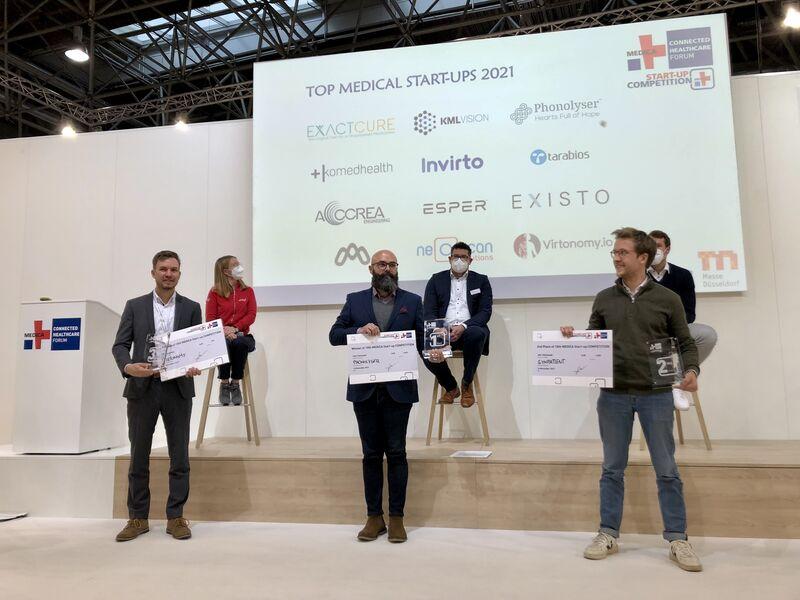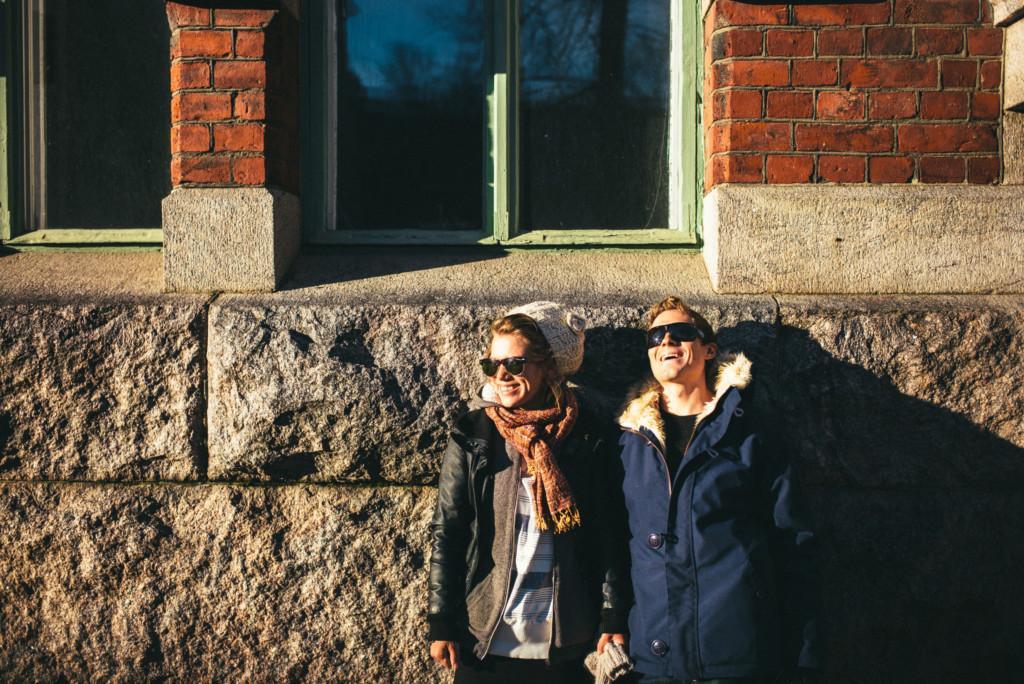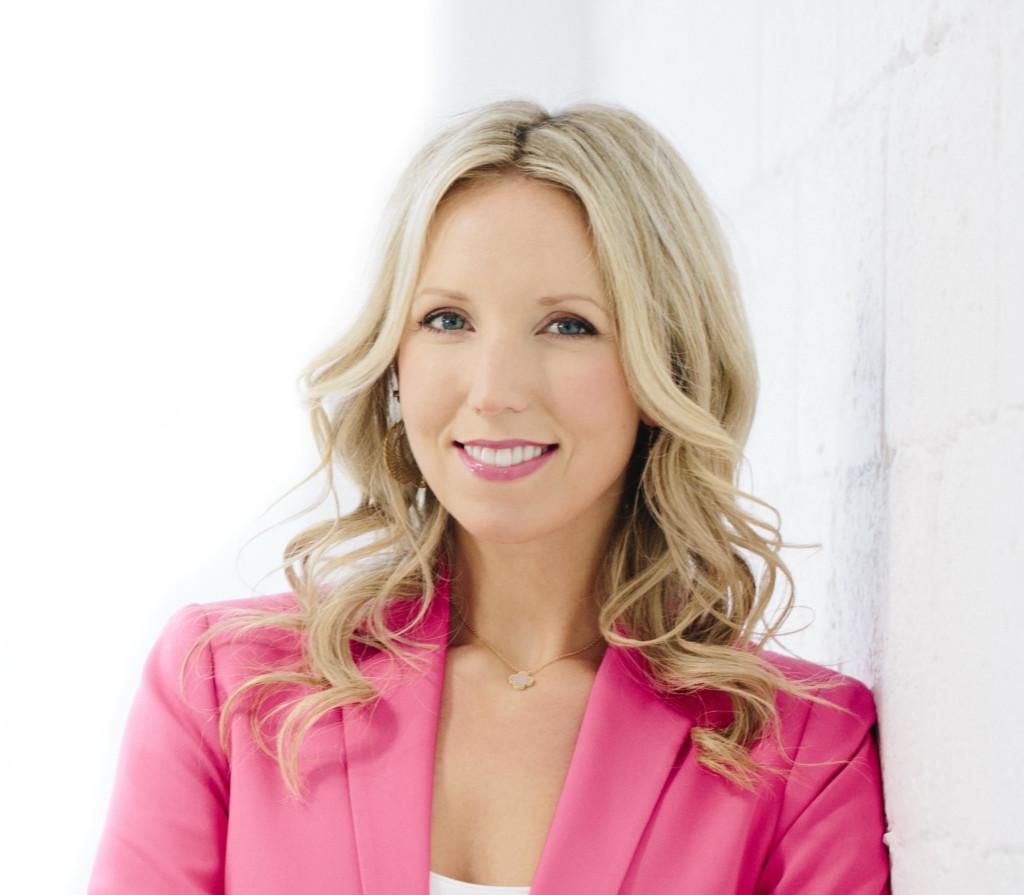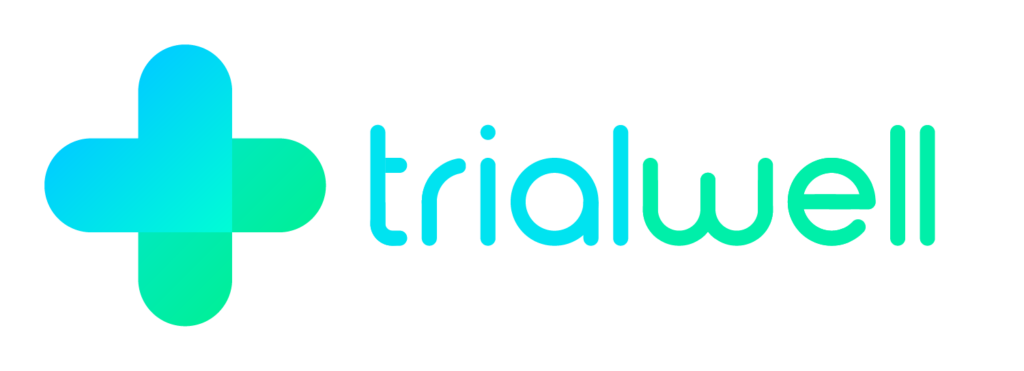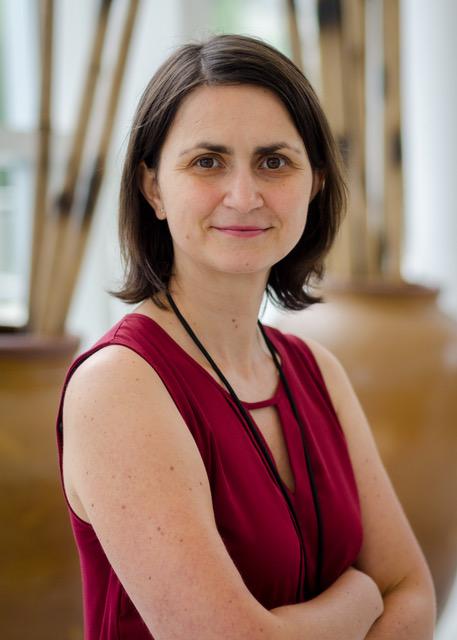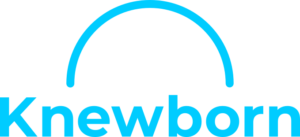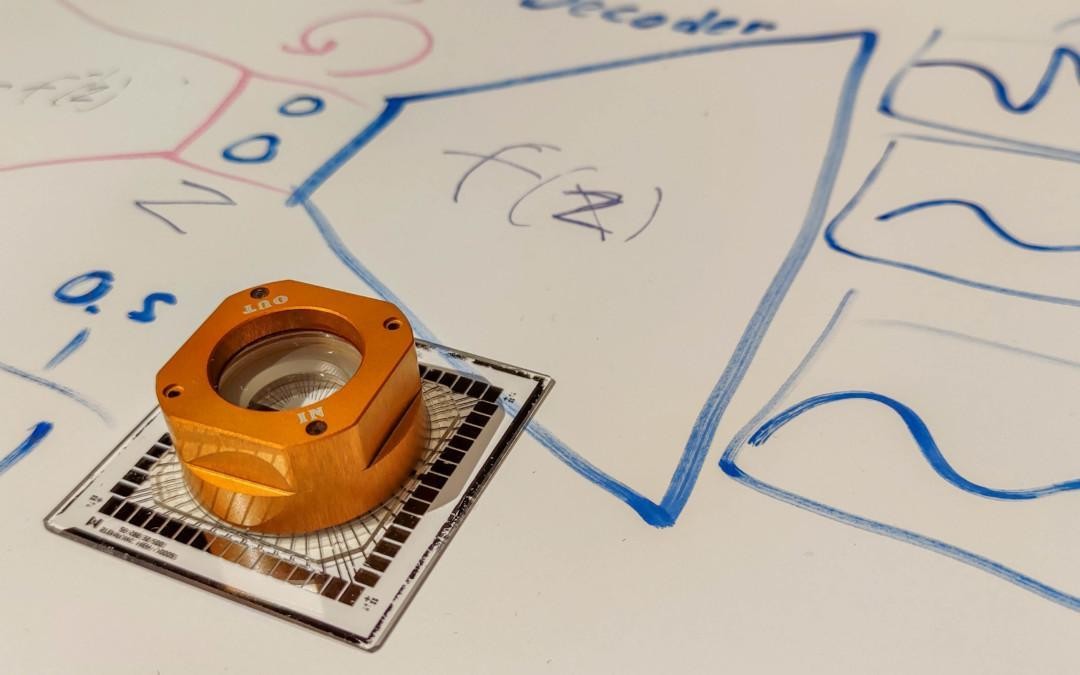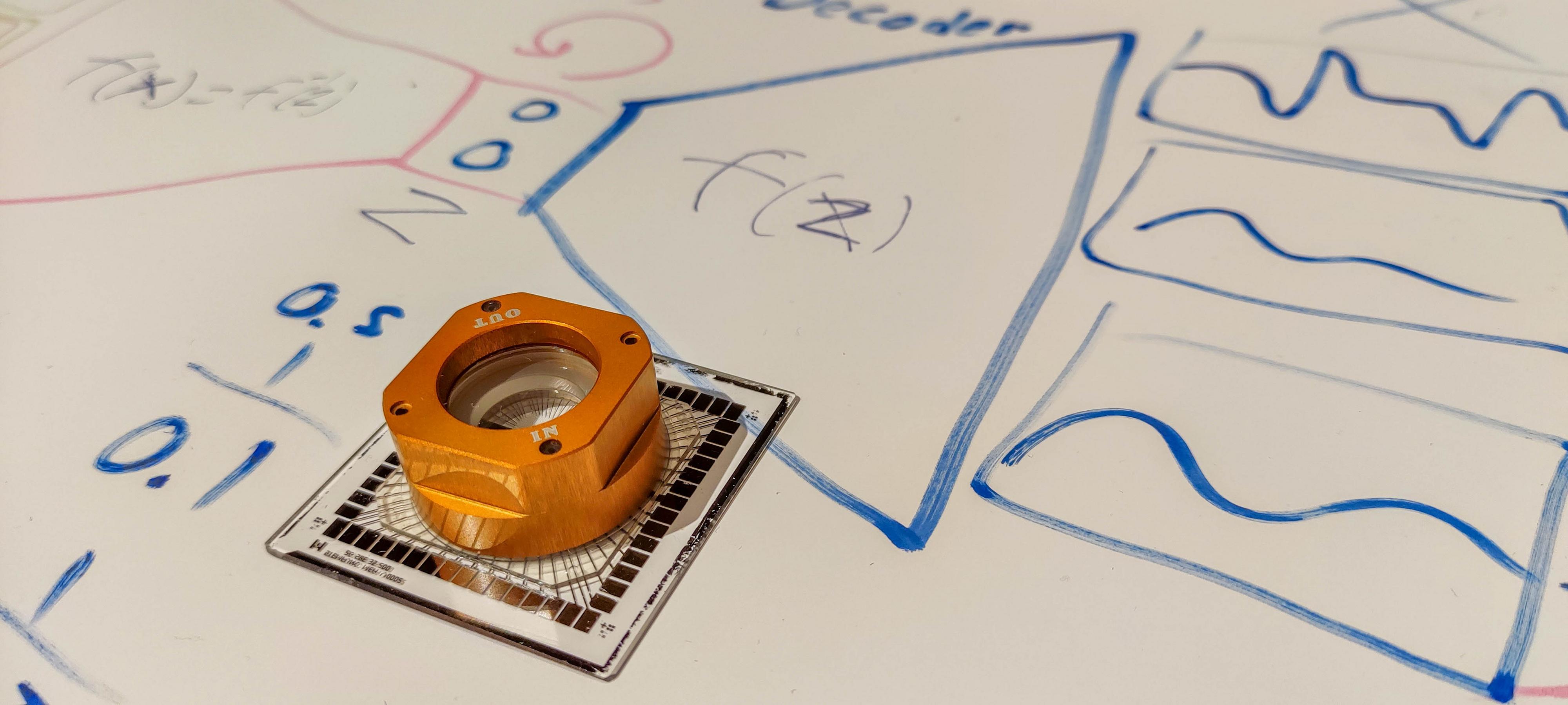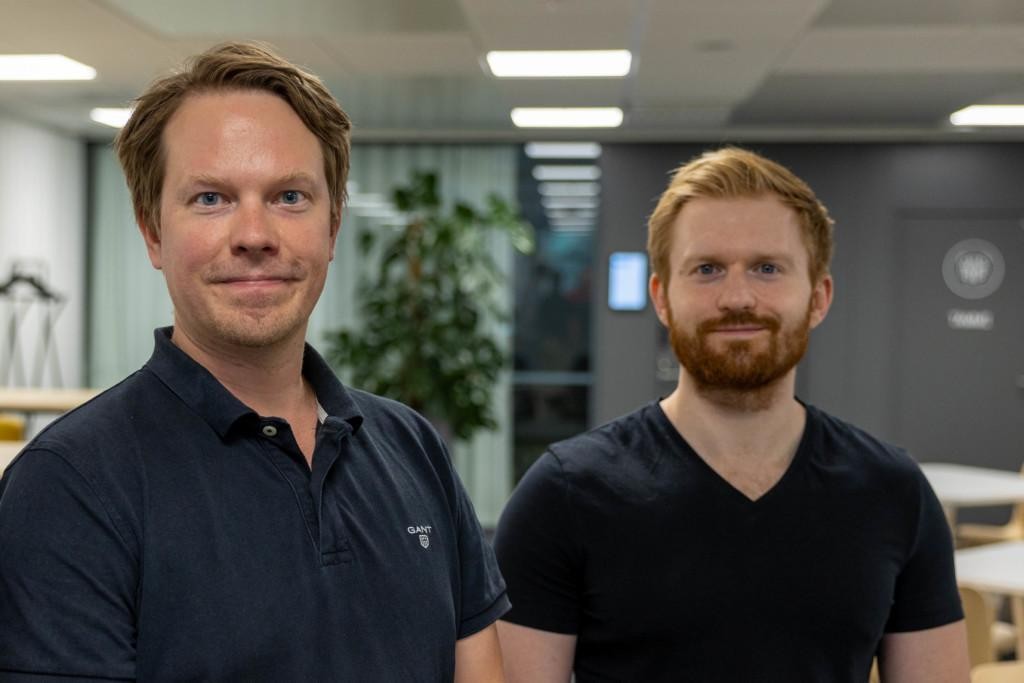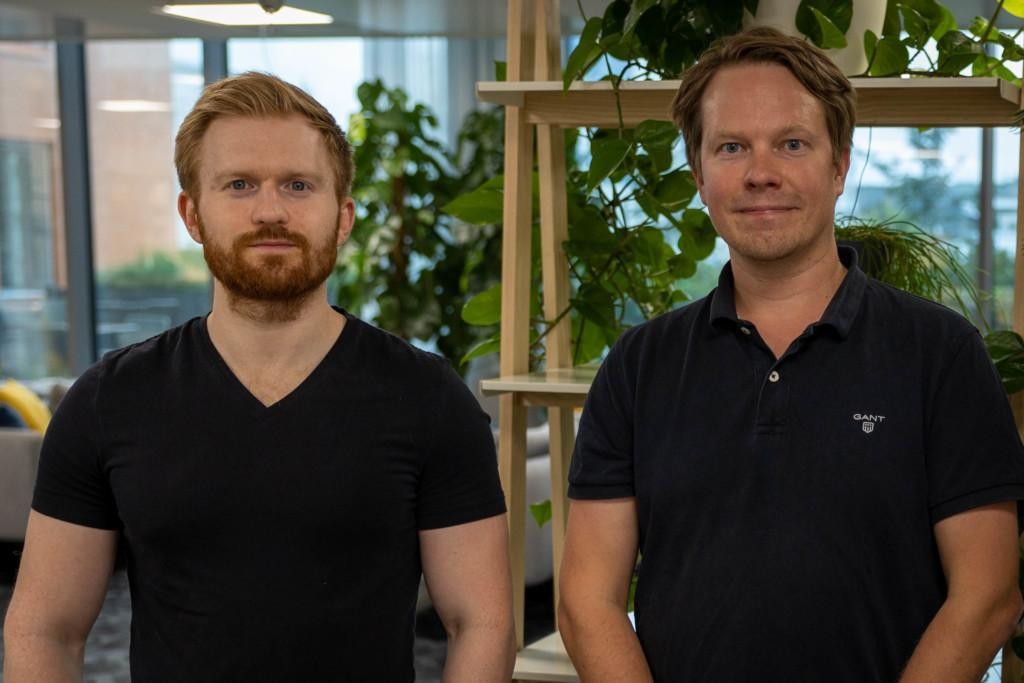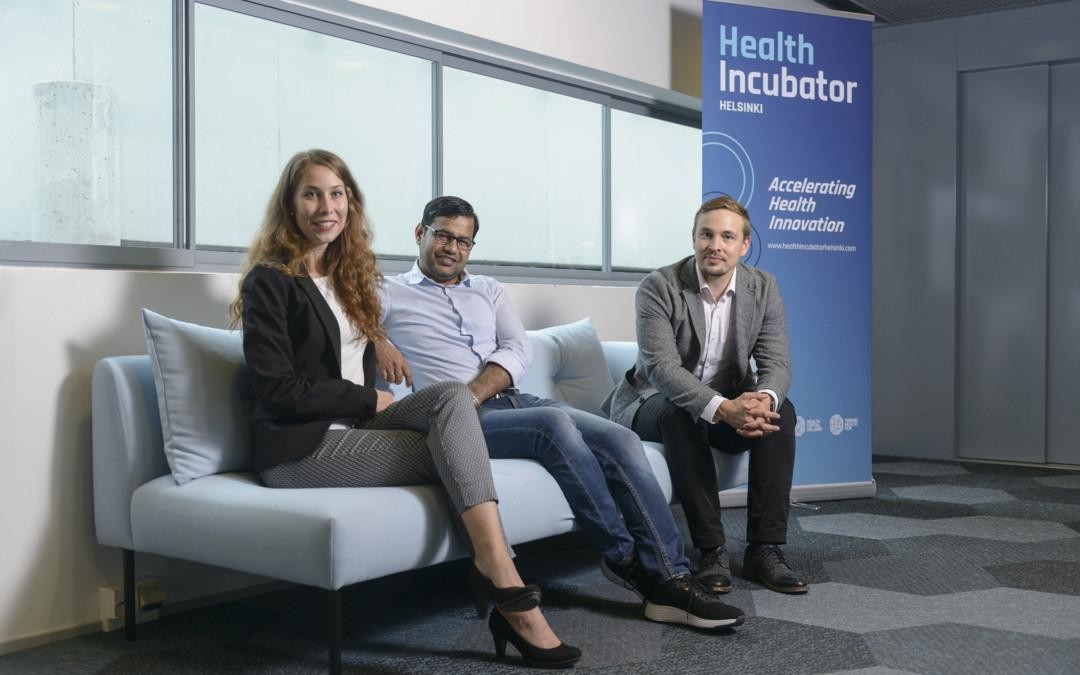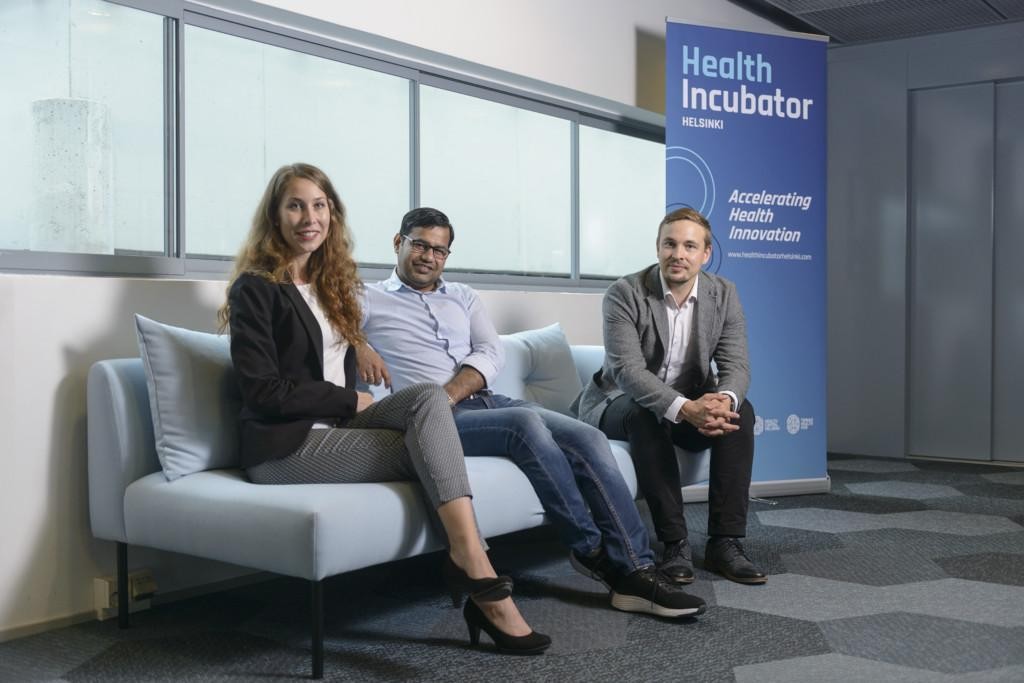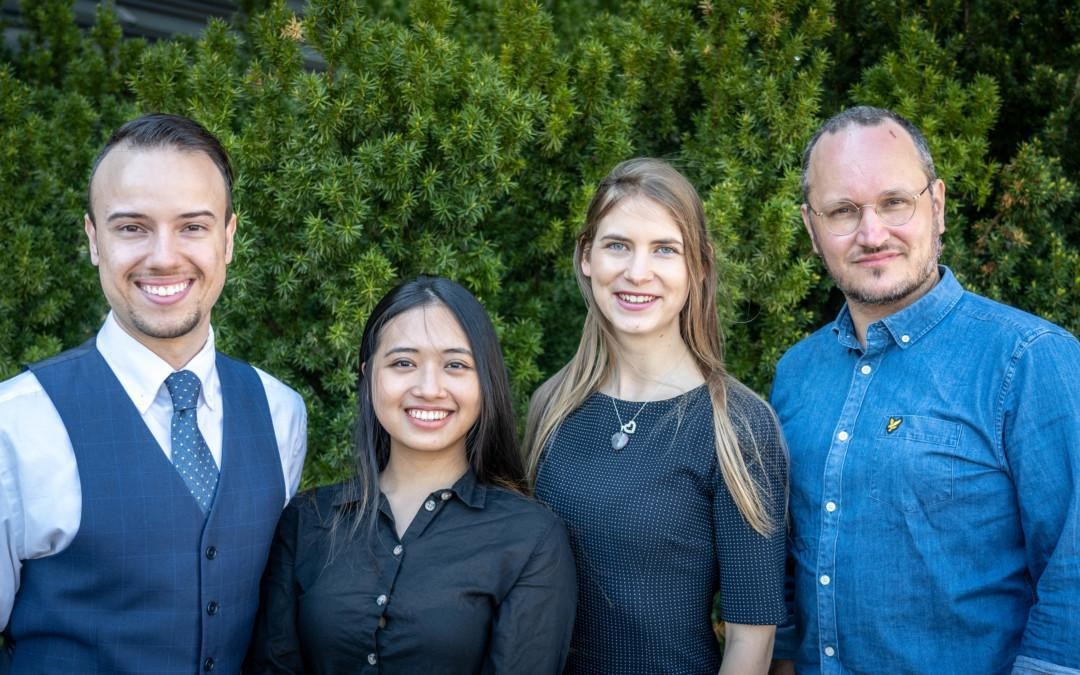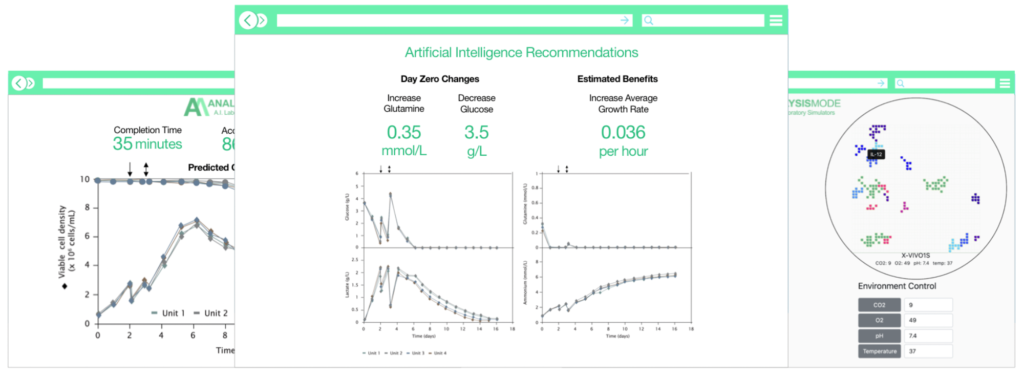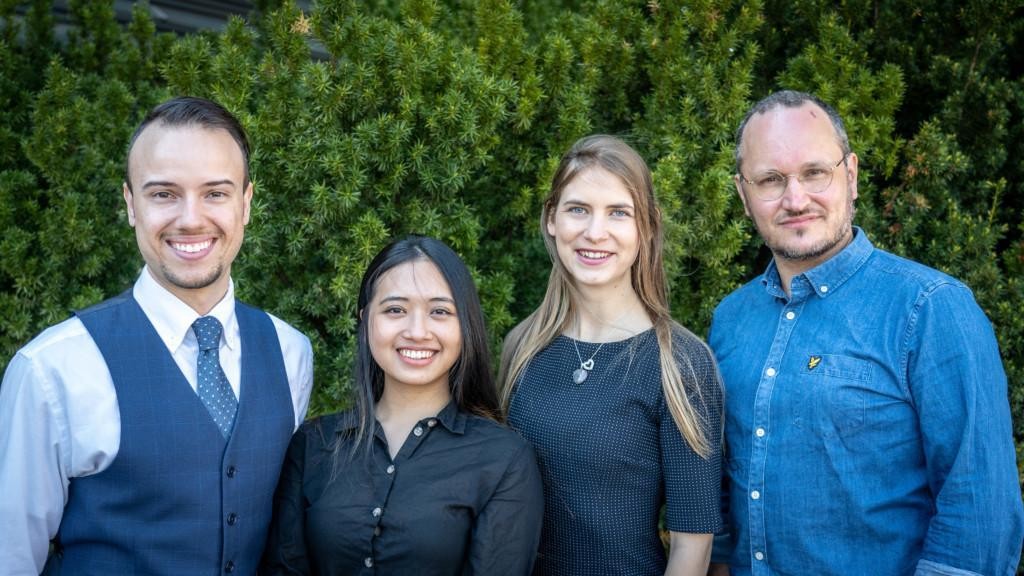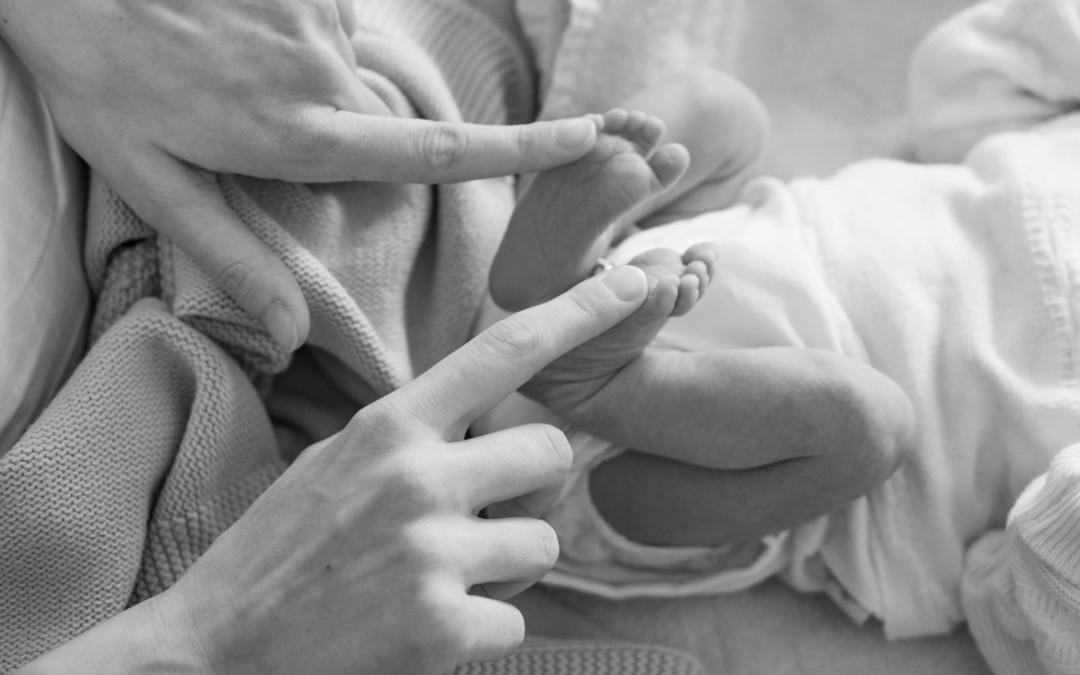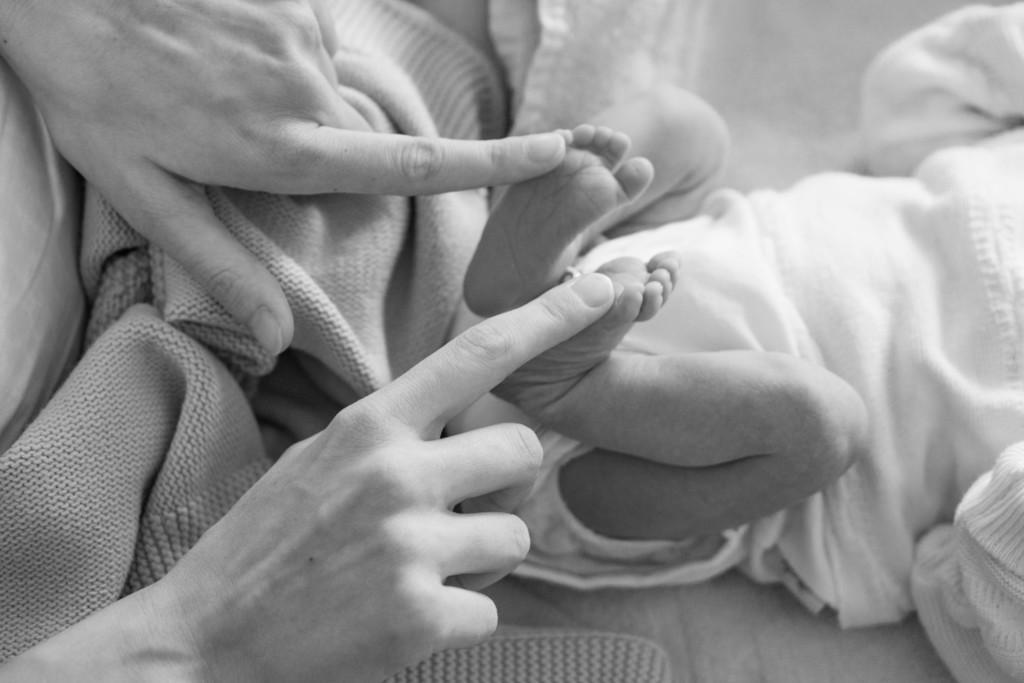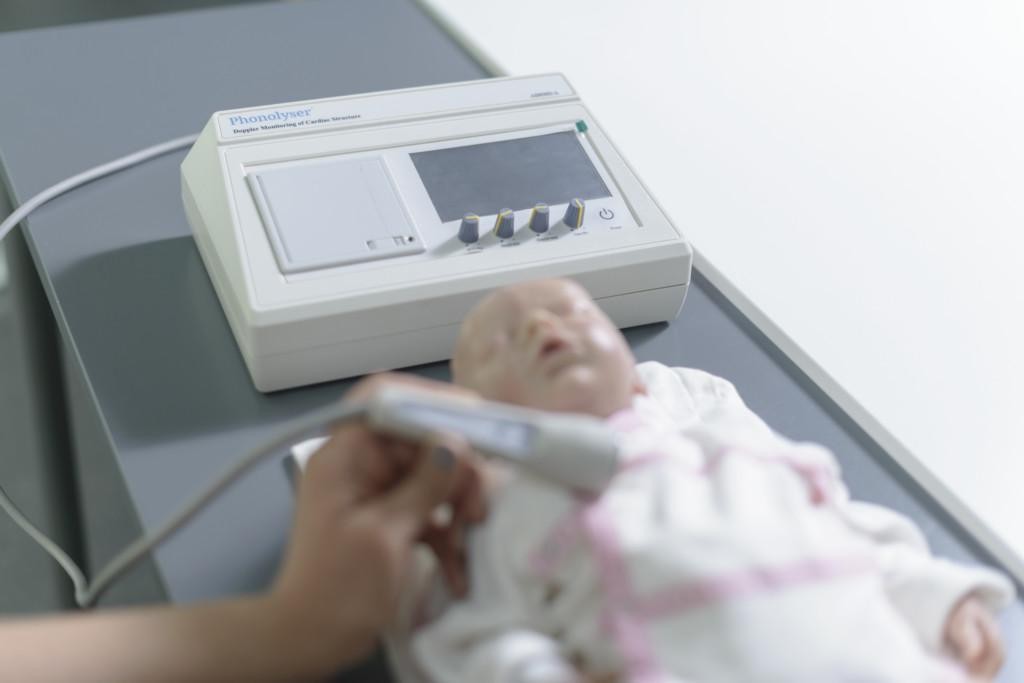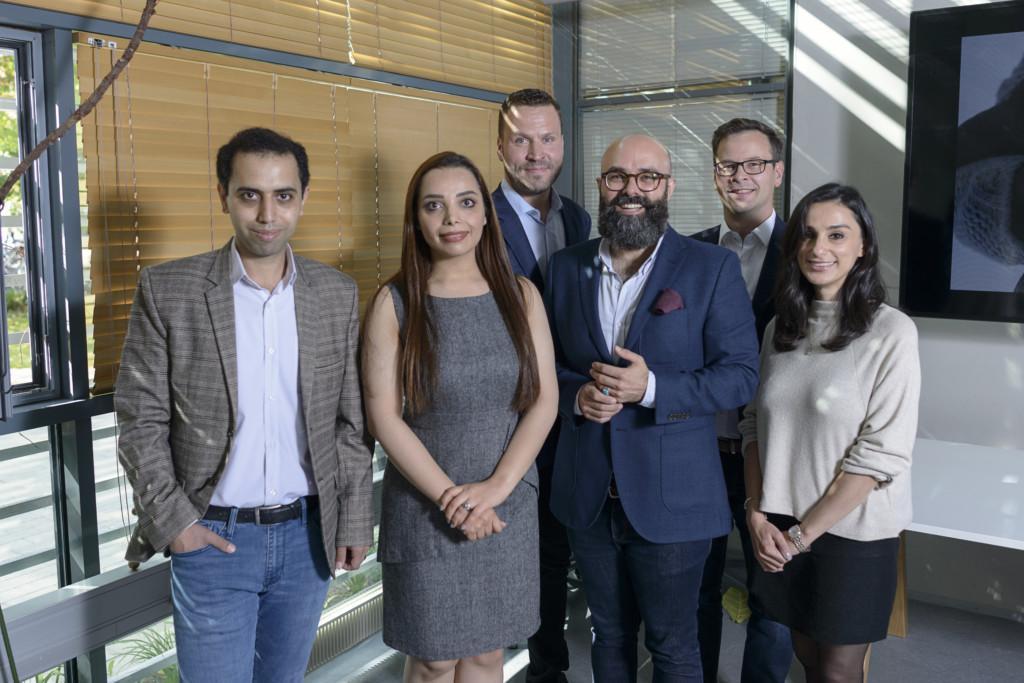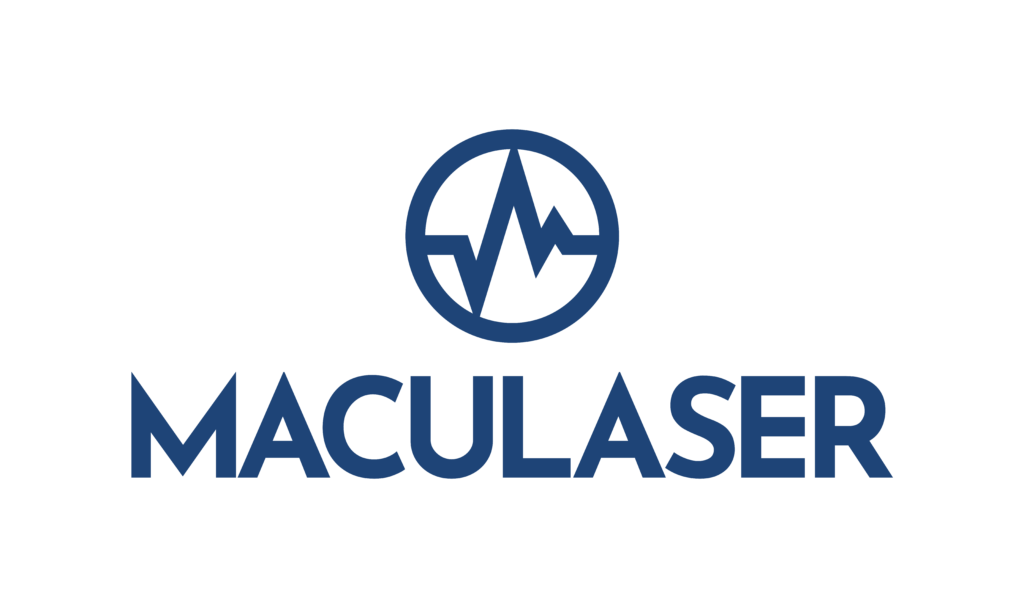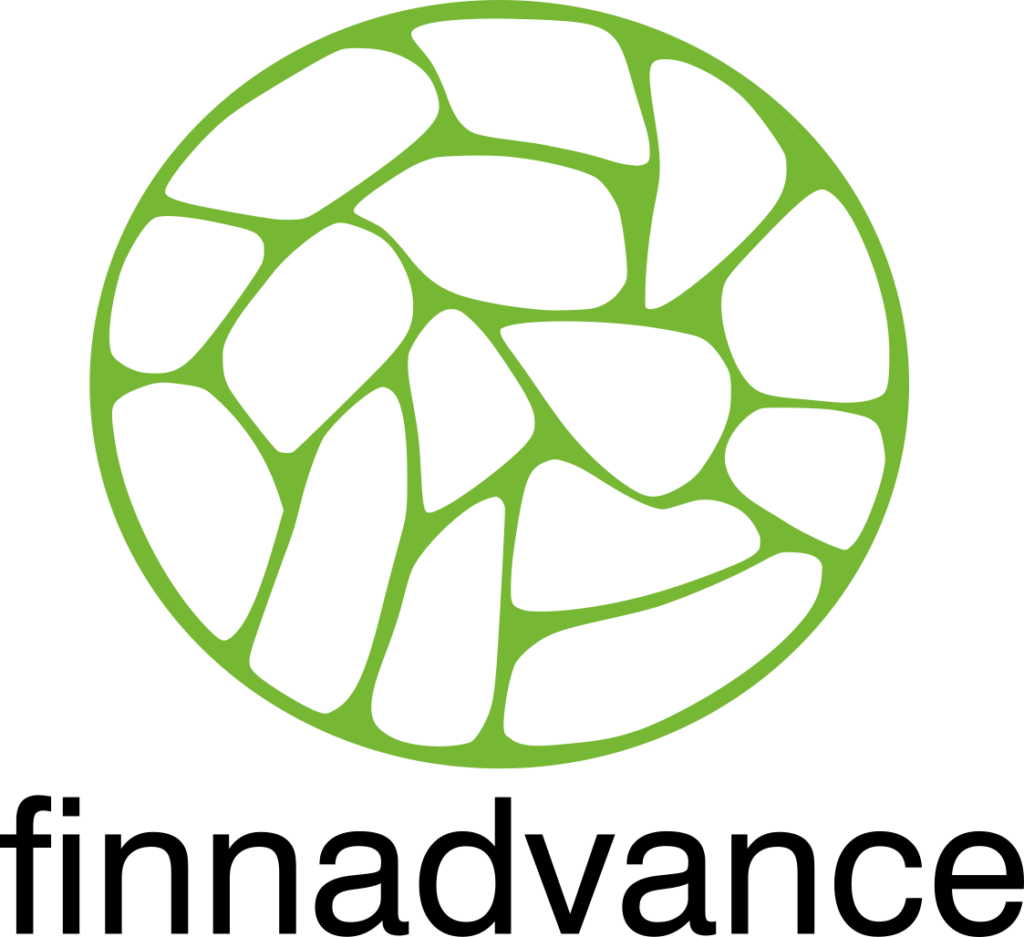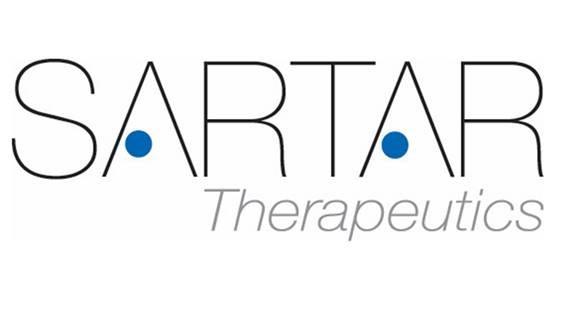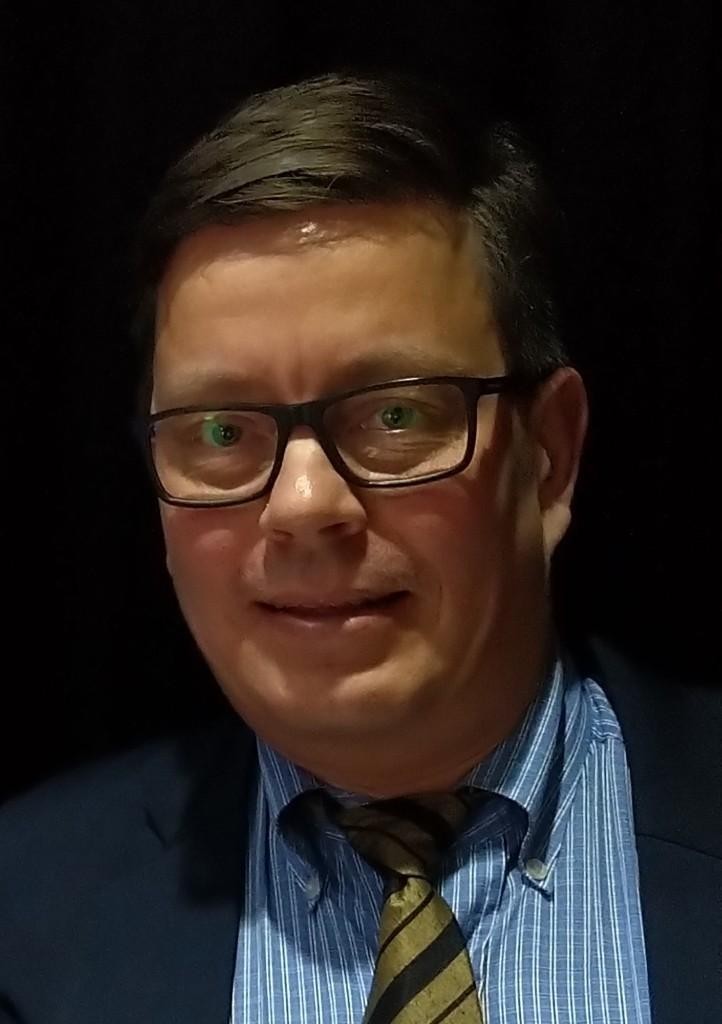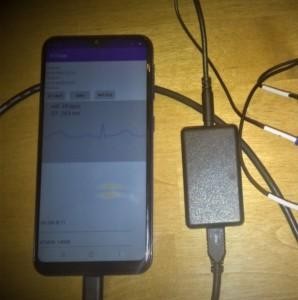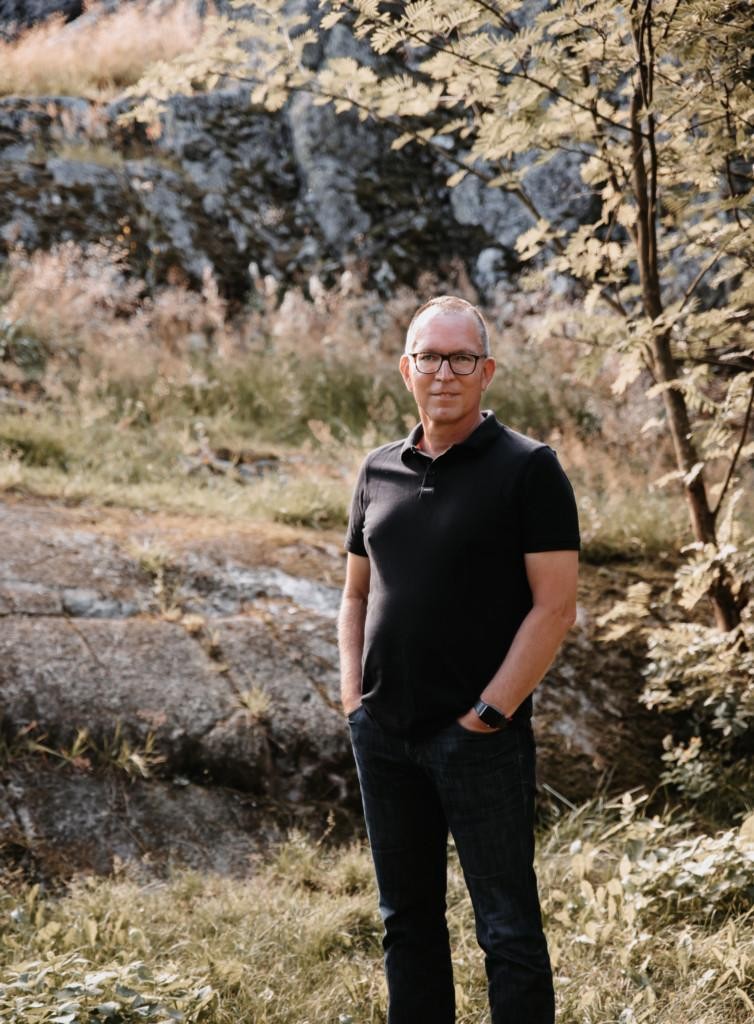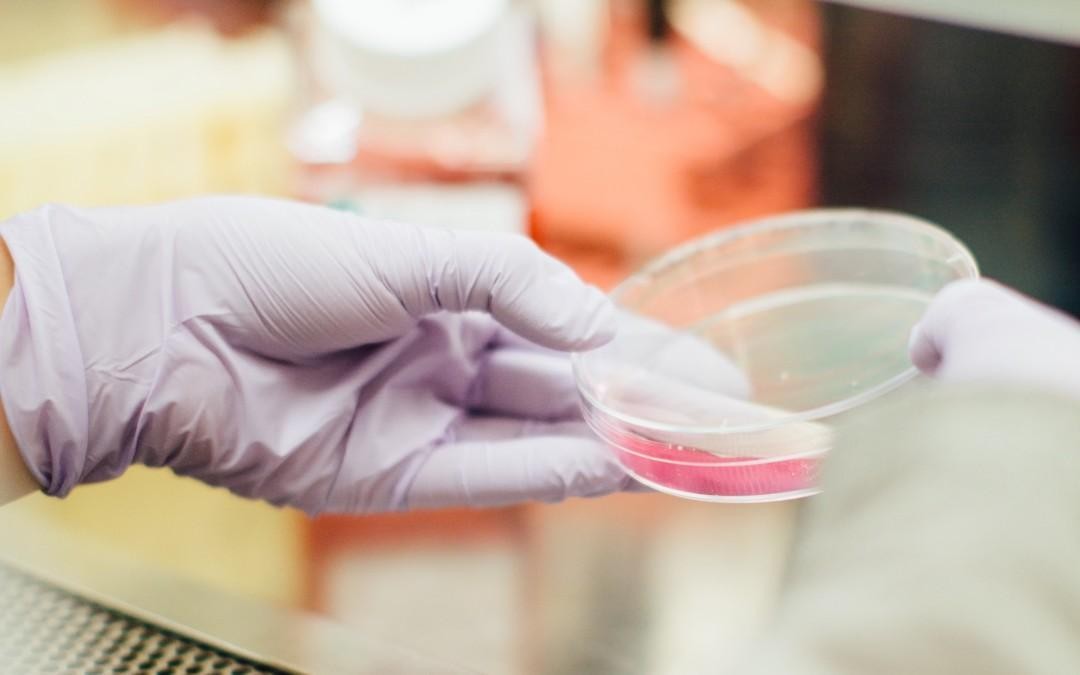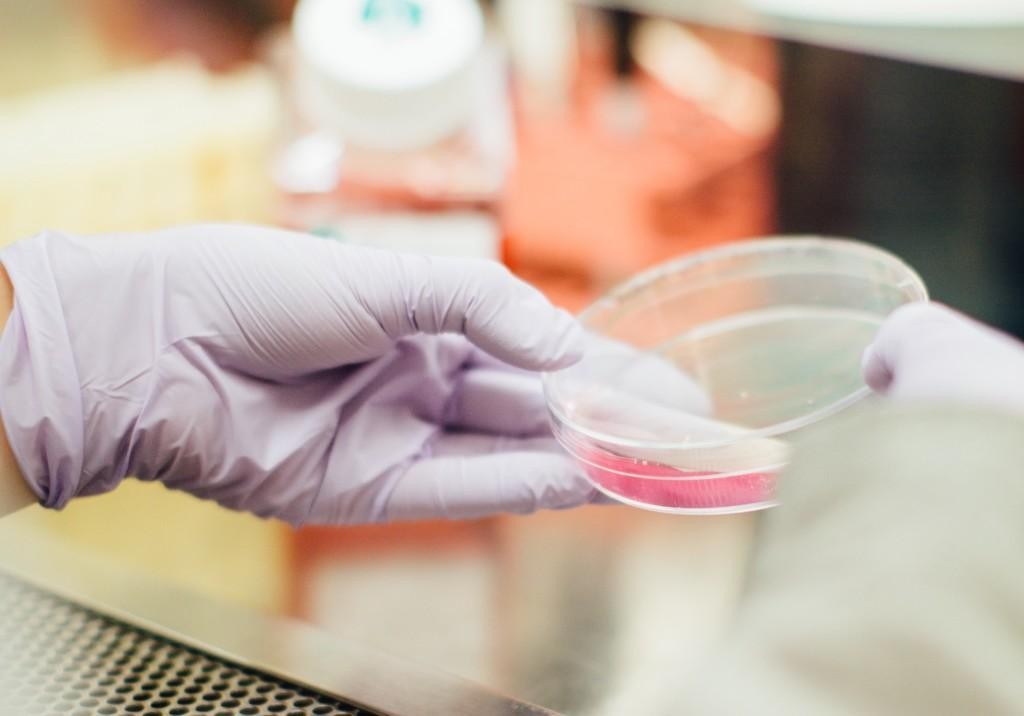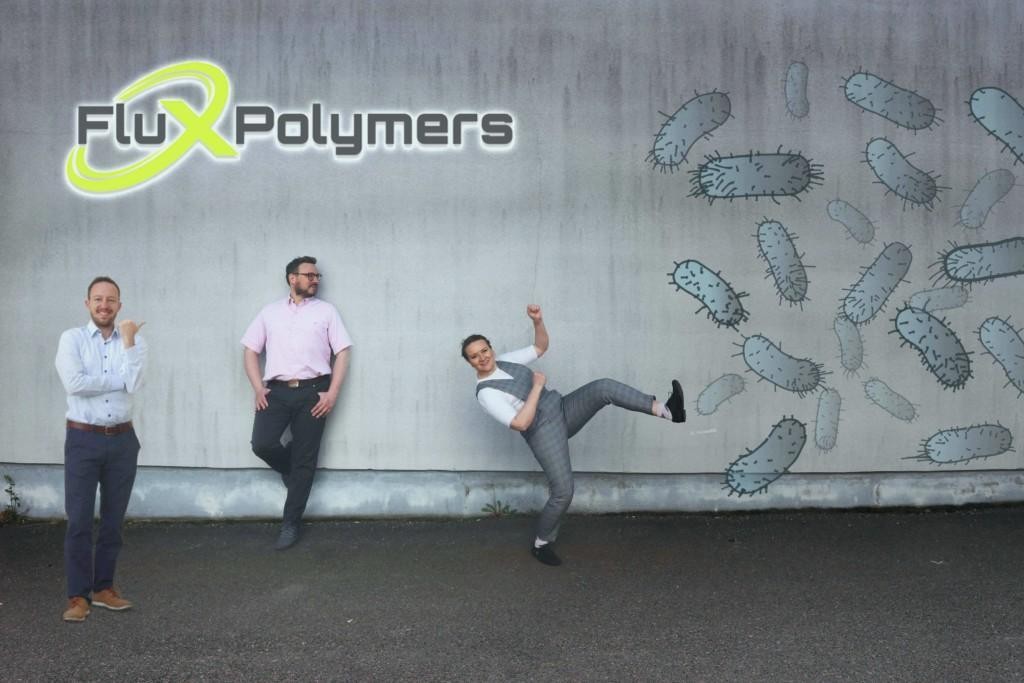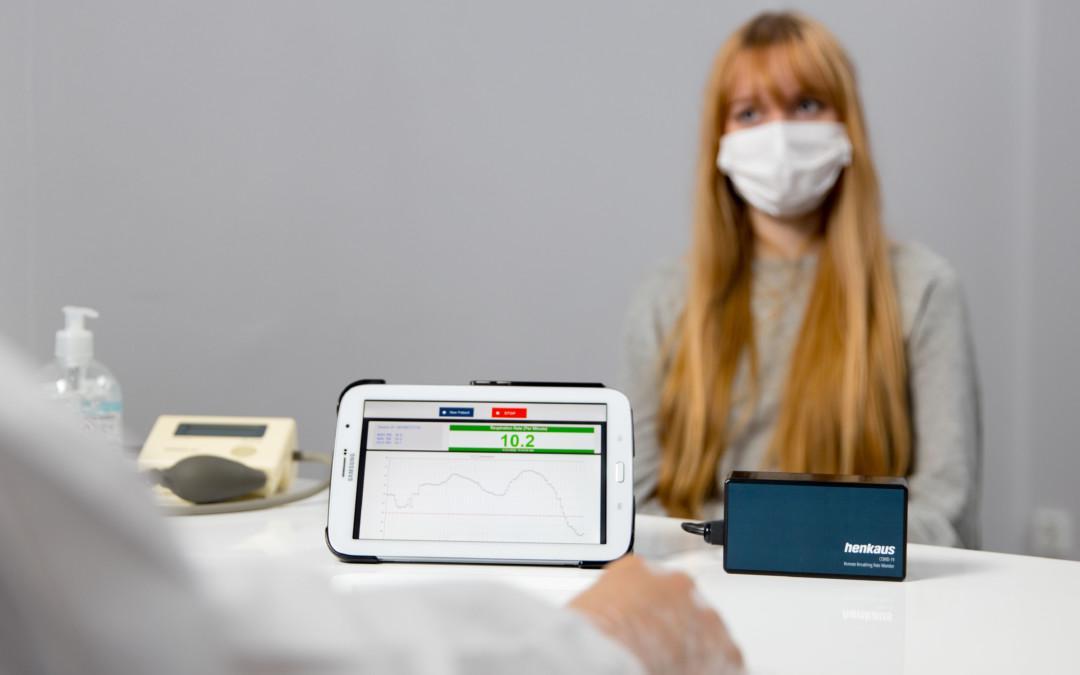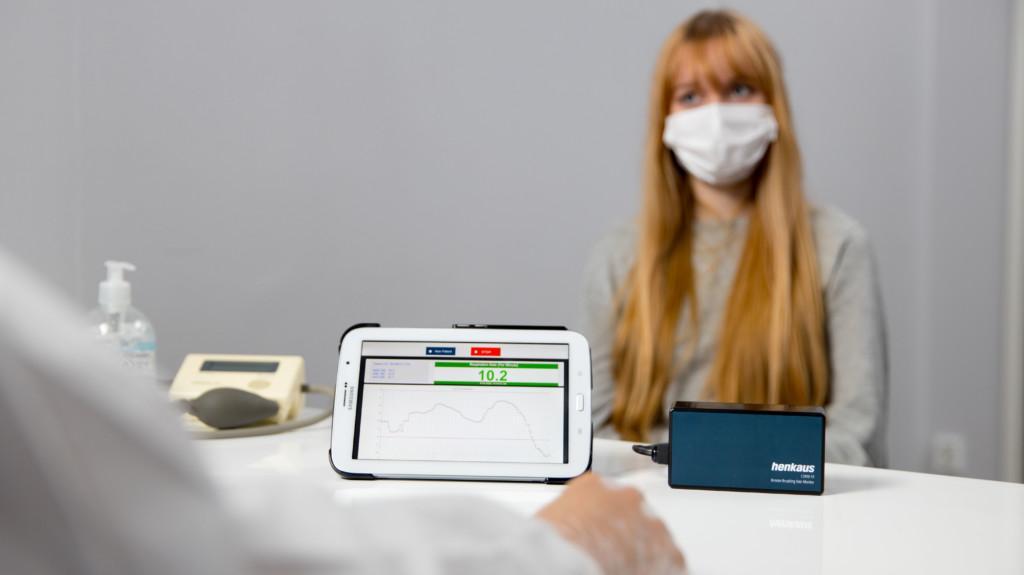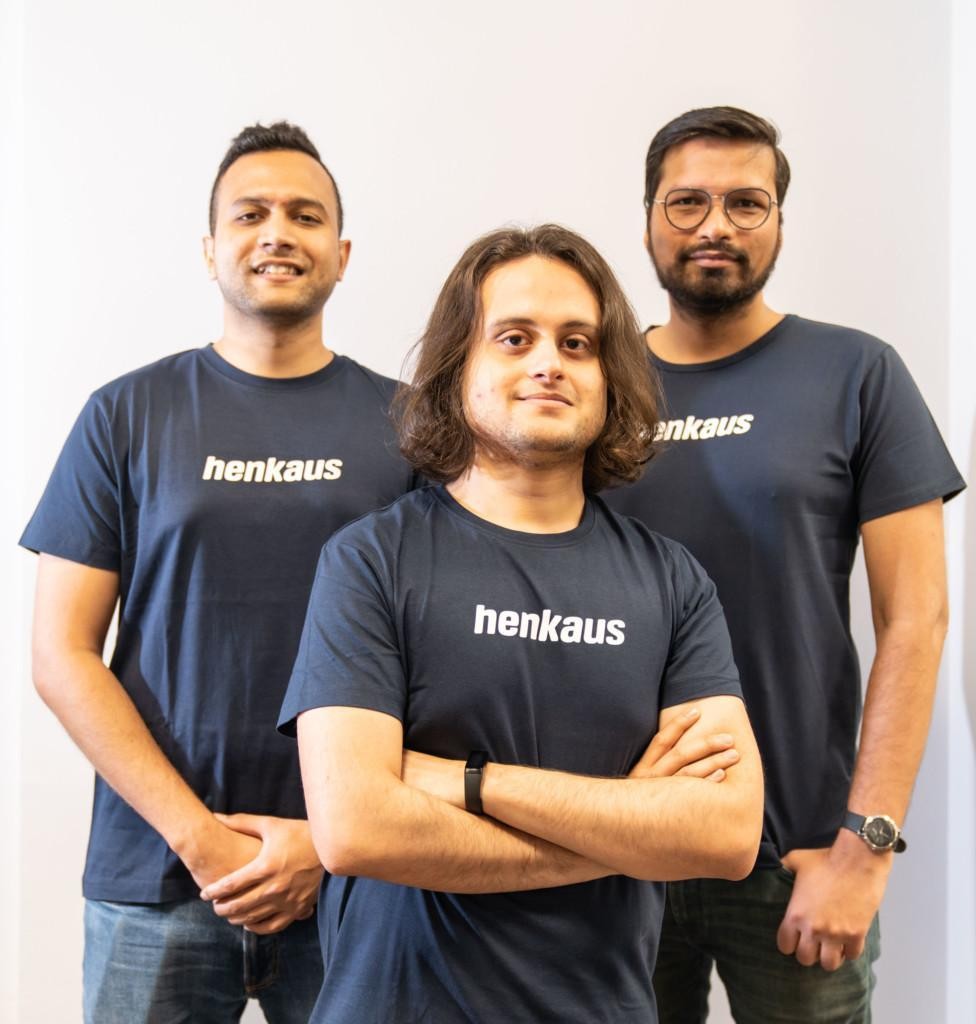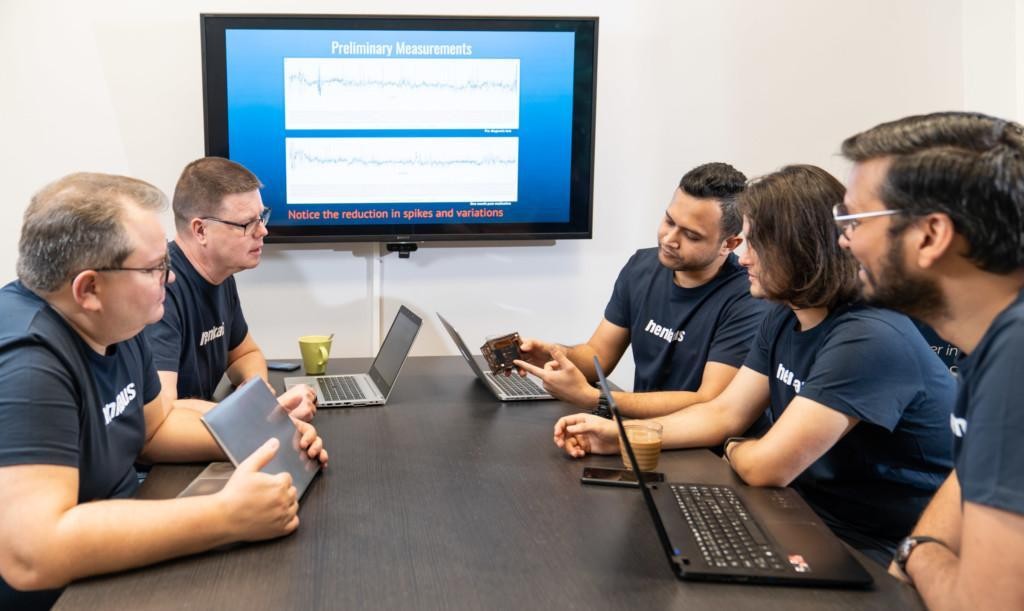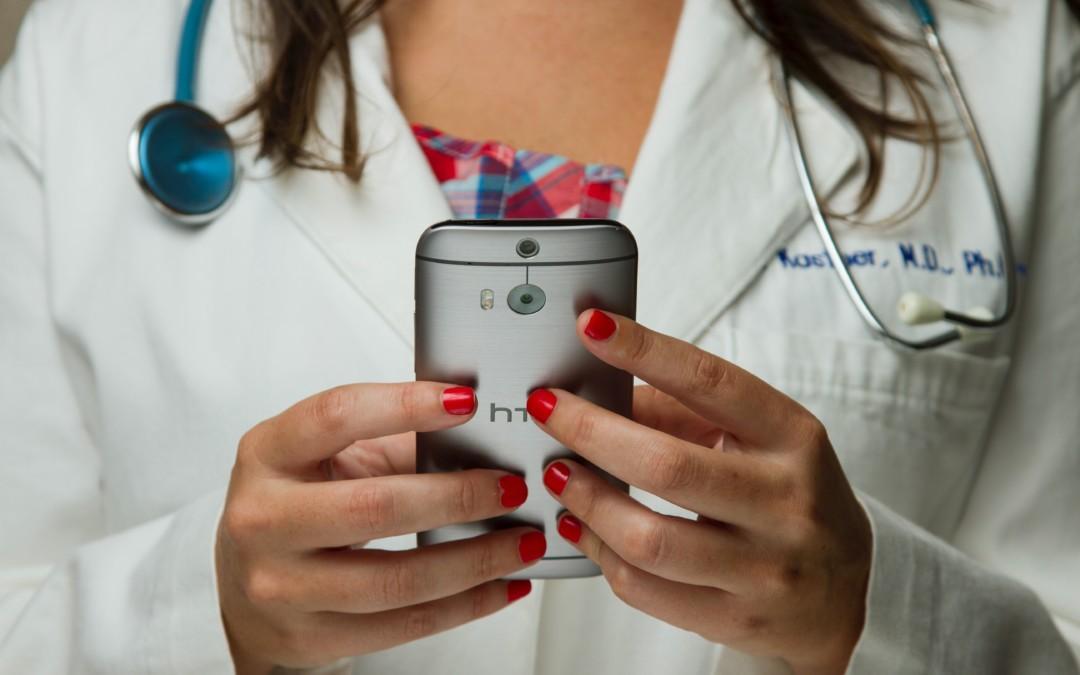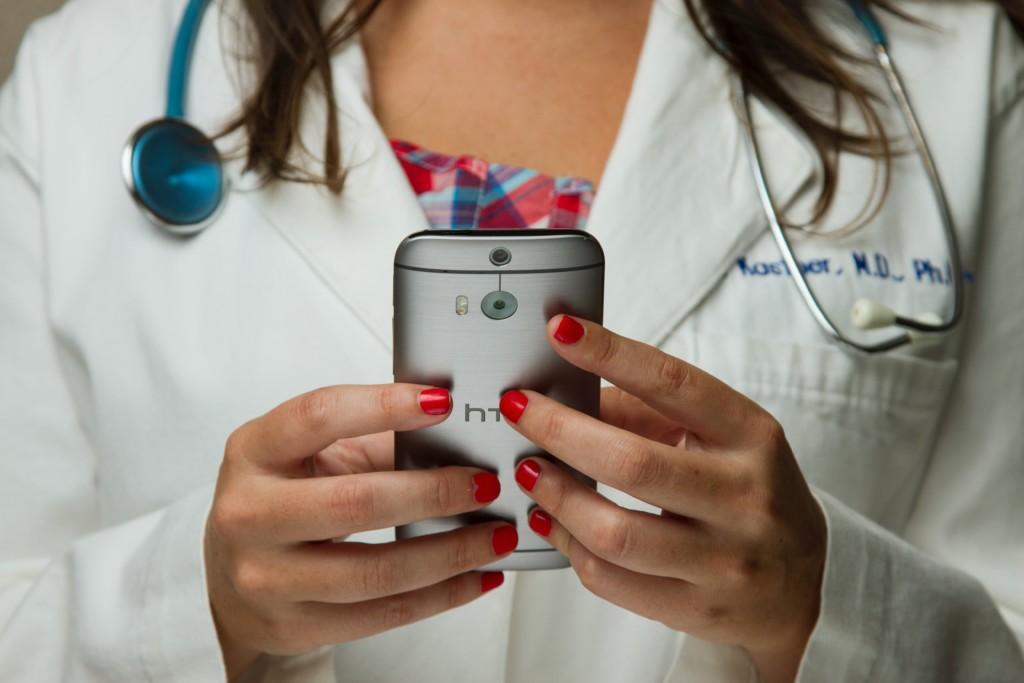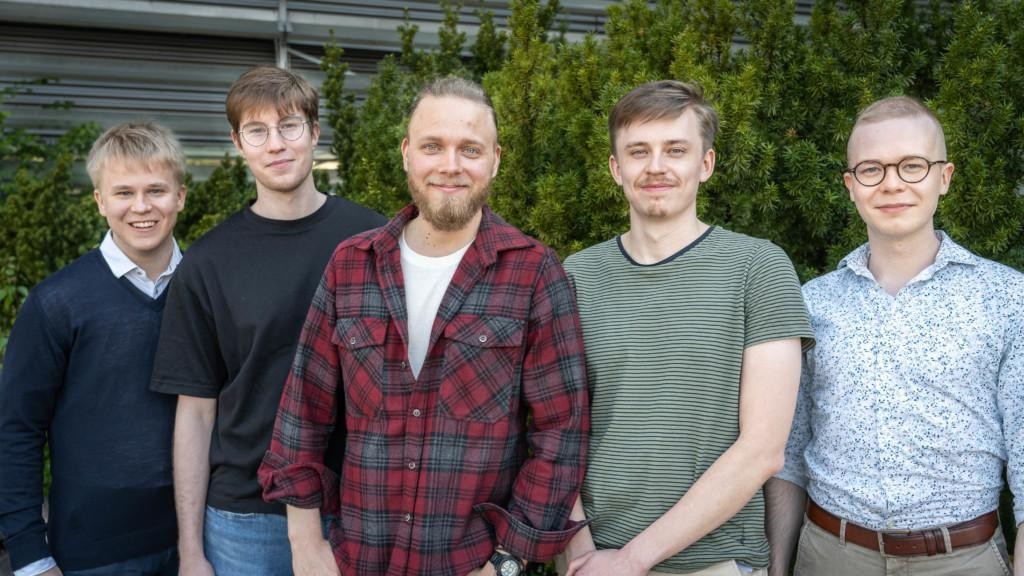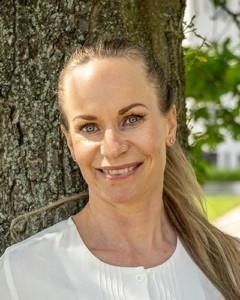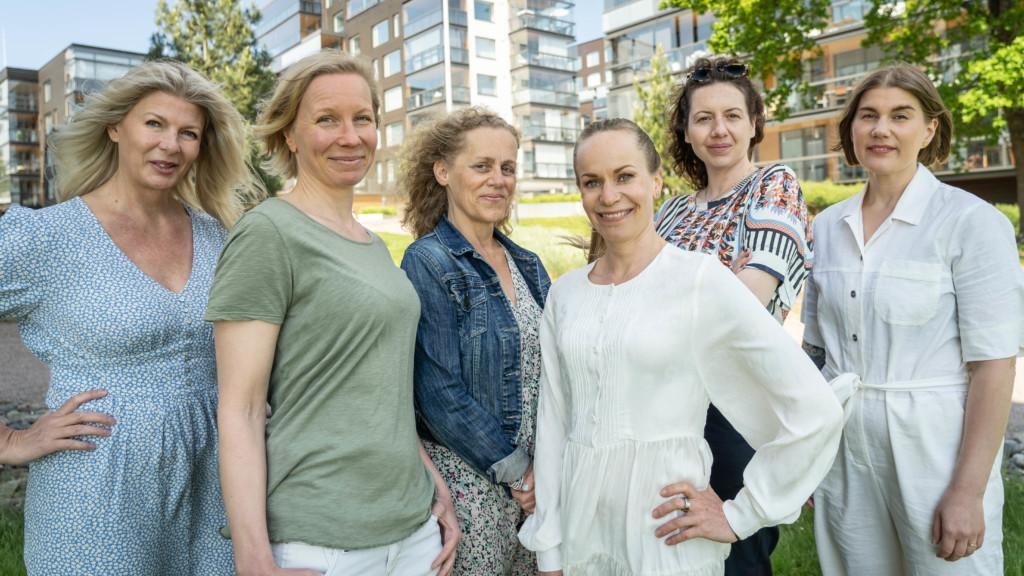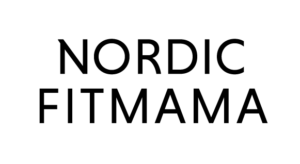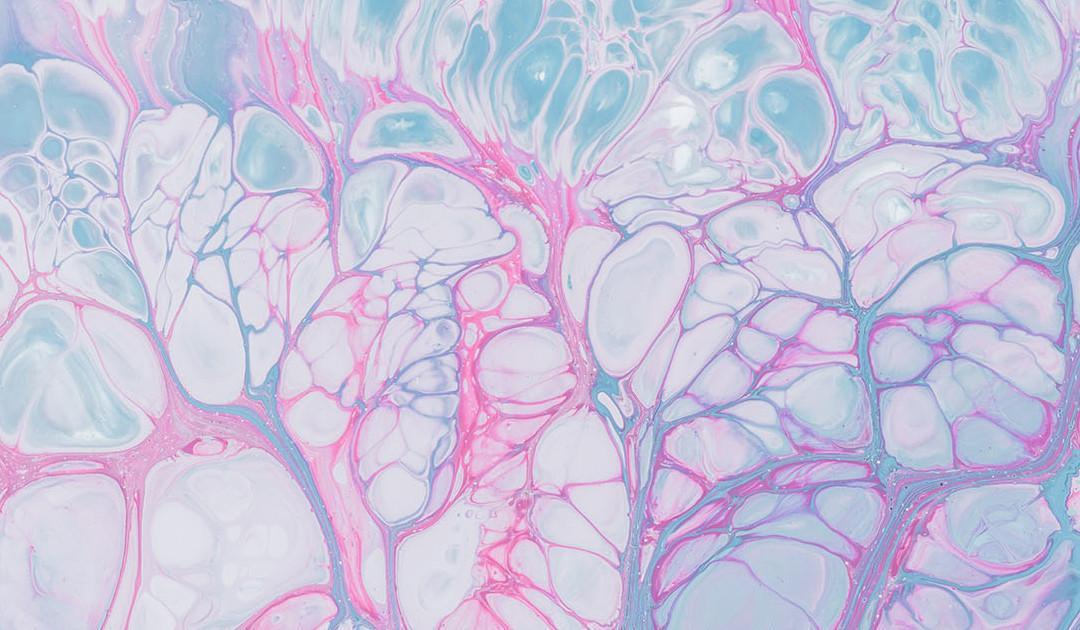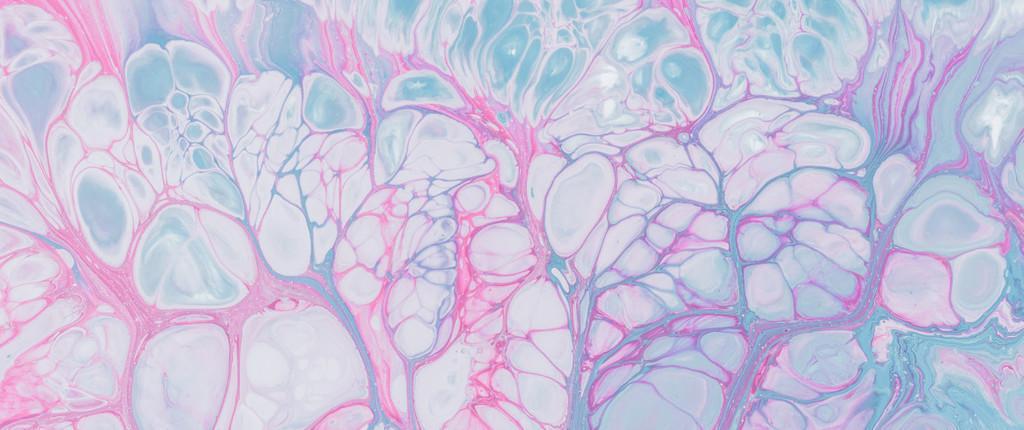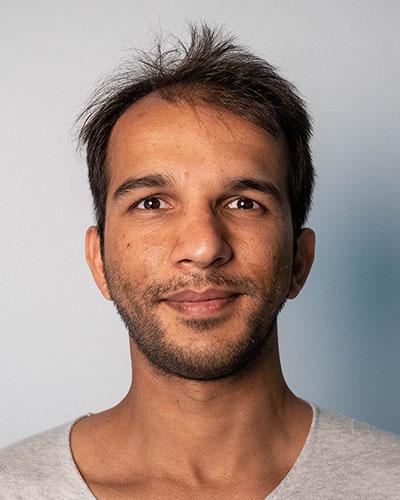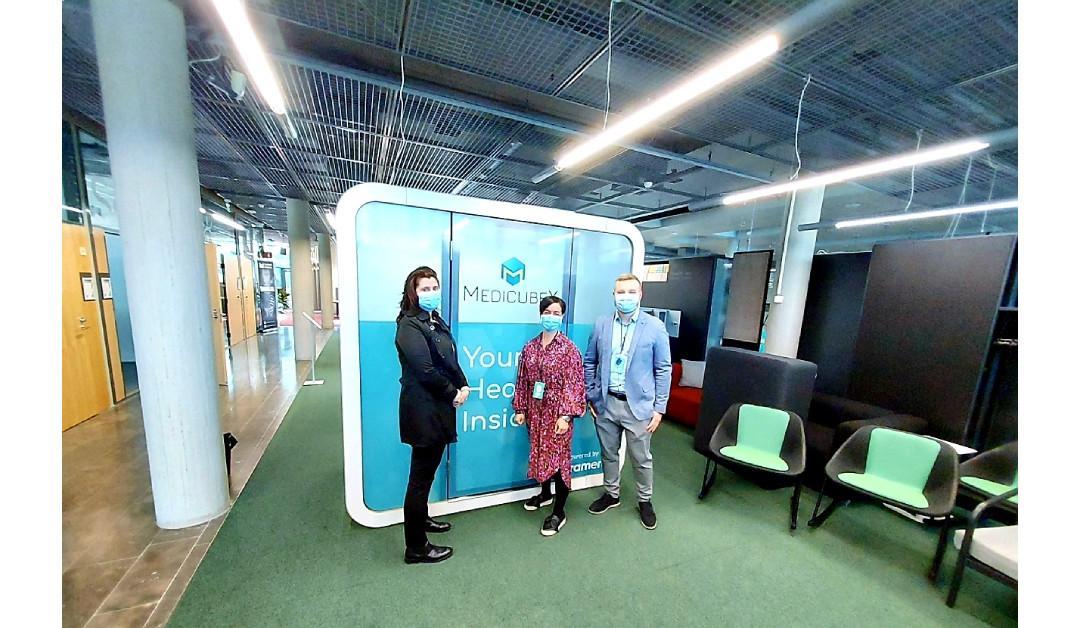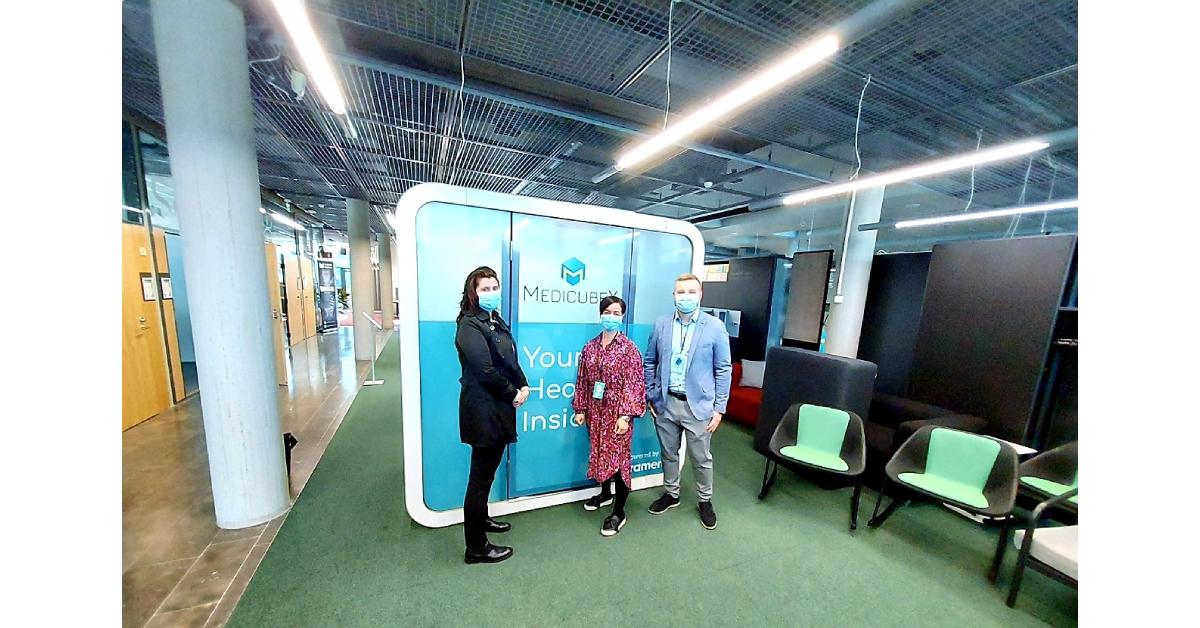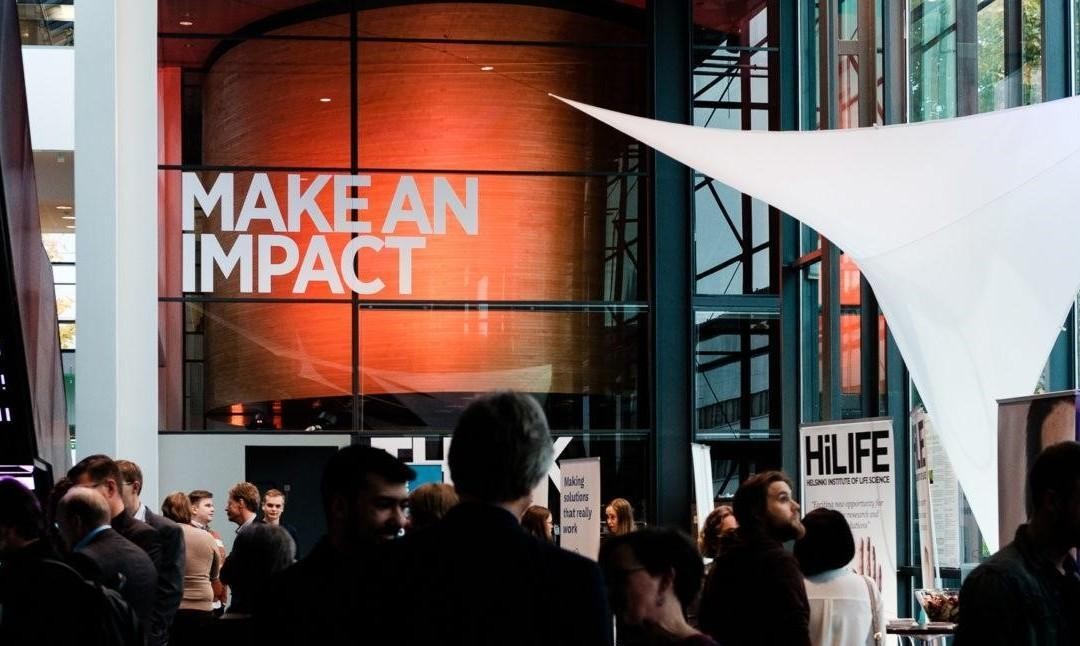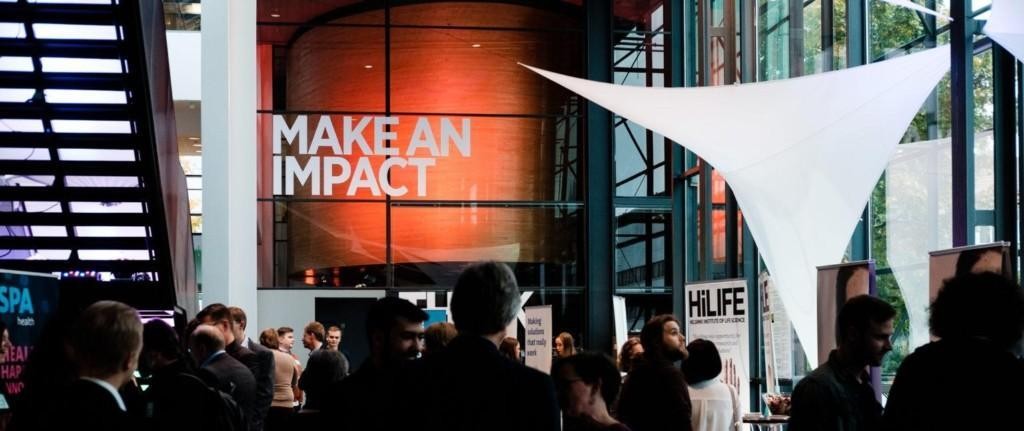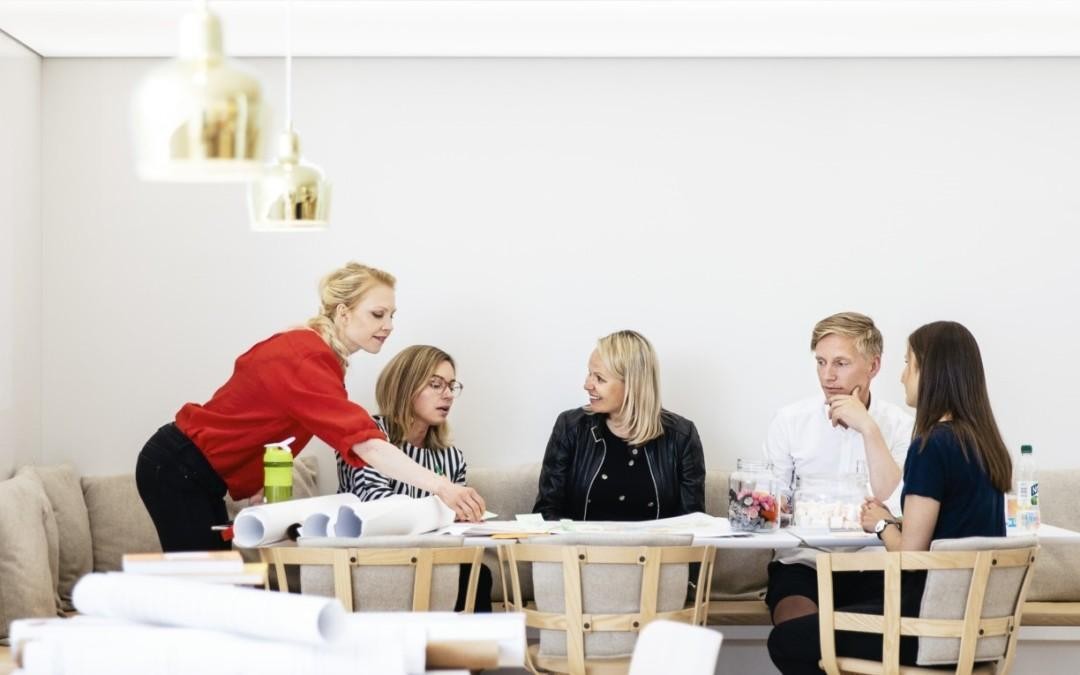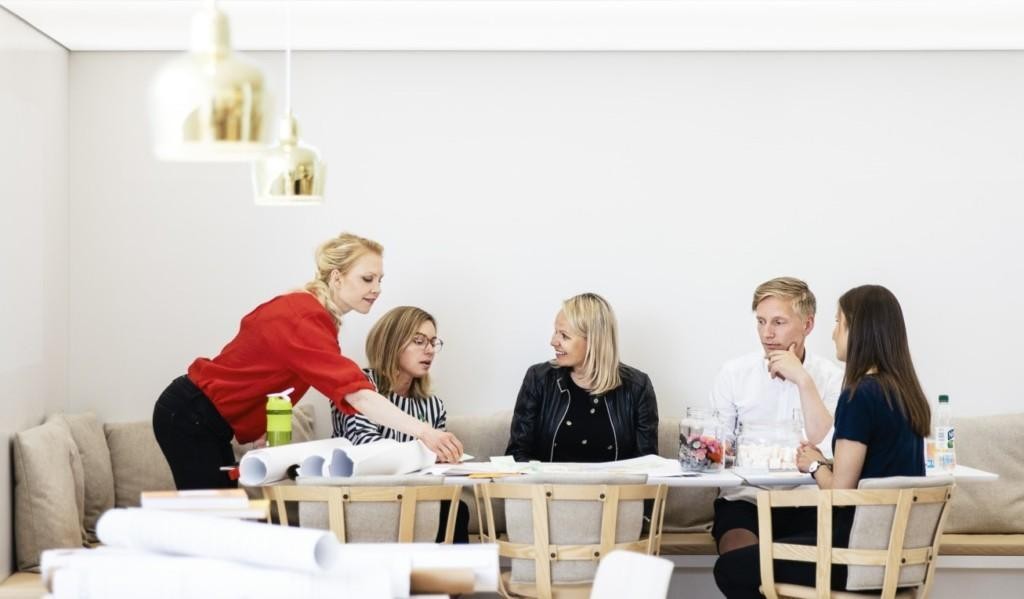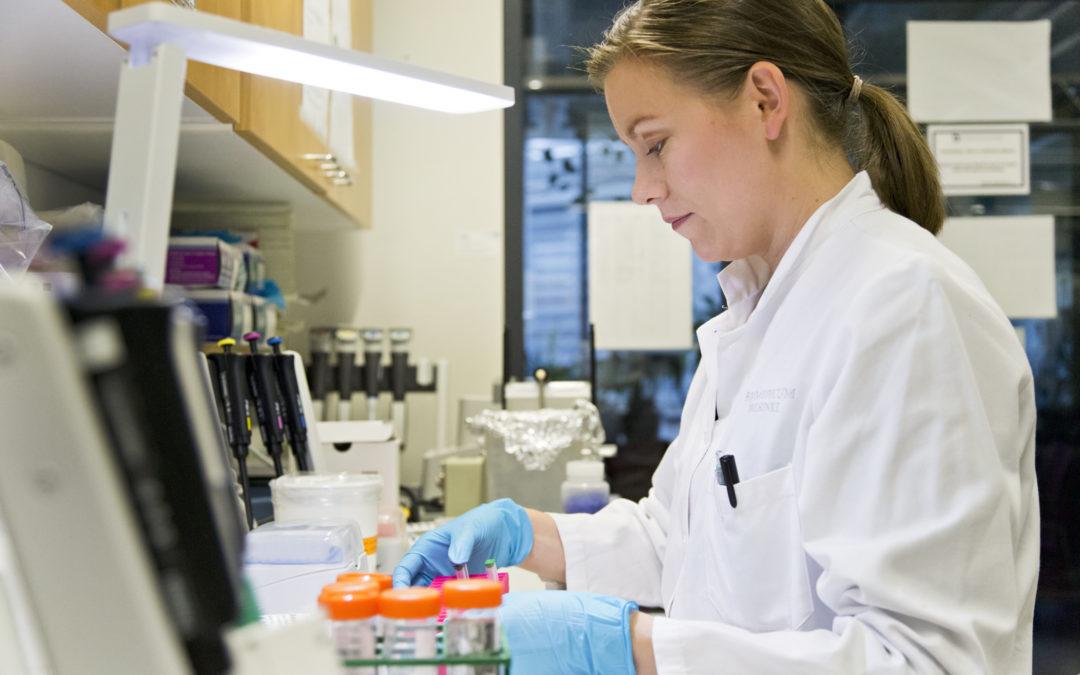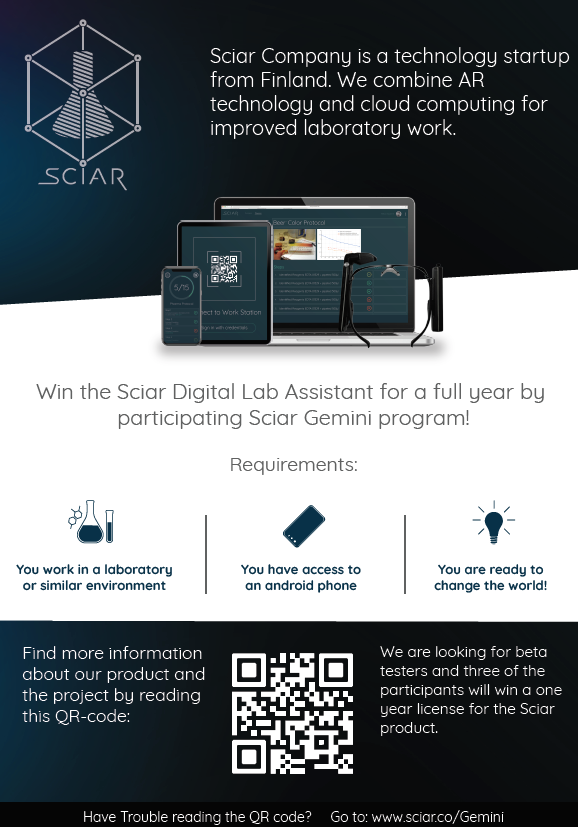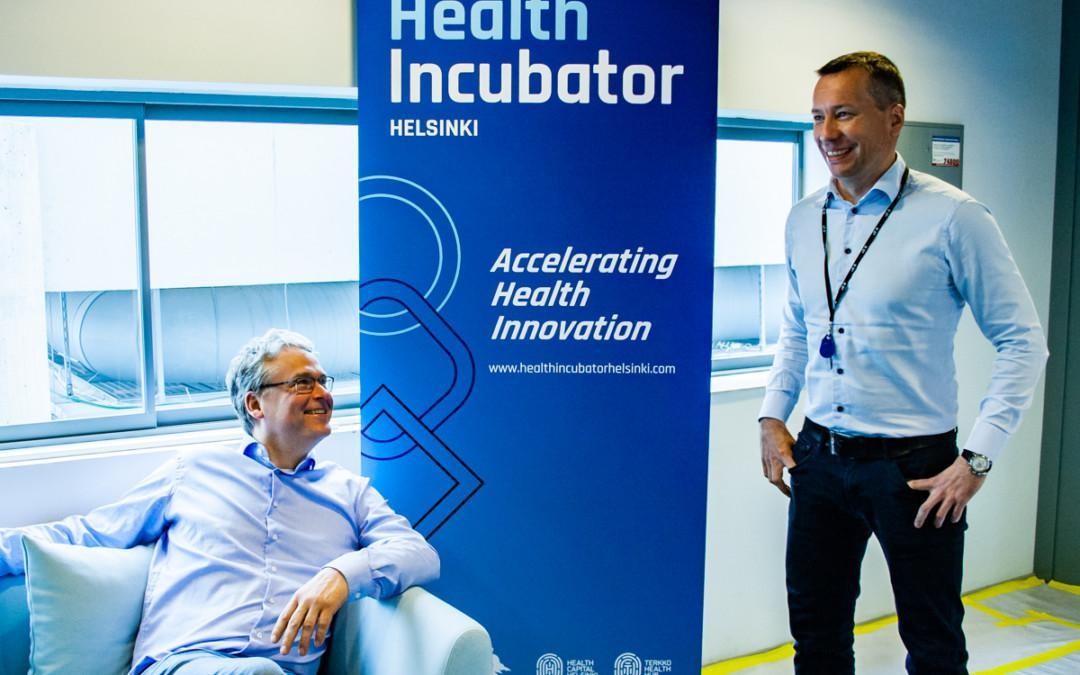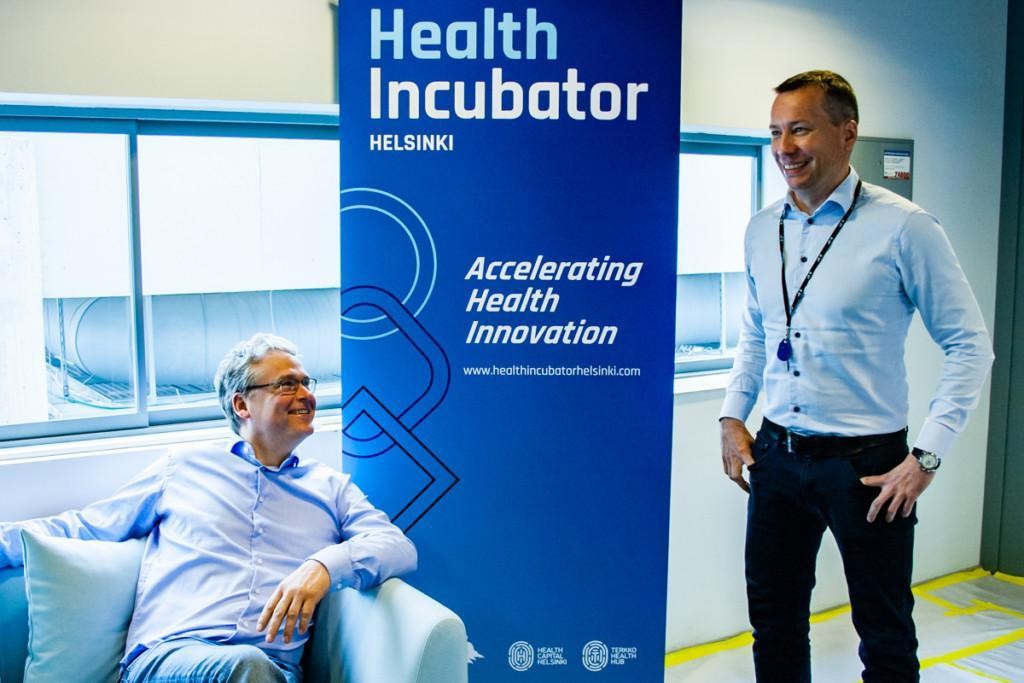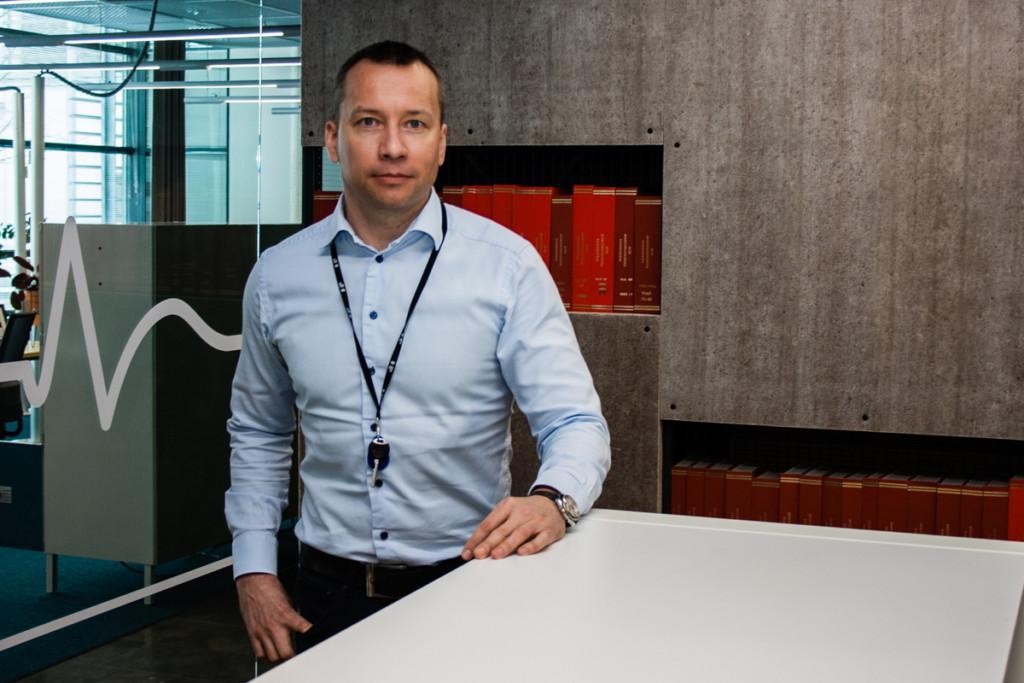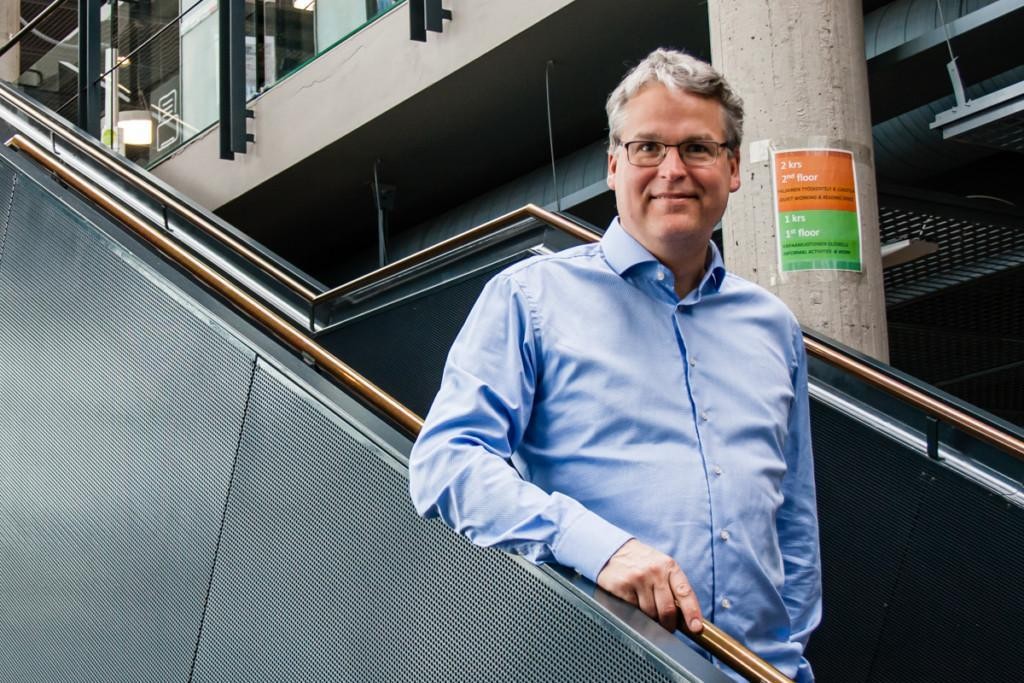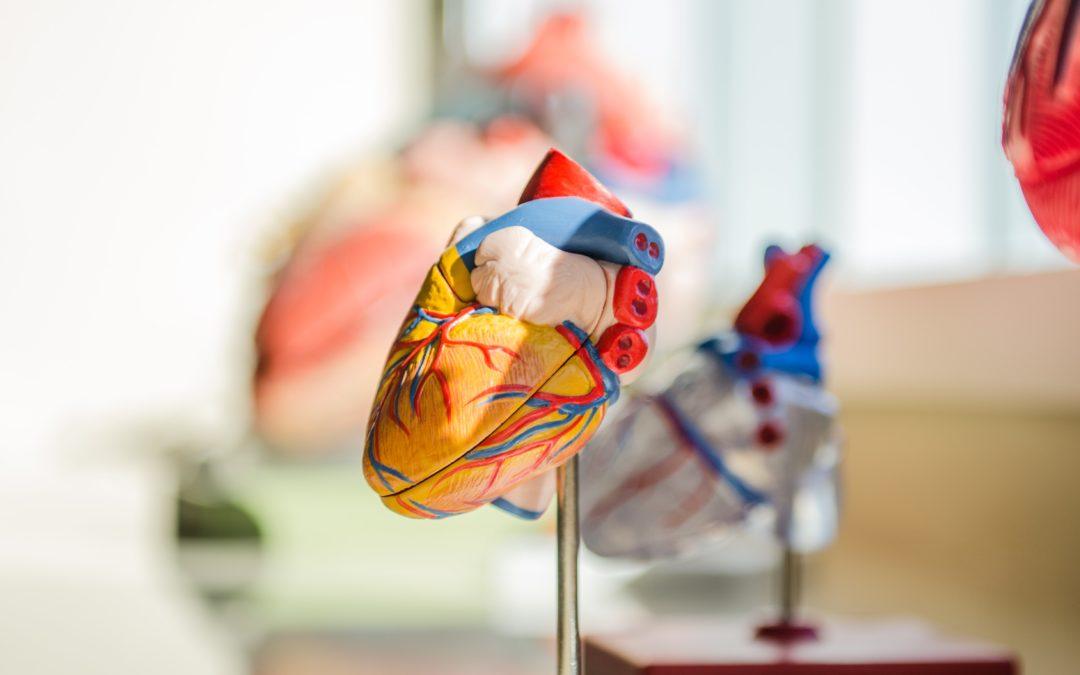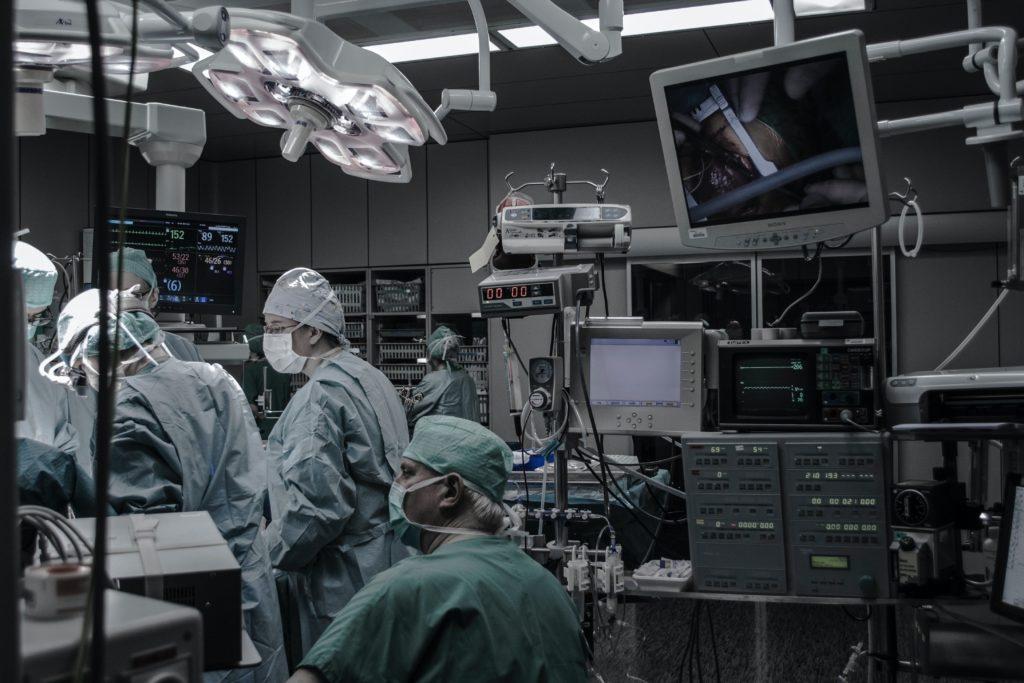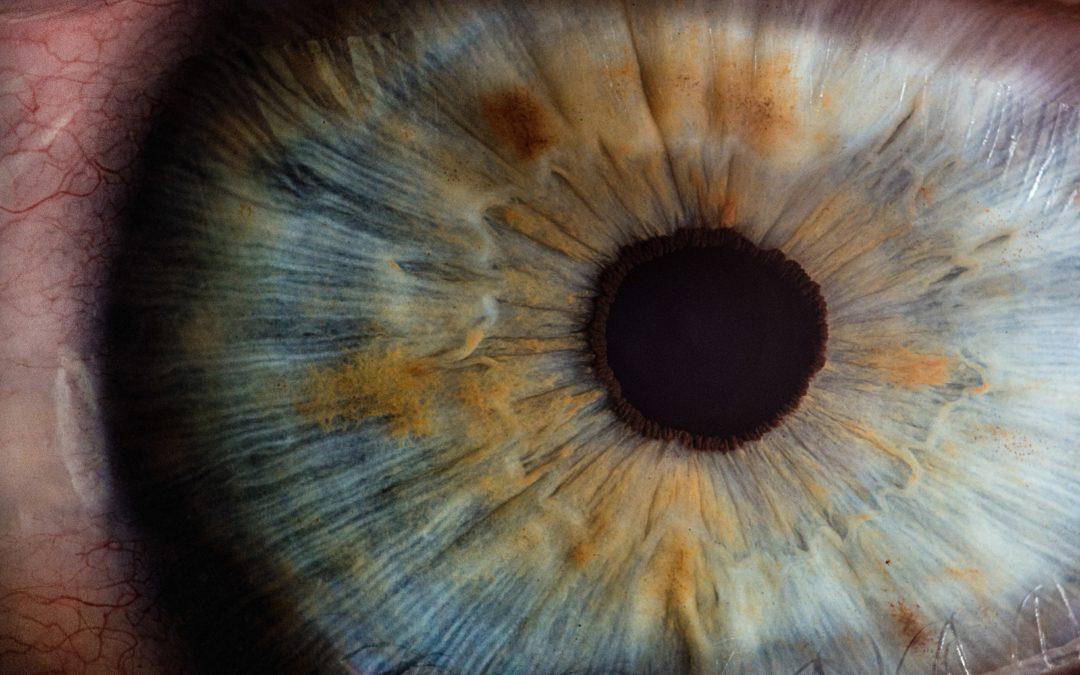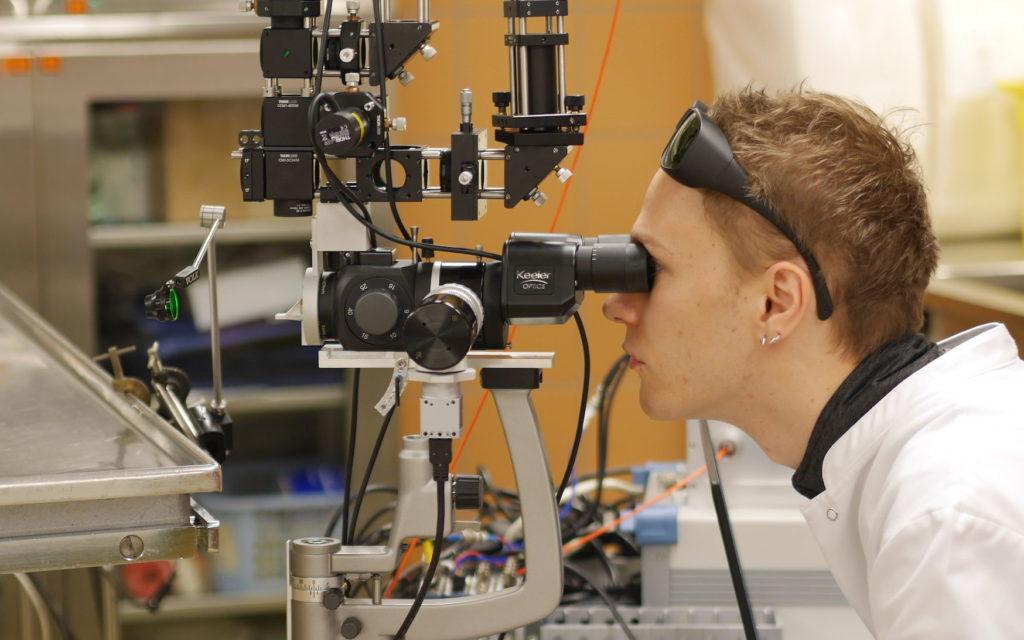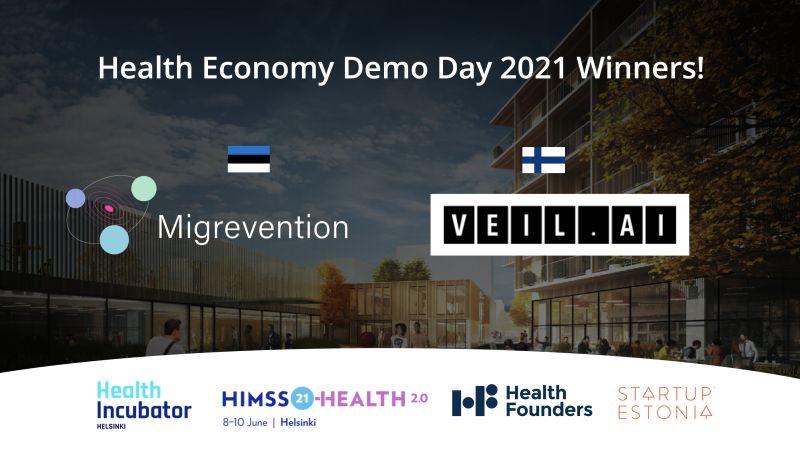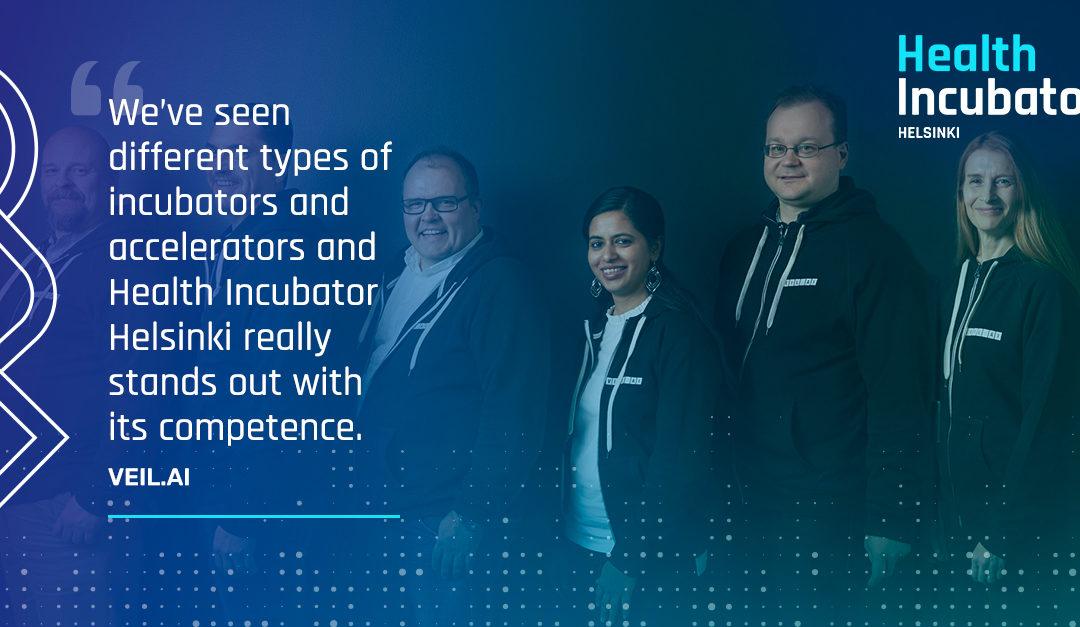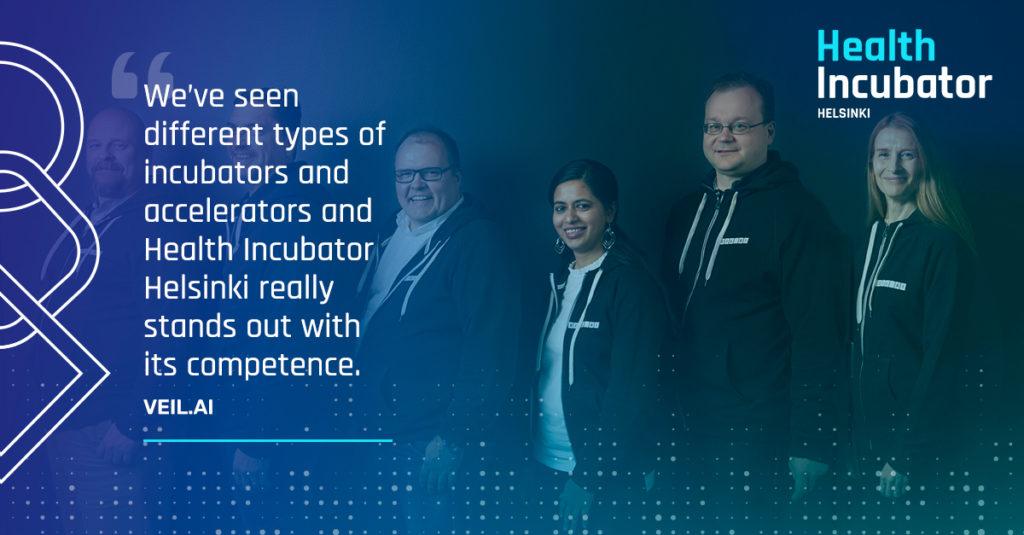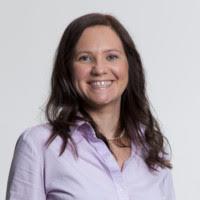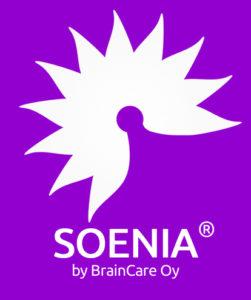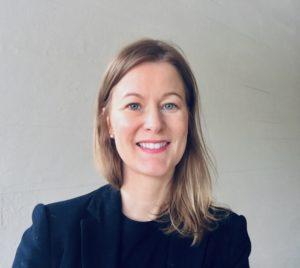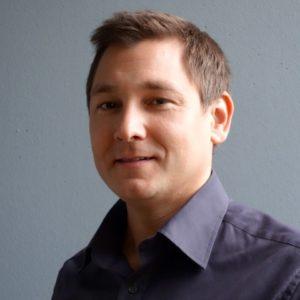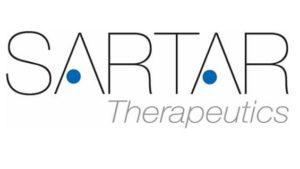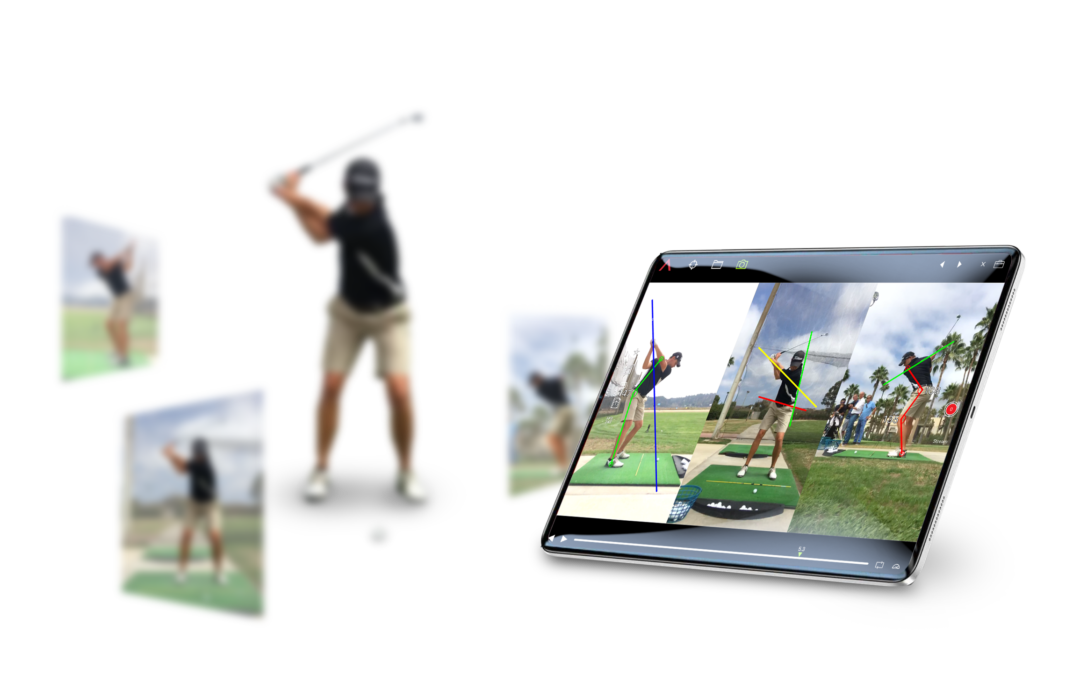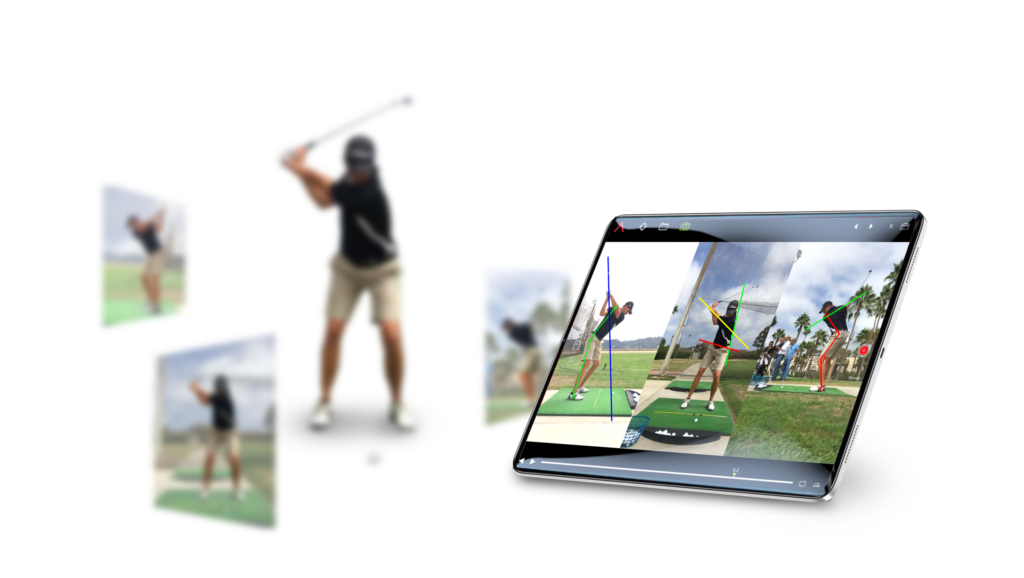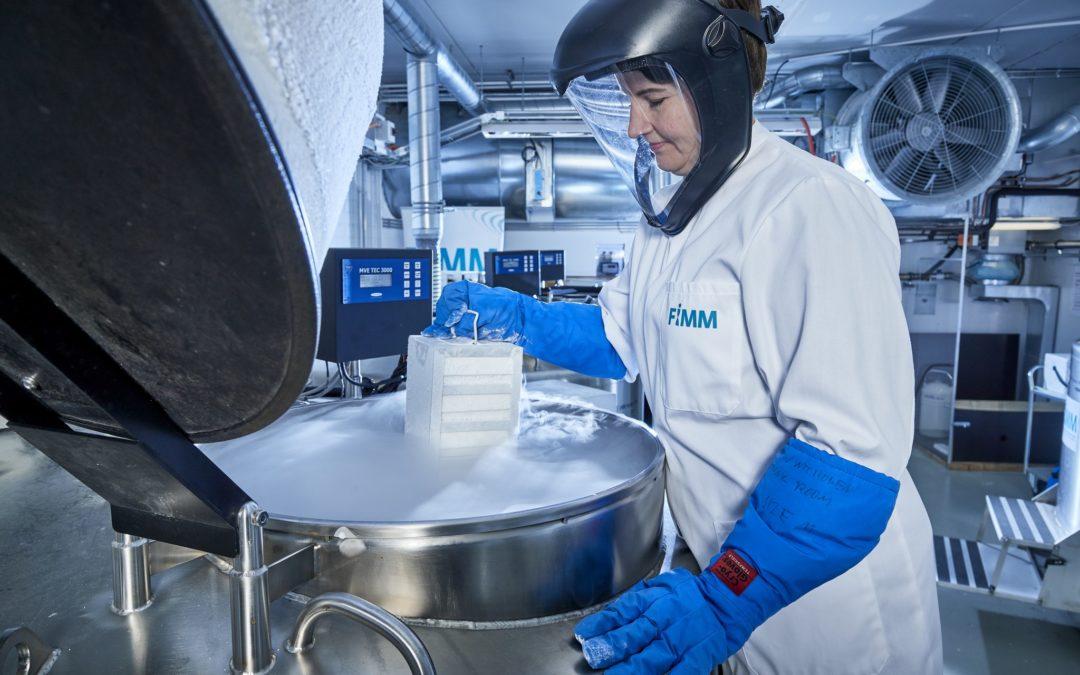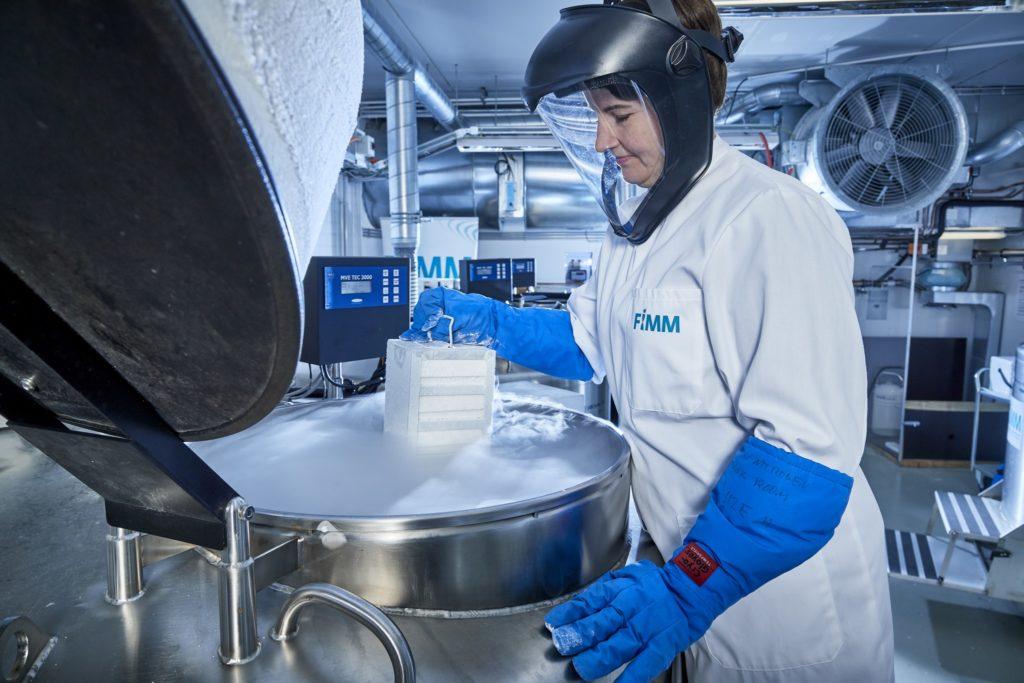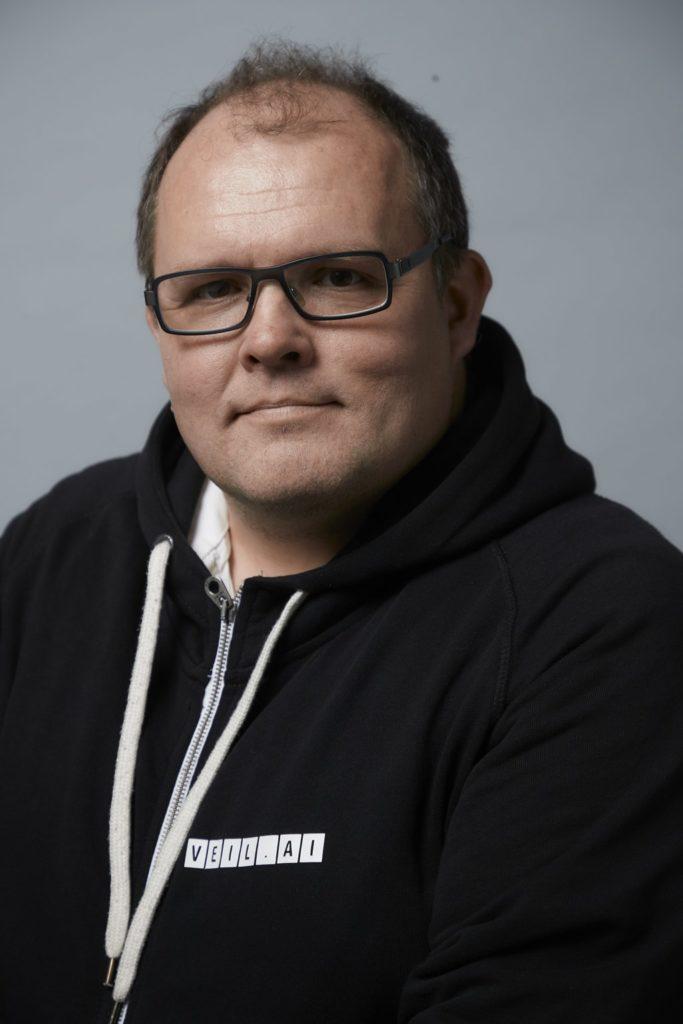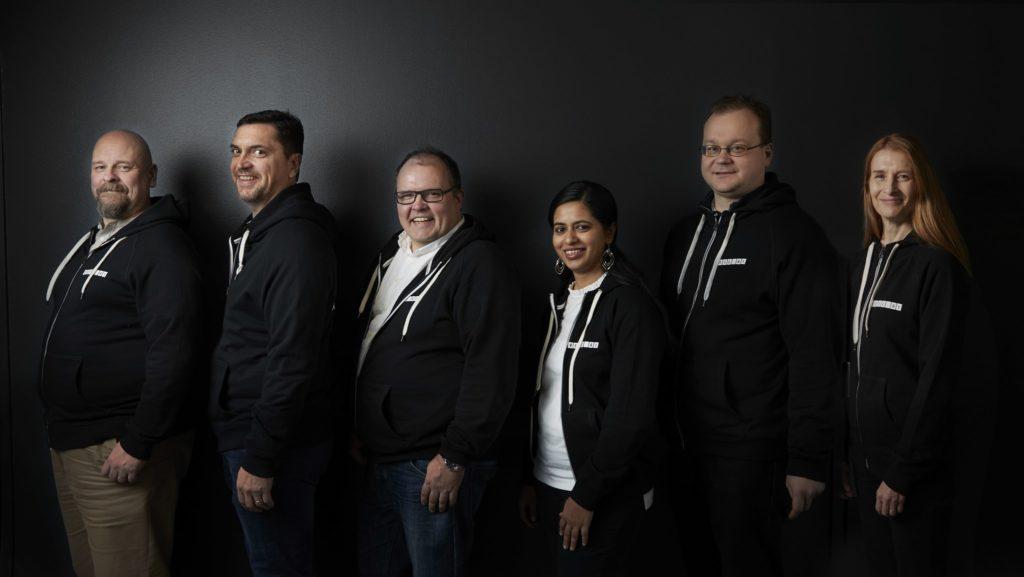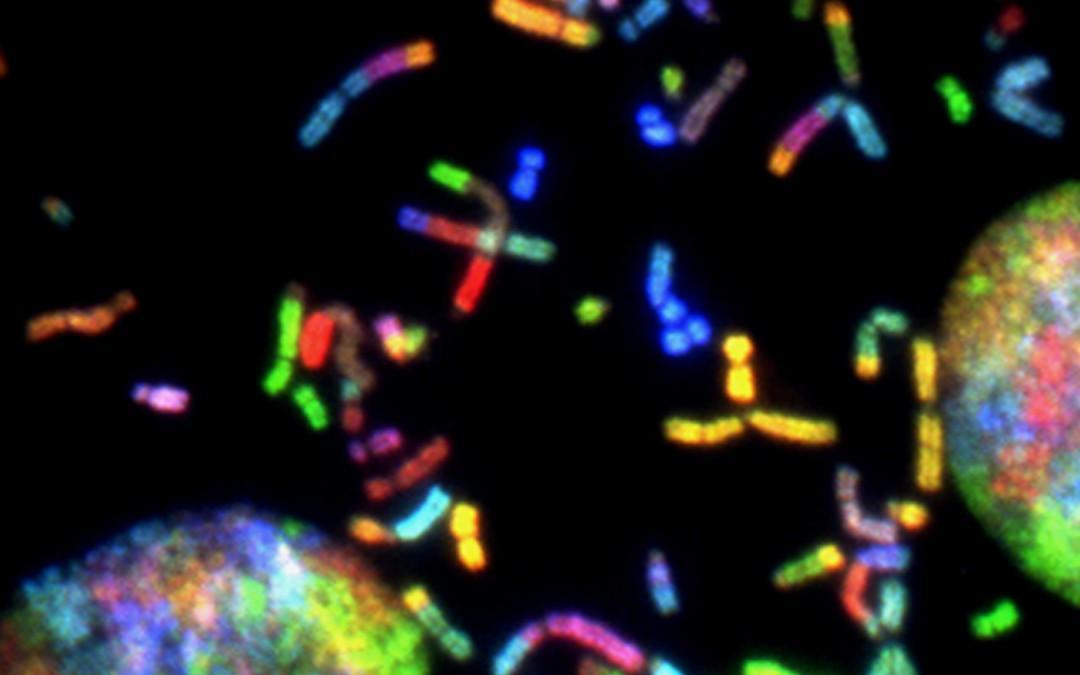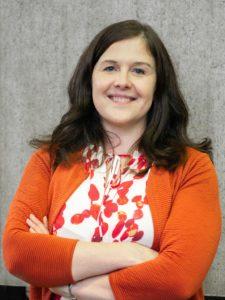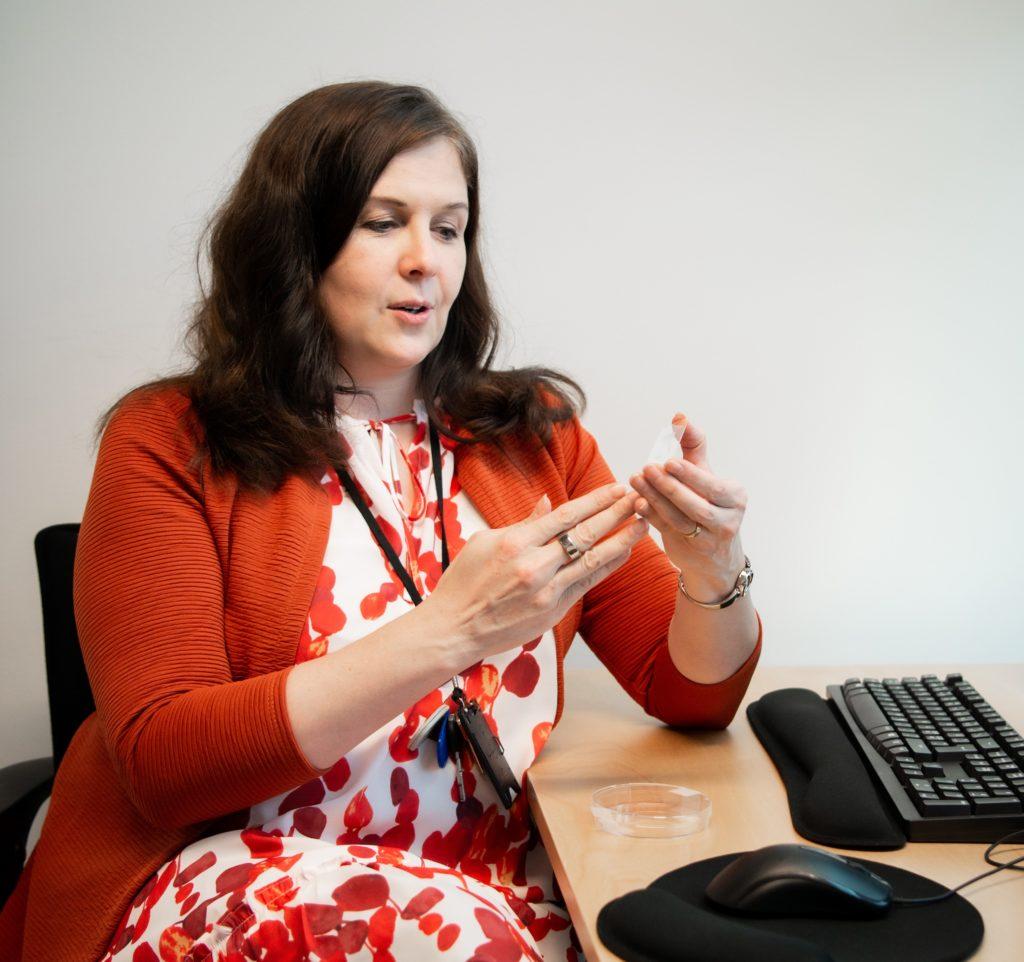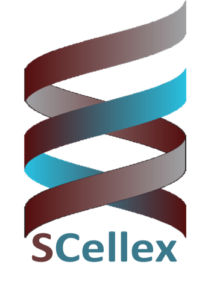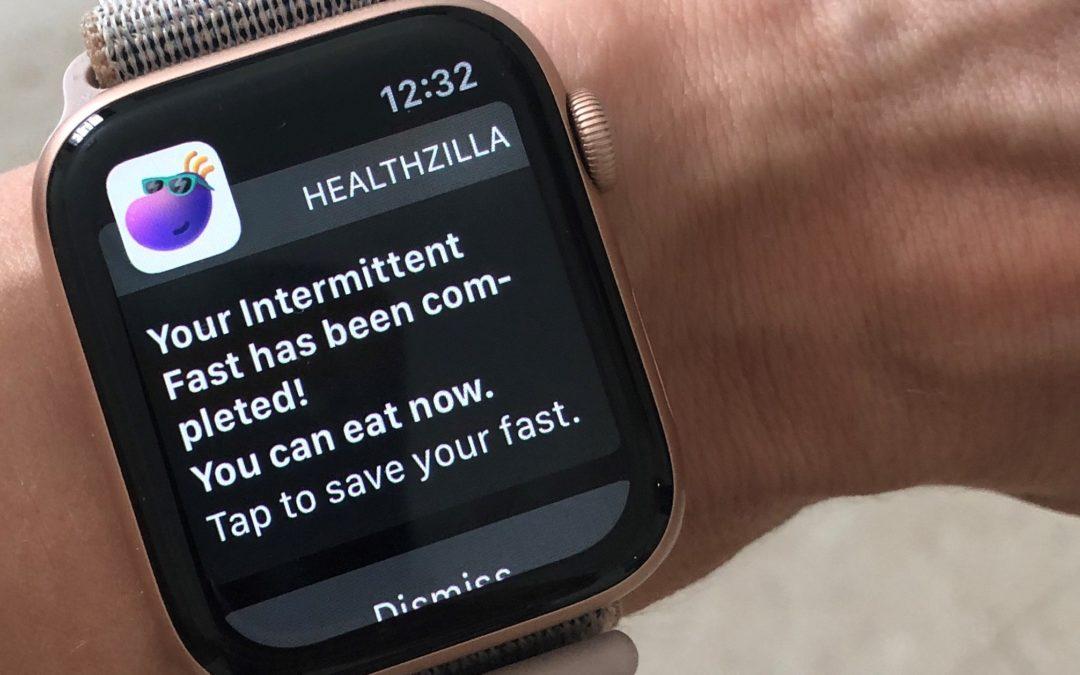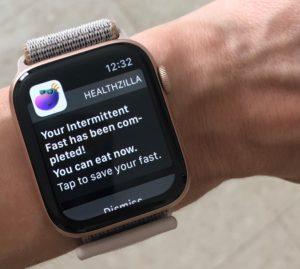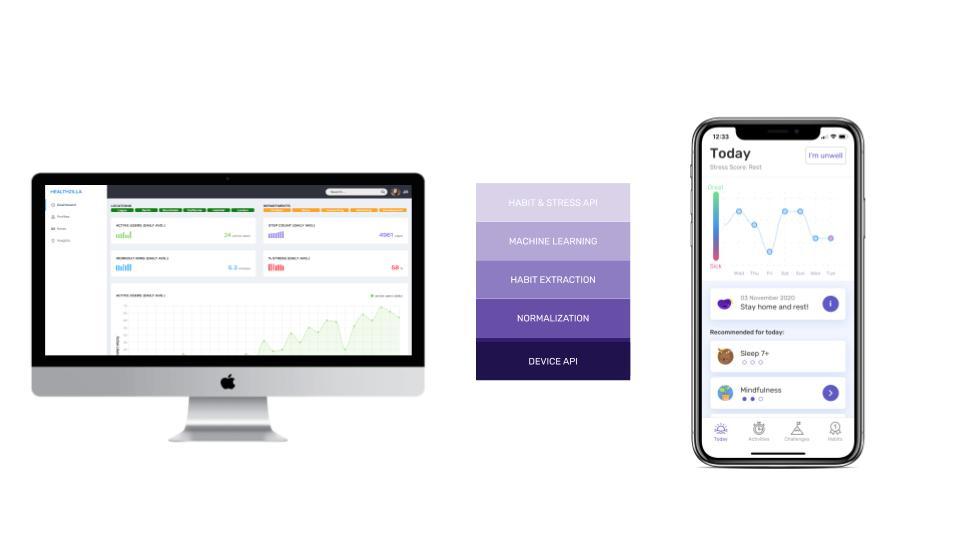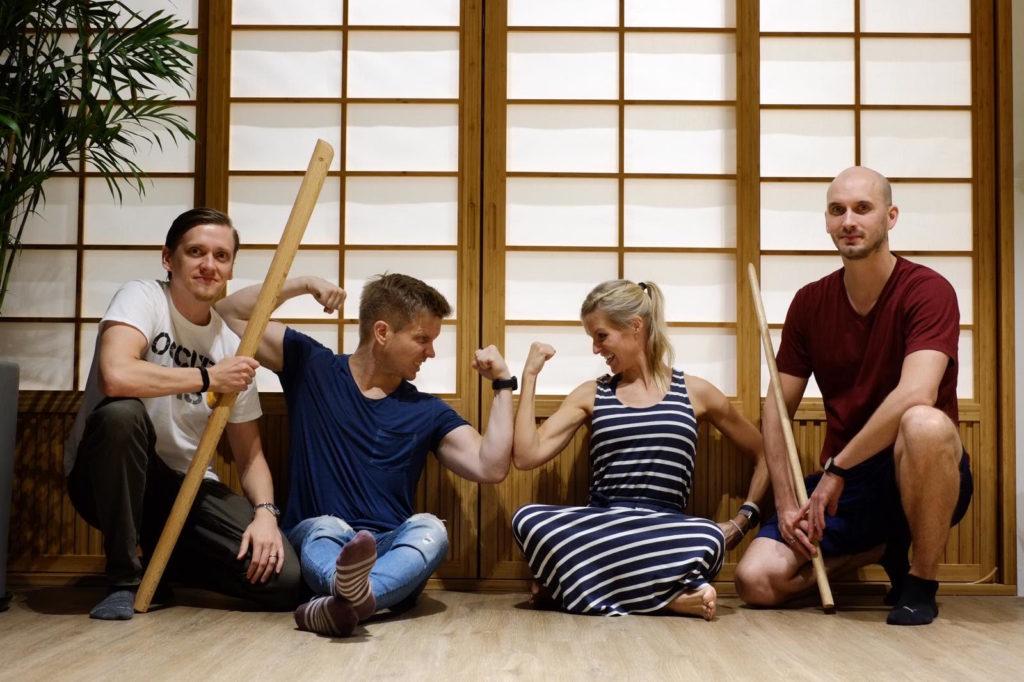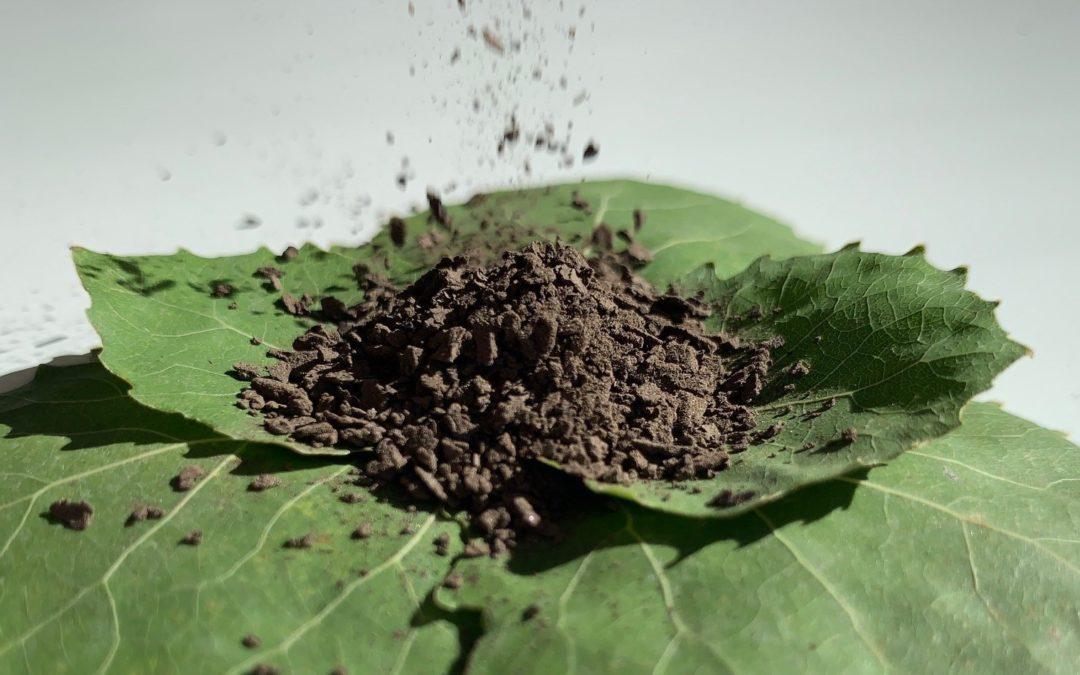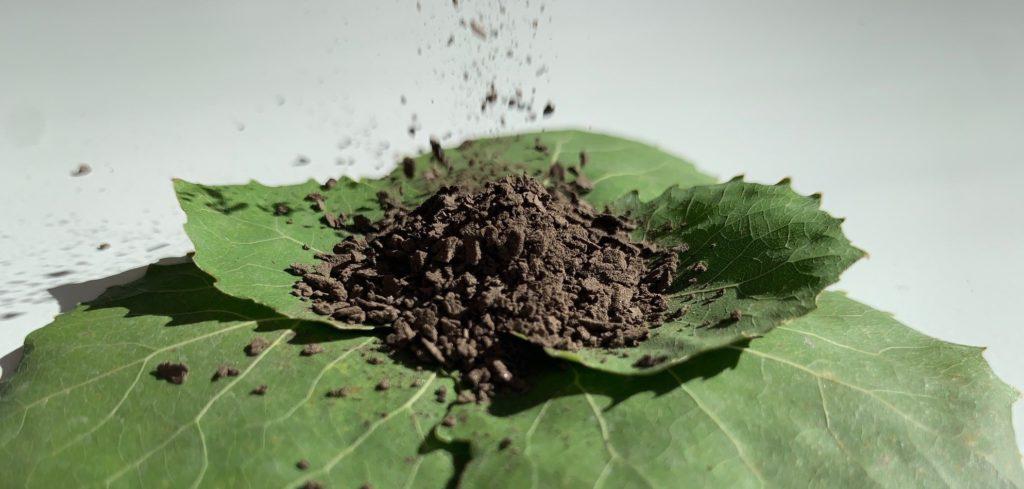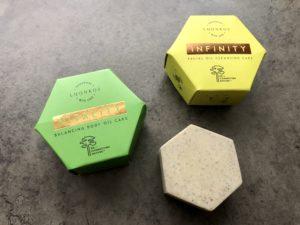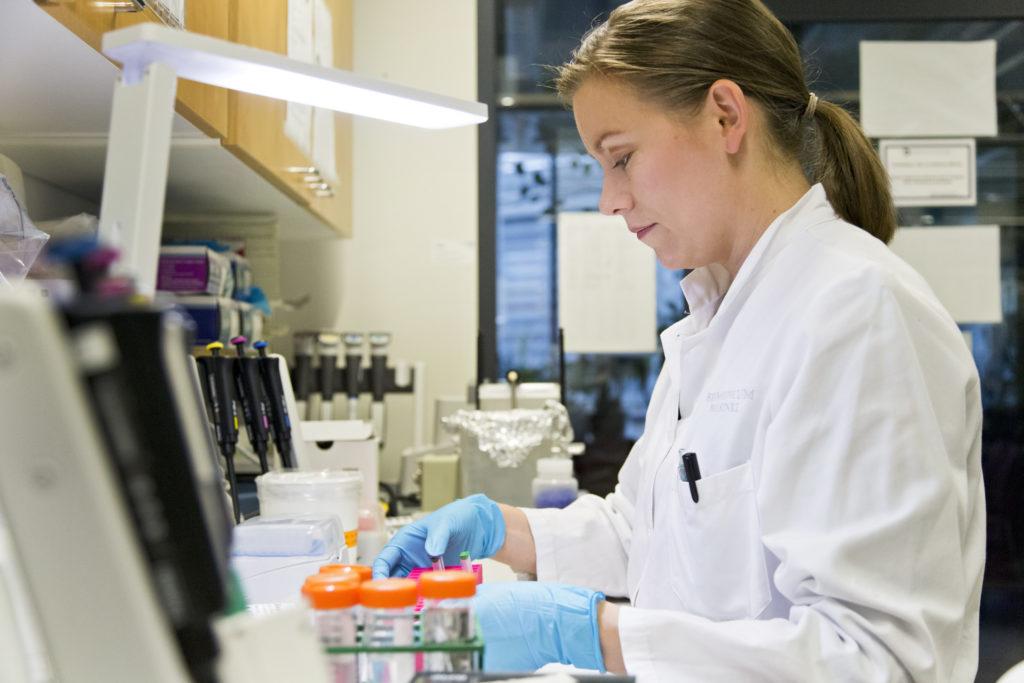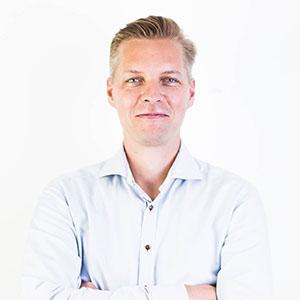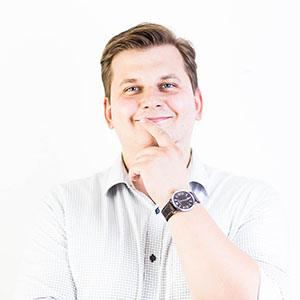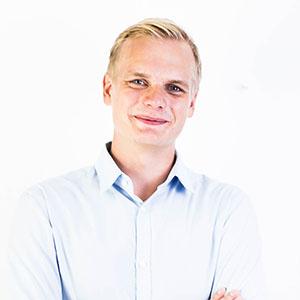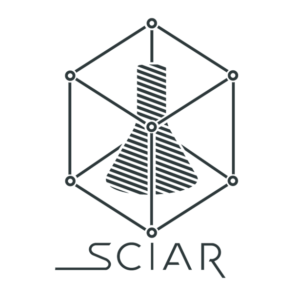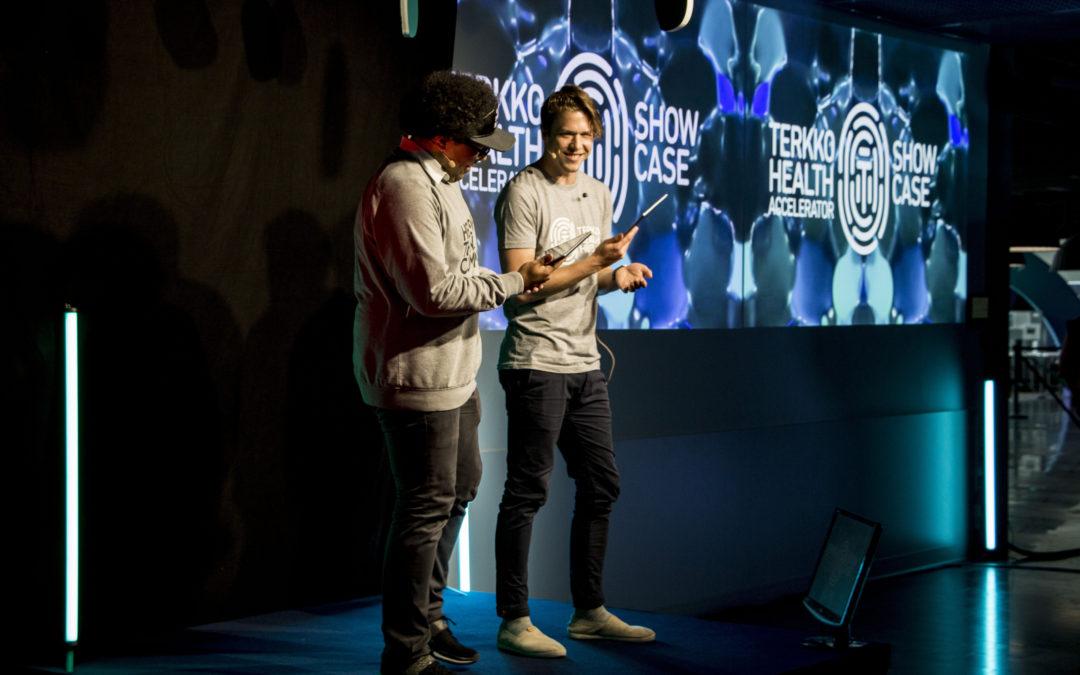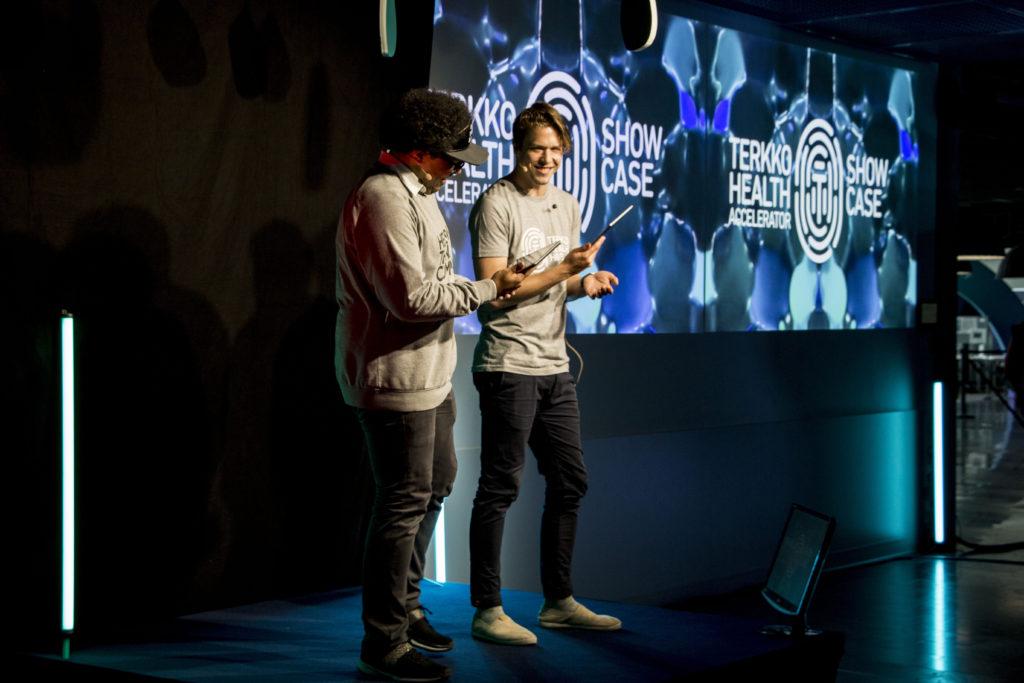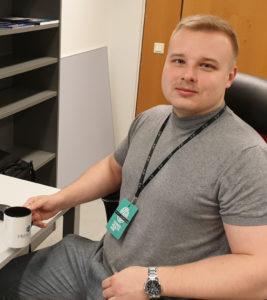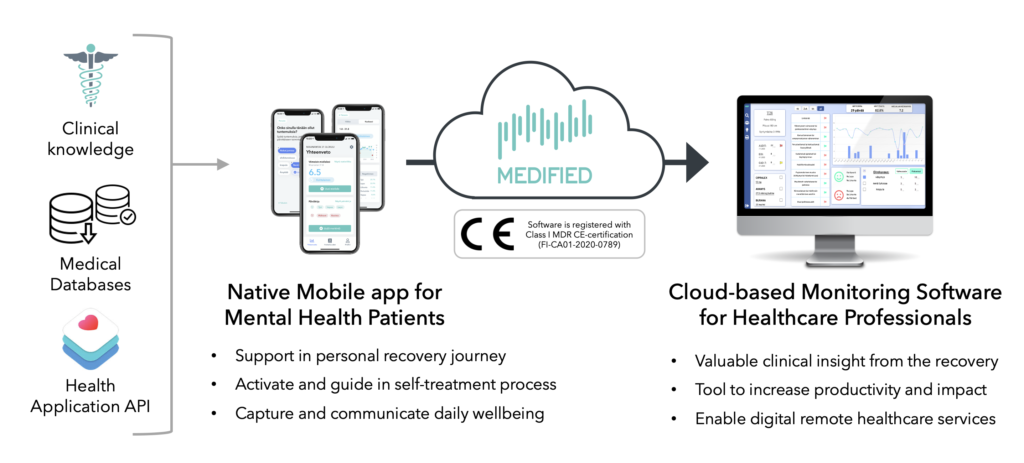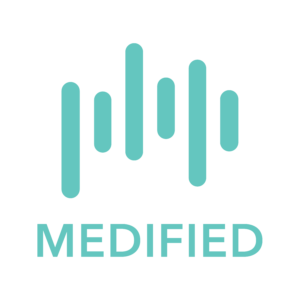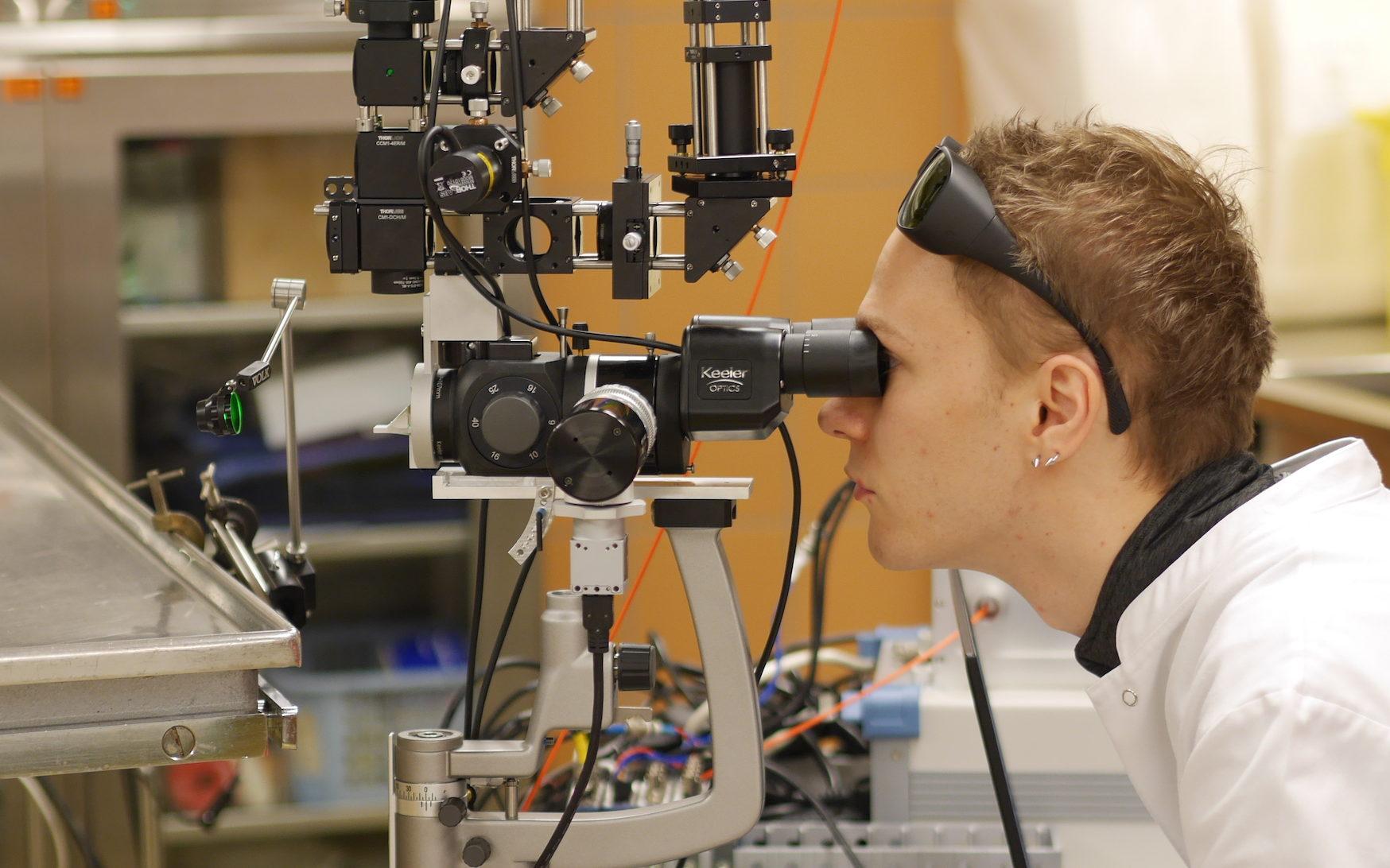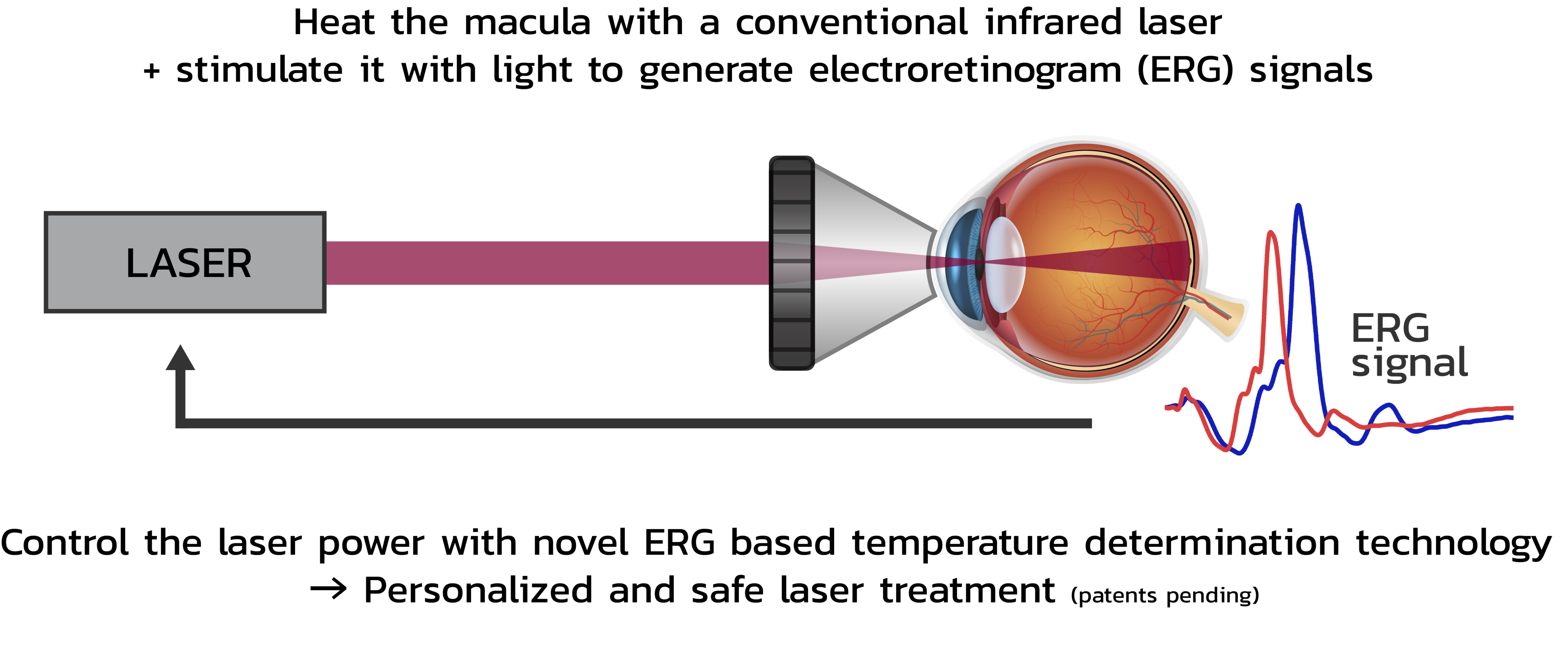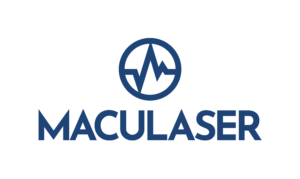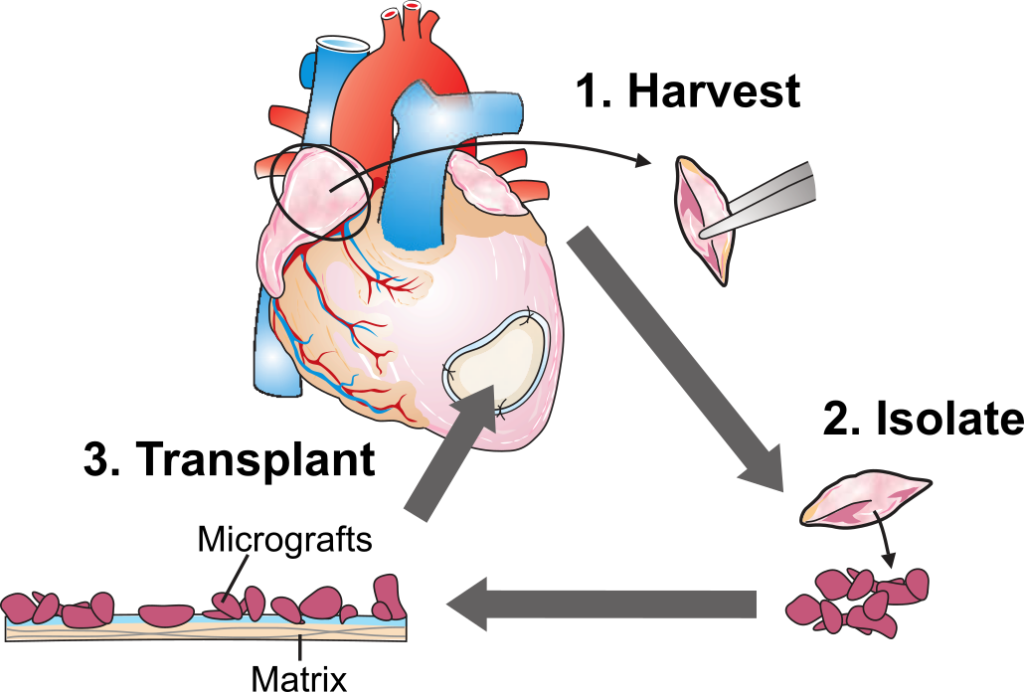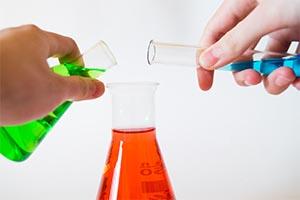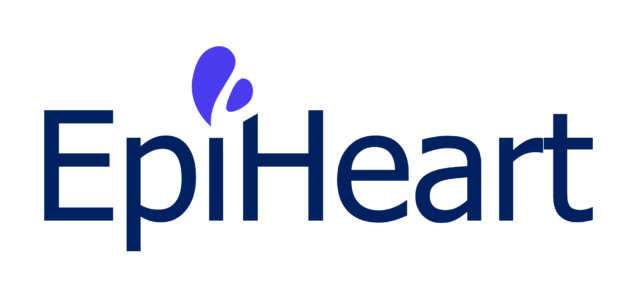Blog
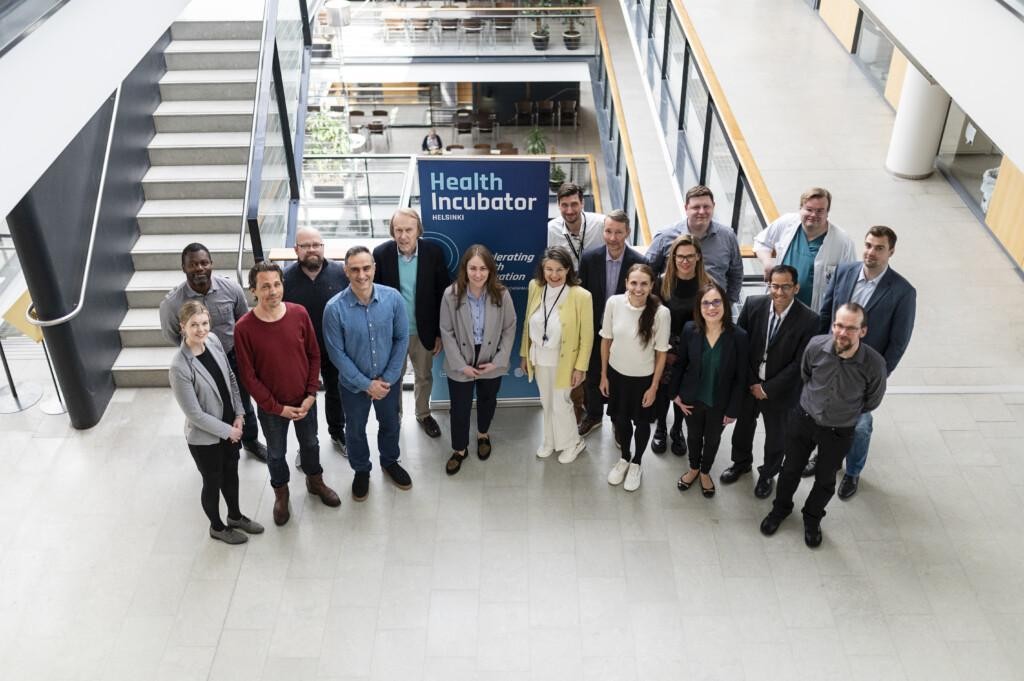
10 health and life sciences startups with high growth potential have been selected into the fifth program of Health Incubator Helsinki. In total, the incubator received 49 high-quality applications from Finland and central Europe.
Health Incubator Helsinki is a long-term incubator program driving the transformation of health innovation, research findings and expertise into international business and attracting new talents, teams and companies to Helsinki. The concept is unique in the Nordics in its focus and duration: the incubator focuses solely on health-related startups, and the program lasts up to three years.
For the fifth incubator program that kickstarted in May 2024, Health Incubator Helsinki received 49 high-quality applications representing a wide range of health-related businesses. Most of the applications came from Finland. In addition, the incubator attracted interest from teams based in other countries, including Switzerland, Sweden, Estonia and Latvia.
After the interviews, the following companies and teams were selected: Ankerias, EsaDres OU, Mind’s Eye, Natal Mind, NE Device SW, Otos, RoboMed, SeeTrue Technologies, Solid IO and Surgerix UEF.
“During the selection process, we emphasized team dedication and skills, business scalability to international markets and high growth potential”, says Christian Lardot, Health Incubator Helsinki Leader.
Up to 3 years of customised mentoring and advice
The incubator program, initiated by Business Helsinki and the University of Helsinki, provides long-term support, including customized mentoring and advice and broad network opportunities. The teams are also offered office and co-working facilities at Terkko Health Hub, in close proximity to HUS (Helsinki University Hospital). The incubator services are free for the participants, apart from a small fee for the office space.
The new teams and startups selected into the program will start their journey with a two-month onboarding, emphasizing product and service concept development and how to secure funding. After the initial period, the support will be focused on advising each team individually. In addition, webinars, investors and Get-together meetings are organized.
“According to our annual customer satisfaction surveys, valuable aspects for the teams has been to get support in securing financing, peer-to-peer support, and utilizing Health Incubator Helsinki’s international network in getting contacts with investors and industry experts”, Lardot points out.
Addressing emerging trends
With the latest batch of startups, Health Incubator Helsinki companies now develop an even more diverse range of technologies and new concepts that serve various needs of both the research community as well as end-users and care givers. Trends such as AI, Telemedicine, Biodata and Personalized medicine are emerging and strengthening their presence in the health space. Many of the selected companies align with these emerging trends.
“We look forward to working with the startups and teams to support them in their growth plans and provide them with the needed support,” says Lardot.
“We would also like to encourage startups and research teams to be in contact with us as we are continuously looking for new growth companies” says Lardot. We will open the next call in February 2025.”
Meet the 2024 batch of Health Incubator Helsinki startups
Ankerias
Ankerias provides healthcare professionals a digital platform that enhances the treatment of chronic pain patients. Using pain diary app, data analysis, AI/ML and physiological modelling Ankerias personalizes and targets spinal cord stimulation (SCS) pain therapy. Ankerias brings together a unique combination of expertise in the physiology of the pain and artificial intelligence. Our passion is to fuse these with cutting-edge technology to create a game-changing healthcare solution for chronic pain.
EsaDres
EsaDres was founded by the University of Tartu researchers in 2023. EsaDres provides personalized solution for the treatment of chronic wounds by preparing customised high-quality wound dressings for patients in clinics on-demand. Their technology and manufacturing will be automated, validated to achieve the high manufacturing standards at the point of care and the method enables production of various wound dressings according to the needs.
Mind’s Eye
Mind’s Eye is accelerating eye-tracking diagnostics. Mind´s Eye develop optimal and comprehensive eye-tracking solutions for large-scale screening trials. Mind’s Eye empowers individuals with affordable yet scientific-grade eye tracking at home to help identify deficits and guide interventions.
Natal mind
Natal Mind is a revolutionary, AI-powered birth coach and perinatal mental health support for both parents, always available on their mobile phones. The virtual coach, Natalie follows the Nordic Method: Clinically validated journey to better birth and calmer parenthood. Natalie is following an emotion tracking algorithm developed and tested in Aalto University and connected with wearable data, offering personalised excercises and a future biomarker for perinatal mental health.
NE Device SW
NE Device SW’s Vitacam delivers self-monitoring of vital physiological signs such as respiratory rate, heart rate and oxygen saturation. All this with a mobile app and no other hardware than a smartphone. This enables health providers to save money, by safely discharging less frail patients earlier and gaining efficiencies in the triage of chronic conditions, through remote monitoring.
Otos
Otos is shaping the future with early and profitable hearing care. Their first product, Otoscreen, is a system to help overburdened hearing clinics eliminate and automate cumbersome and costly hearing health diagnosis procedures. This can be done by maintaining or improving the quality of the results, increasing patient throughput, bringing cost-effectiveness, and improving profitability.
RoboMed
RoboMed has innovated a robotic capsule for endoscopy, biopsy and microbiota sampling of the small intestine to diagnose, predict and prevent diseases and disorders with a minimally invasive method. The robotic capsule is working in real-time mode and communicating via a smartphone application while streaming live images and equipped with biopsy needles to perform sampling of small intestine. Taken samples will be carried out of the body for further examination as well as pathology to diagnose and prevent cancers, diseases and disorders.
SeeTrue Technologies
SeeTrue Technologies develops the world’s most robust eye-tracking solutions and integrates them with manufacturers of vision care, optical microscopes, and AR/VR devices. The significance of eye tracking has surged, making it an indispensable technology for intelligent interactive systems that understand, predict, and react to human behavior.
Their approach, crafted by a team of experienced tech professionals, stands out for its small footprint, exceptional robustness, computational efficiency, minimal compute requirements, and versatile deployment on any hardware, distinguishing it from methods relying solely on machine learning predictions. This empowers customers to unlock new insights, offer personalized solutions, and make a profound impact on society.
Solid-IO
Solid-IO is revolutionizing cancer care by eliminating guesswork and enhancing accessibility to immunotherapy drugs with a scalable and fast solution. Through the miniaturization of a patient’s tumor and immune cells in distinctive organ-on-a-chip assays, Solid-IO recreates an individual’s specific antitumor immunity. This empowers oncologists to make informed decisions when choosing personalized treatments for their patients.
Surgerix
Surgerix is the future of microsurgery. Surgerix is developing and pre-commercializing a medical device software solution. Their project is a spin-off from University of Eastern Finland and Kuopio University Hospital Microsurgery Center.
Contact information
Christian Lardot, Health Incubator Helsinki Leader
Tel. +358 40 195 2639
christian.lardot@hel.fi
About Health Incubator Helsinki
Health Incubator Helsinki is a comprehensive incubator program in Finland for research-based, early-stage teams and startups operating in the health sector. The incubator, initiated by Business Helsinki and the University of Helsinki, and provided in partnership with Health Capital Helsinki, started operations in 2020. It is part of a consortium that supports startups and research-based teams from universities and SPRAK Finland to develop their health and life sciences innovations and business concepts towards becoming growth companies. Currently, 29 health startups and 20 alumni companies are part of the incubator program.
